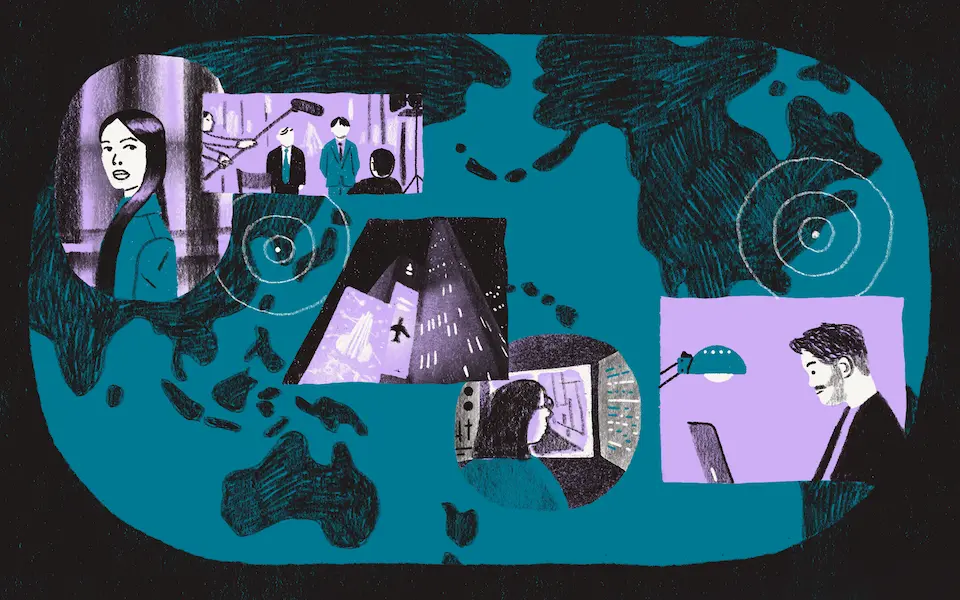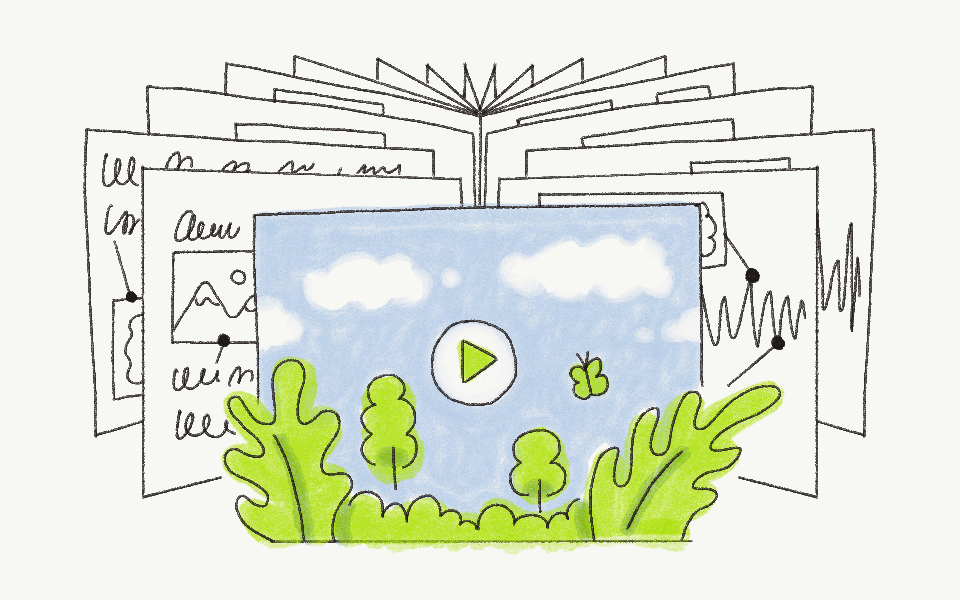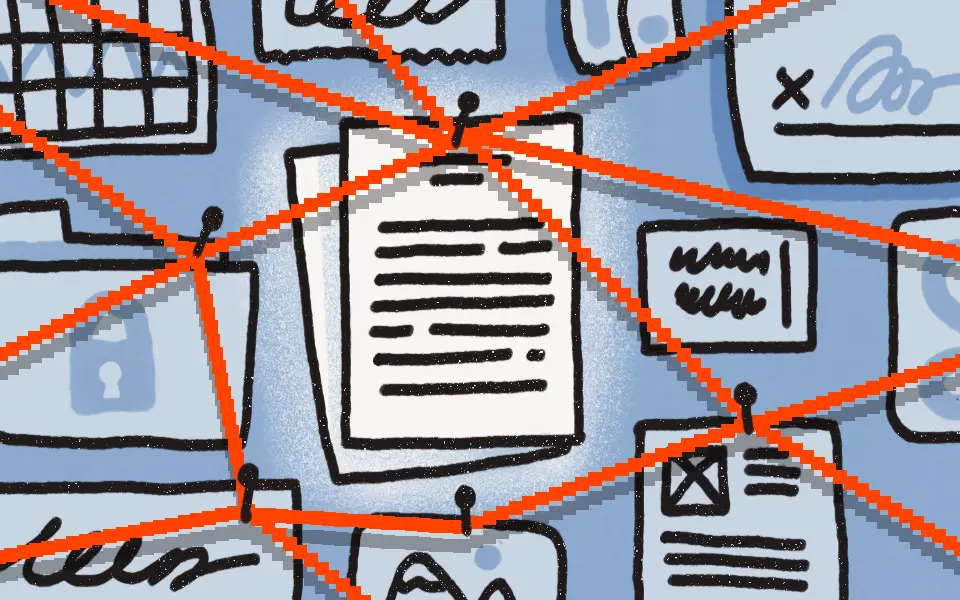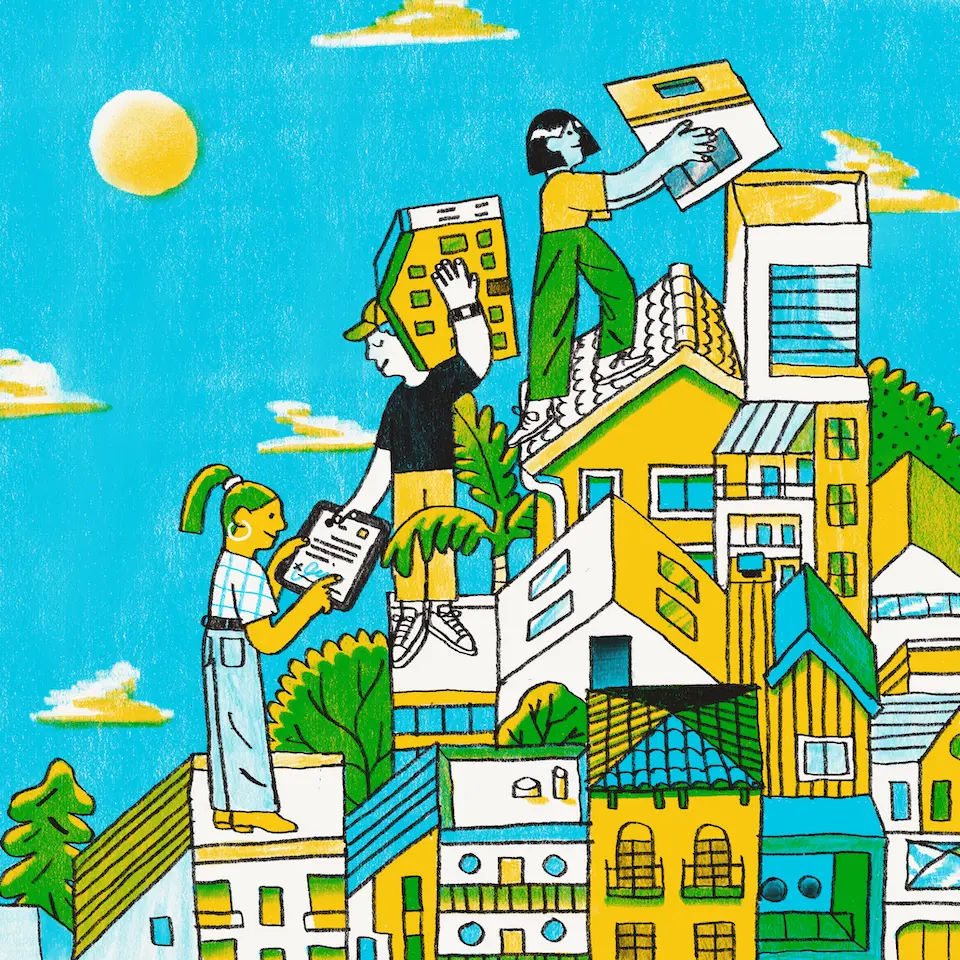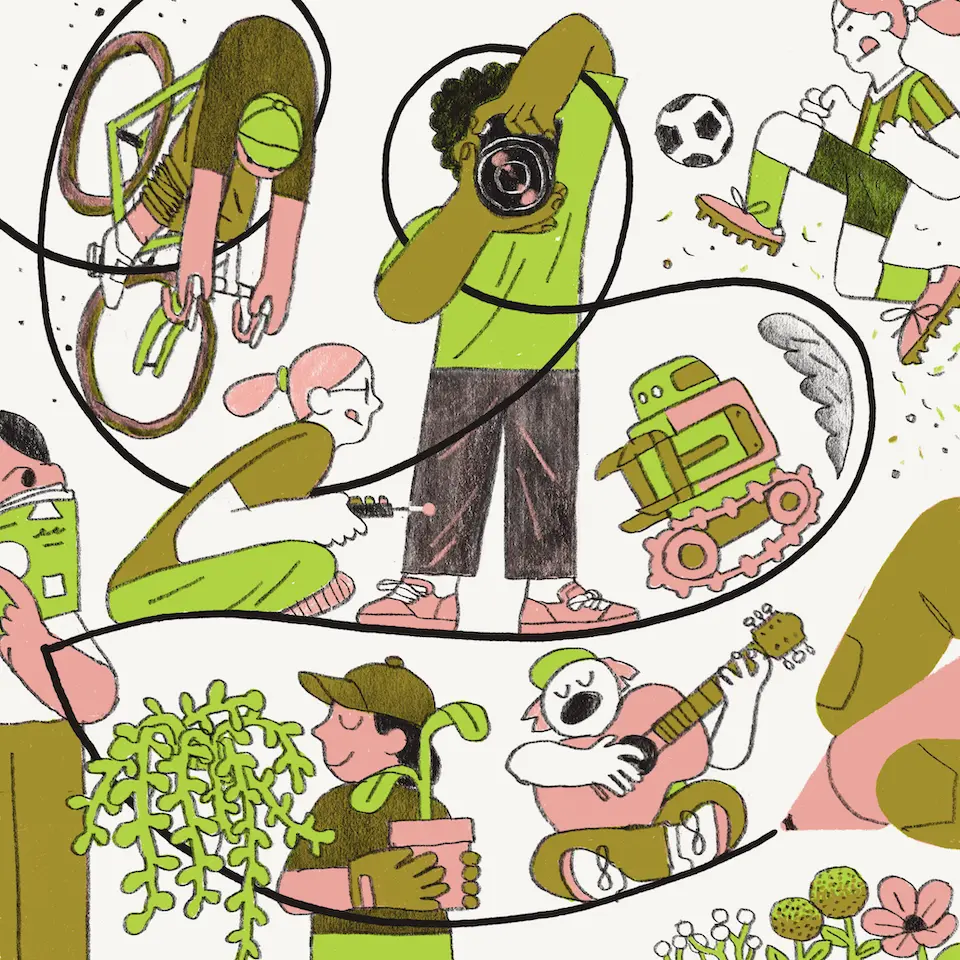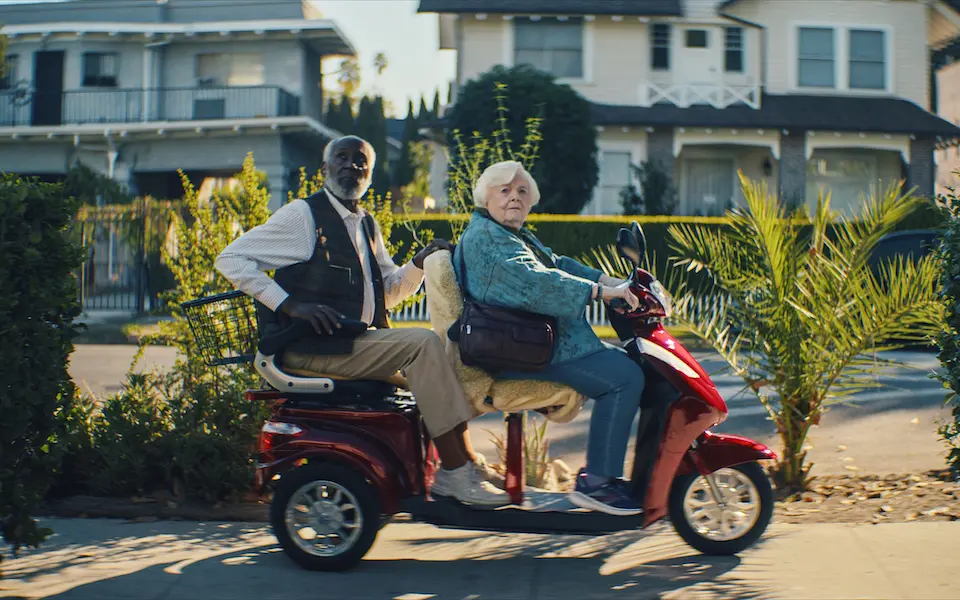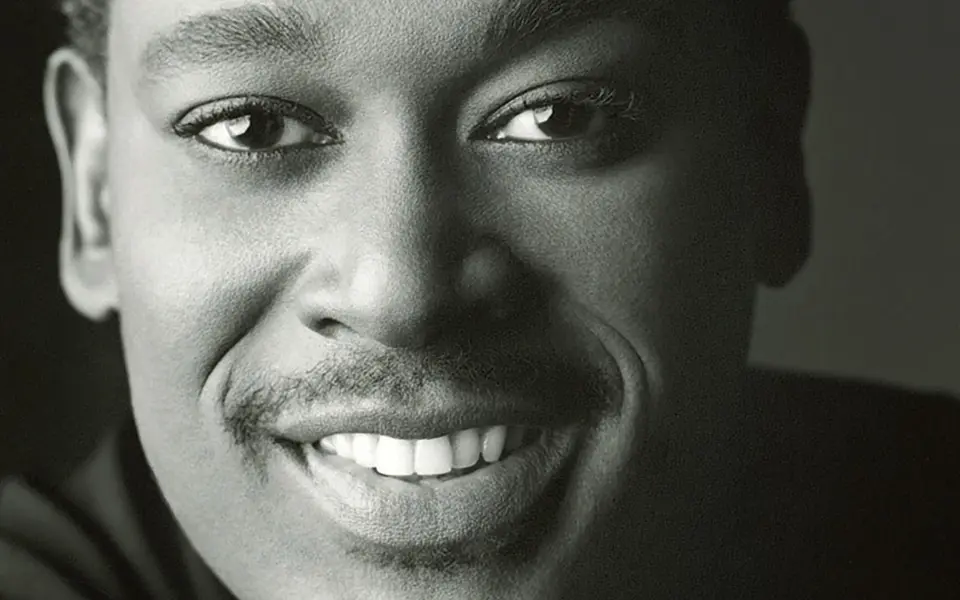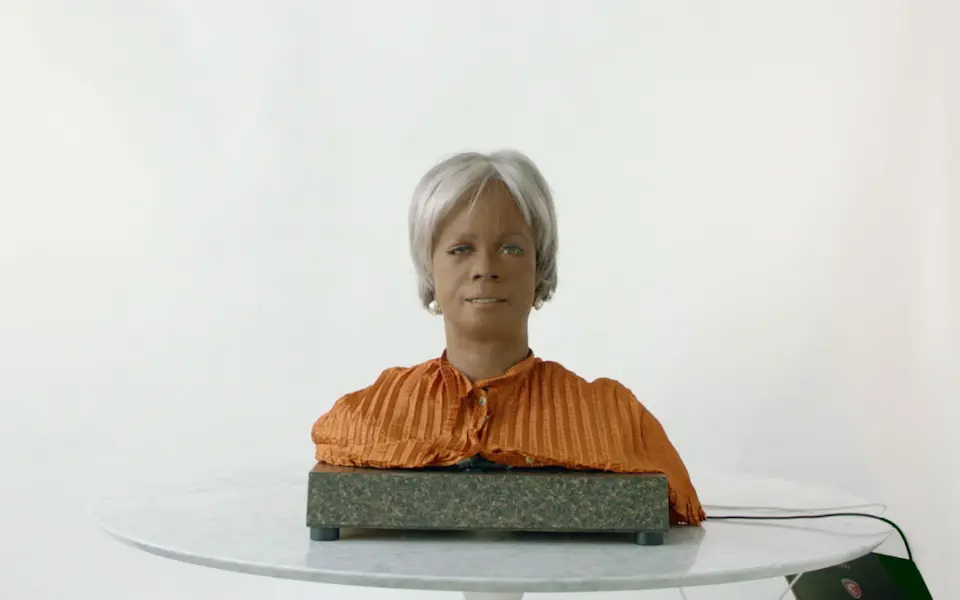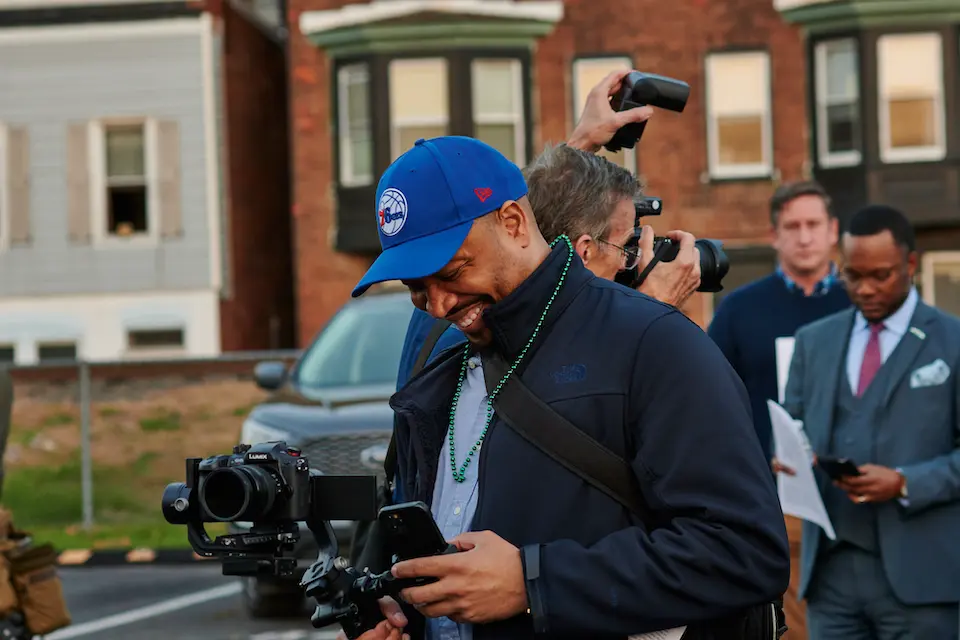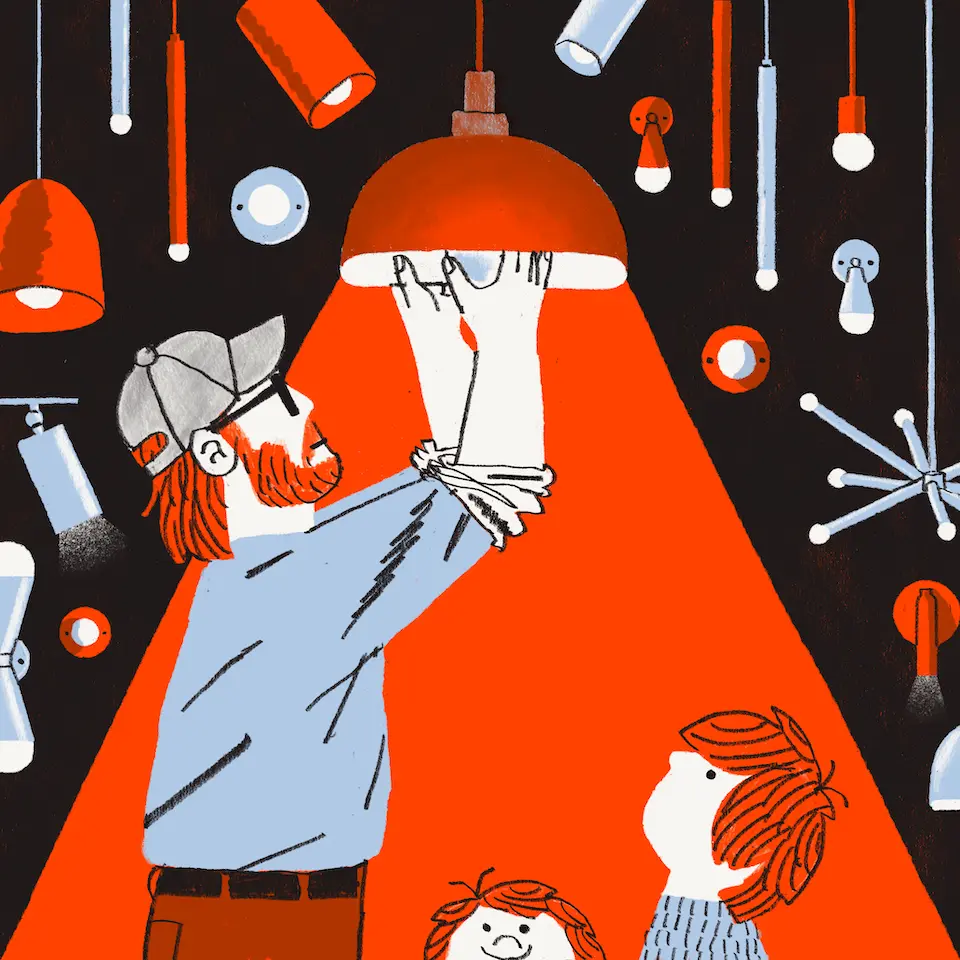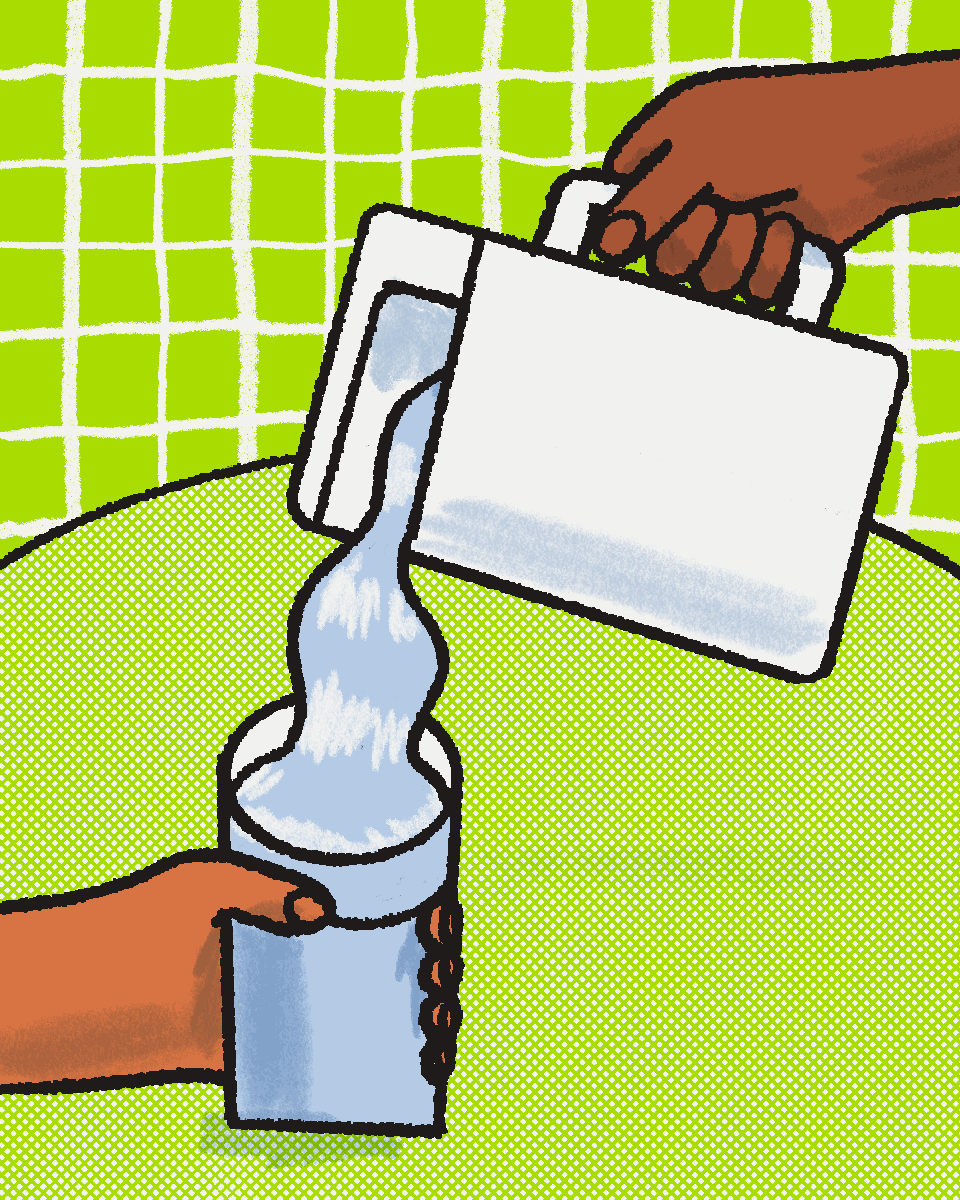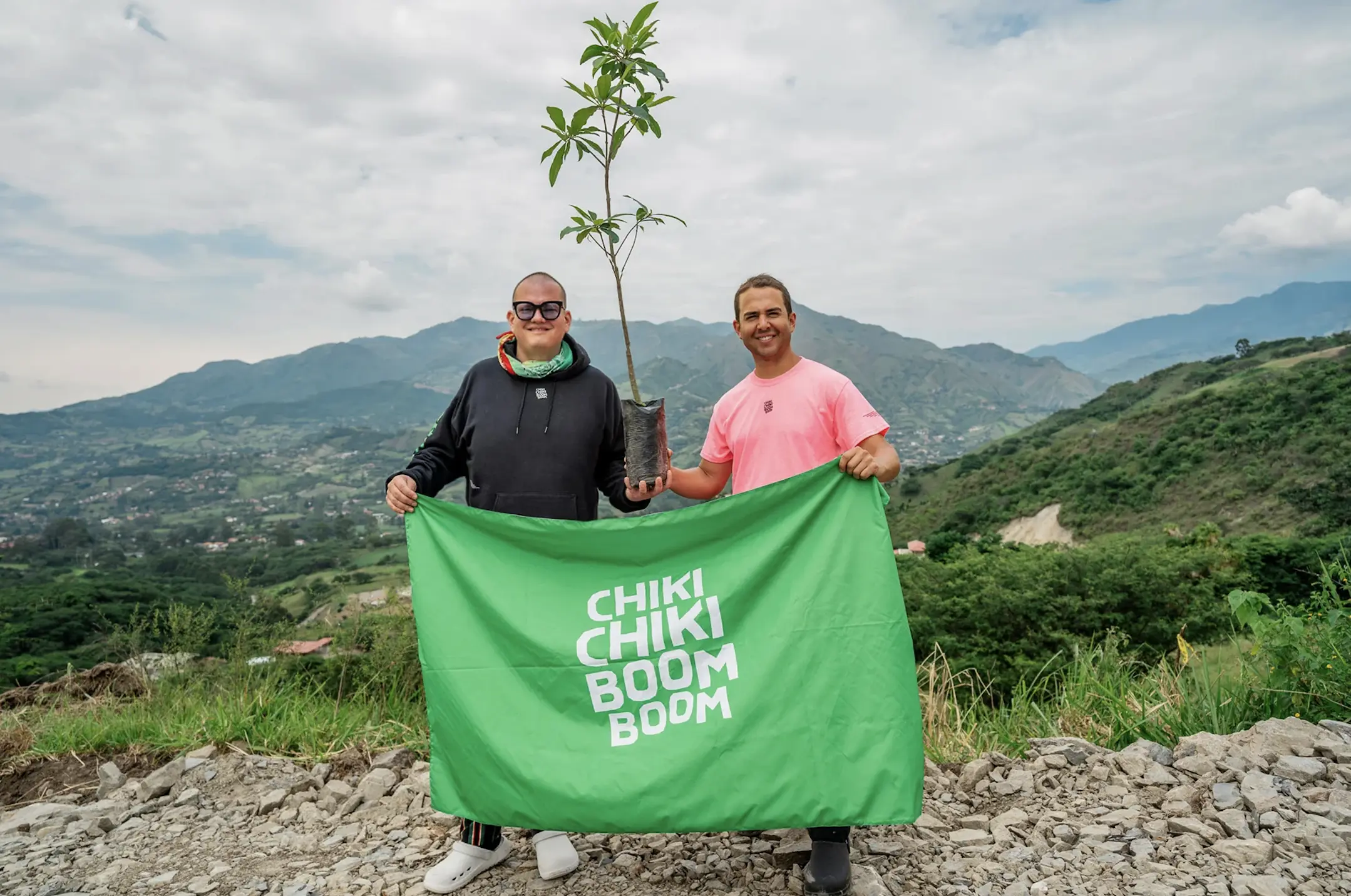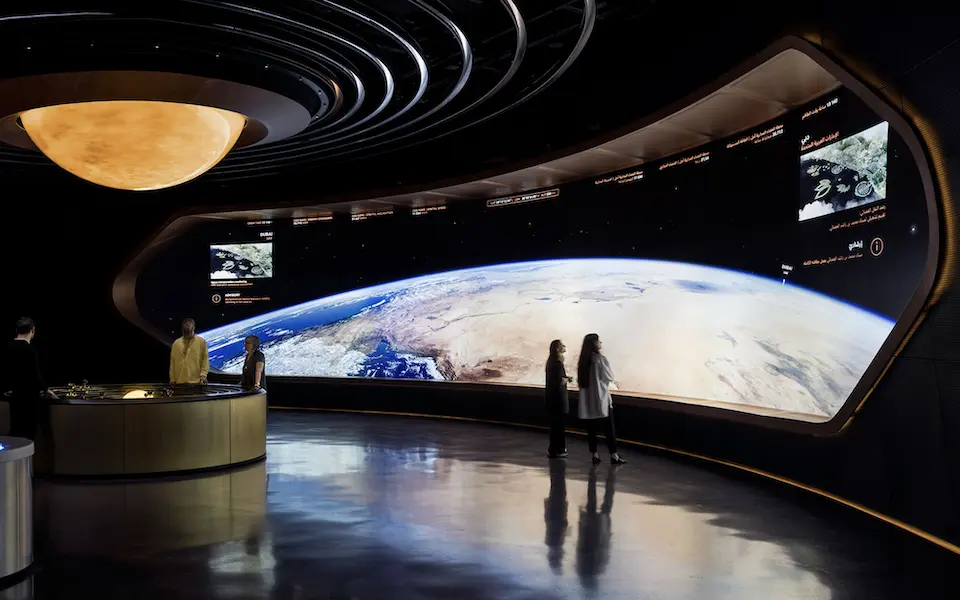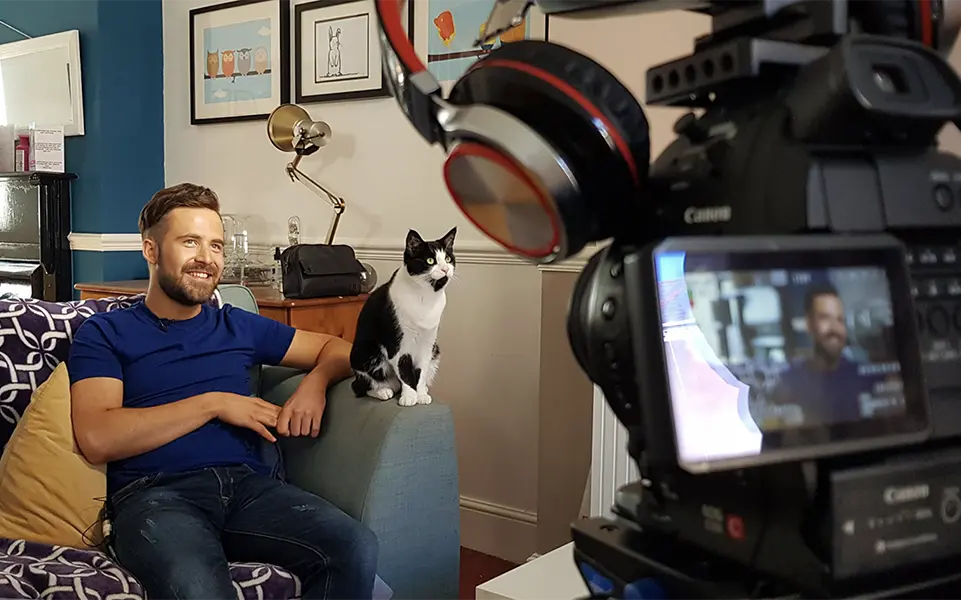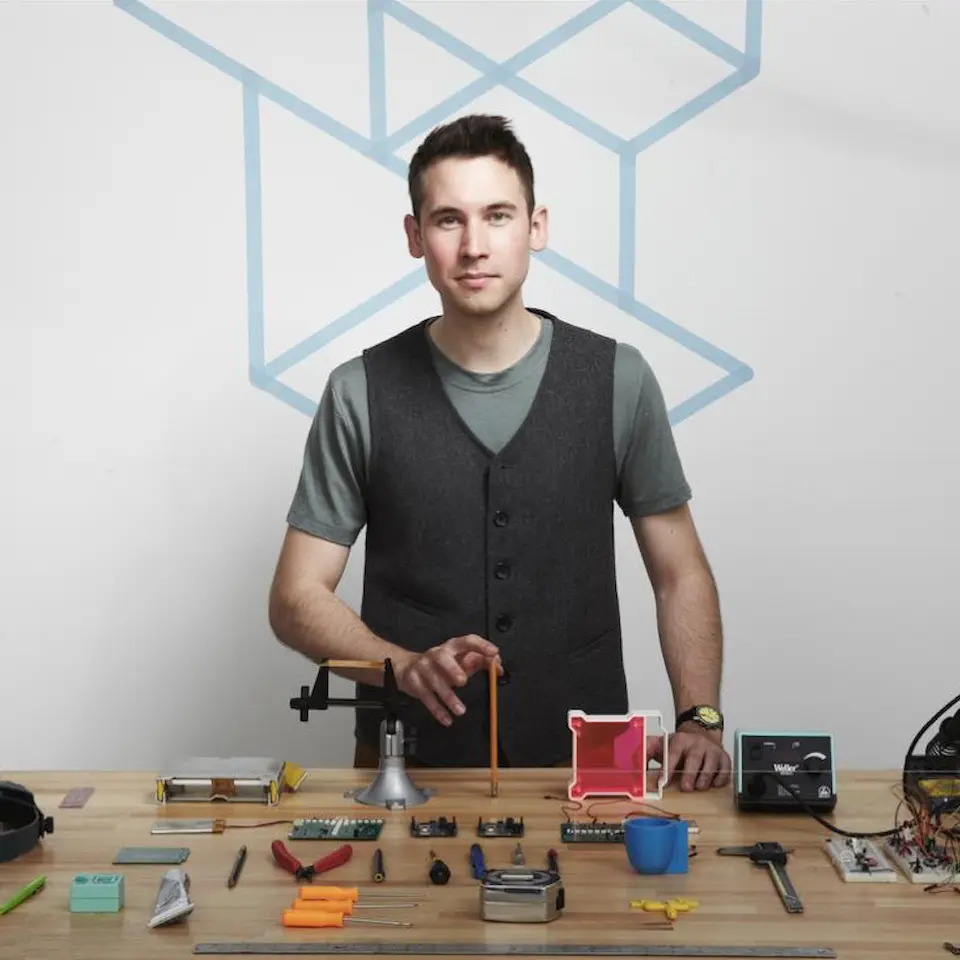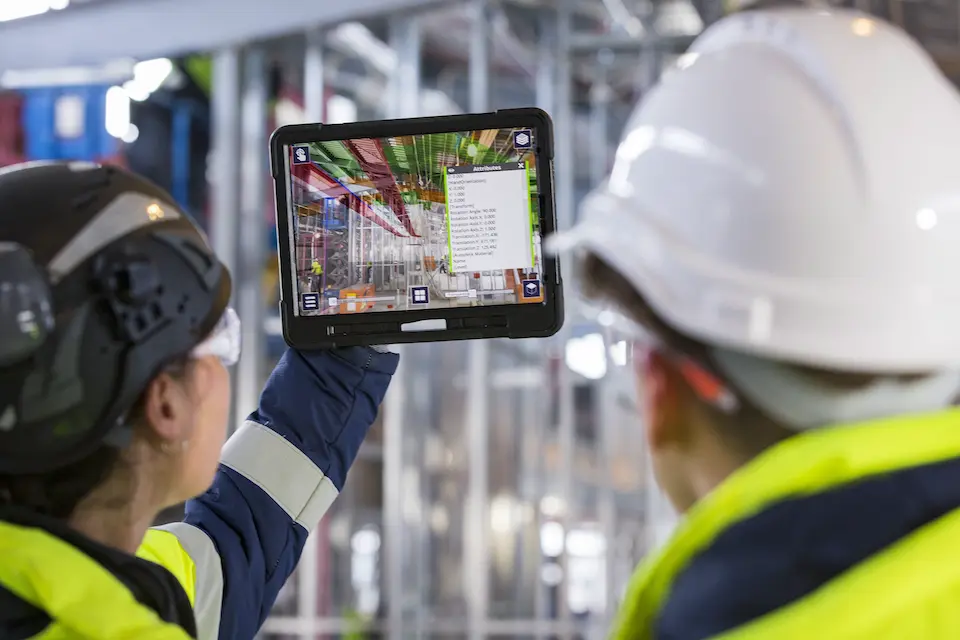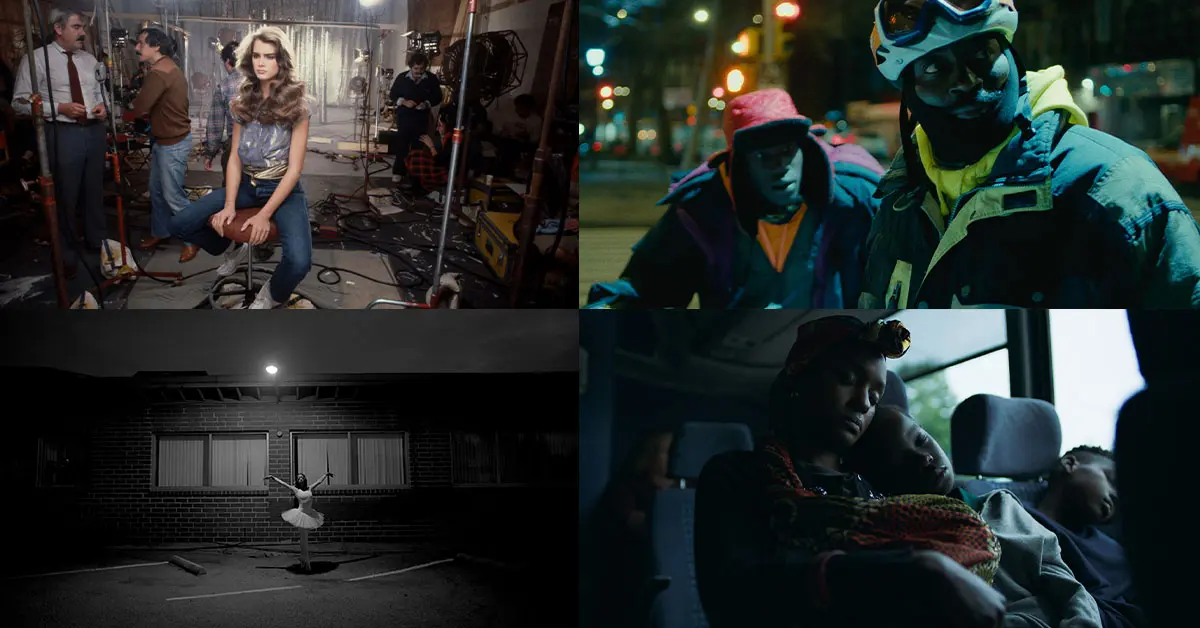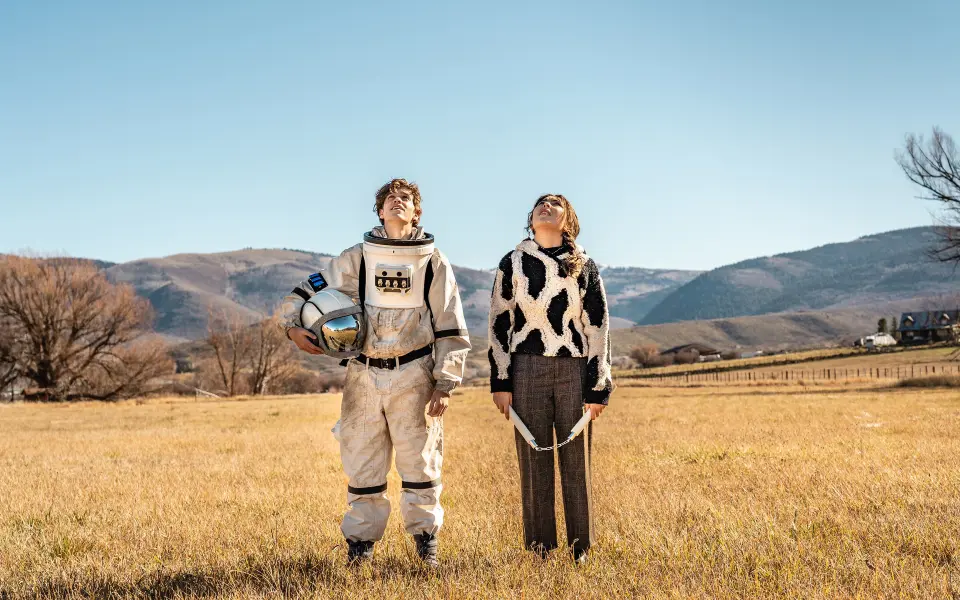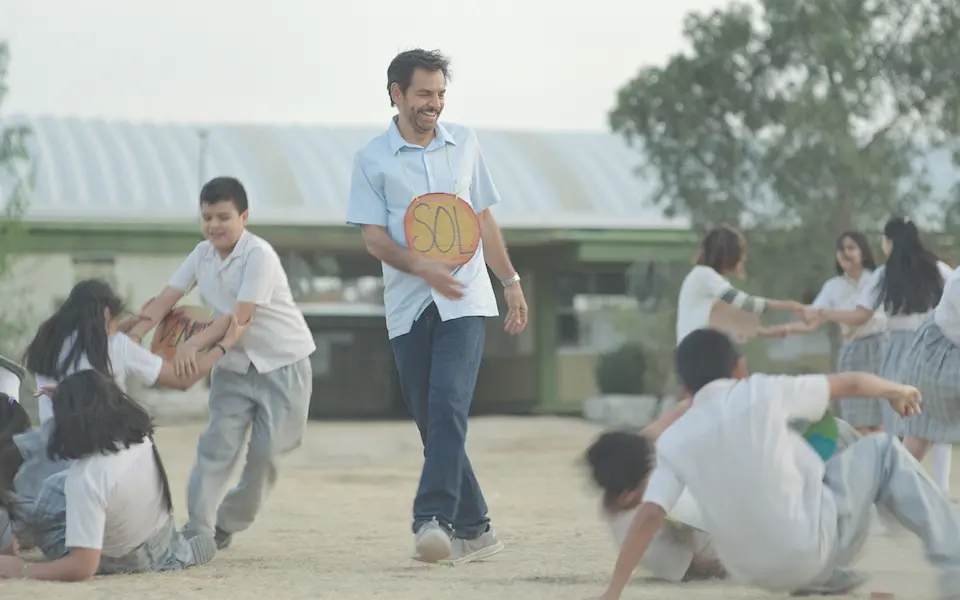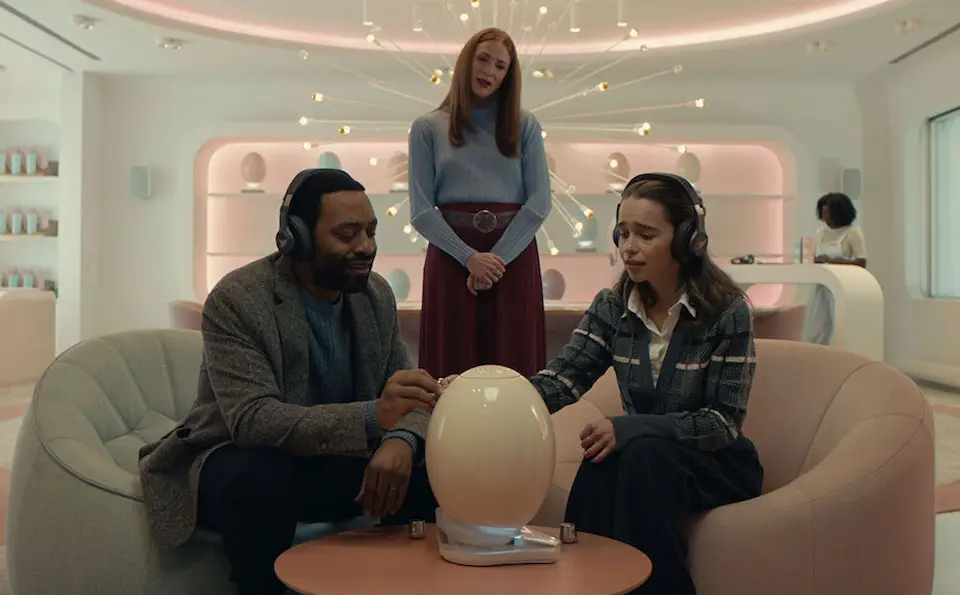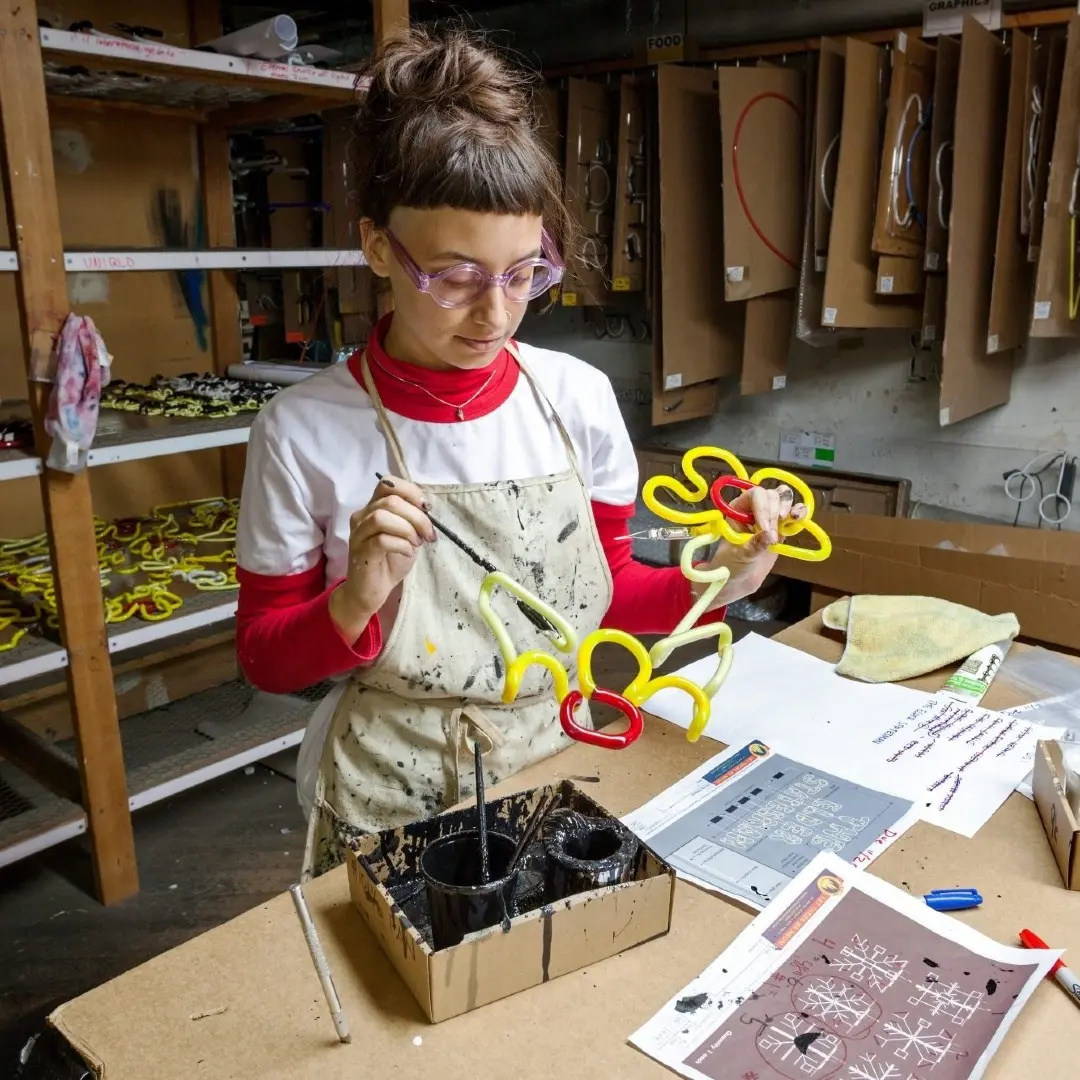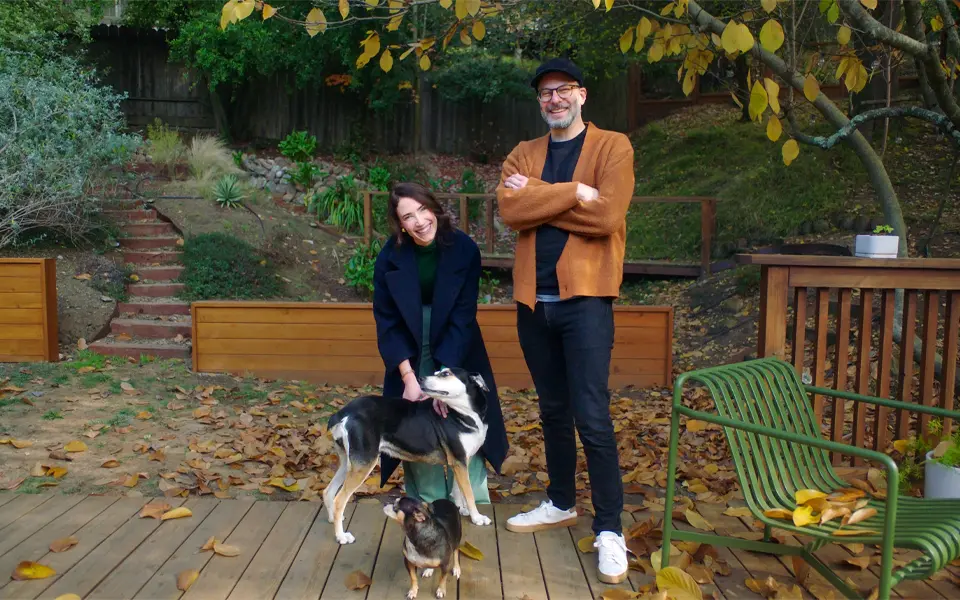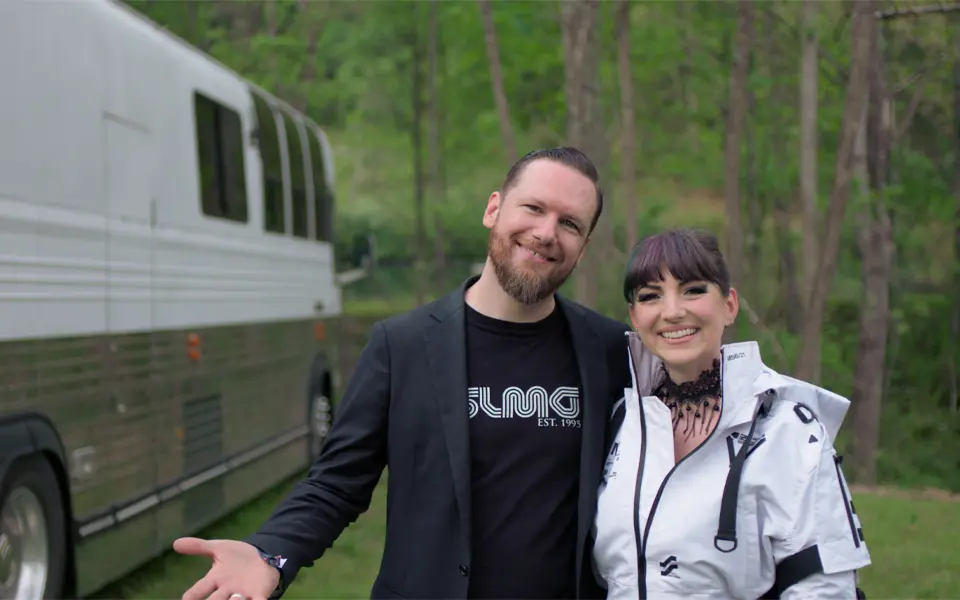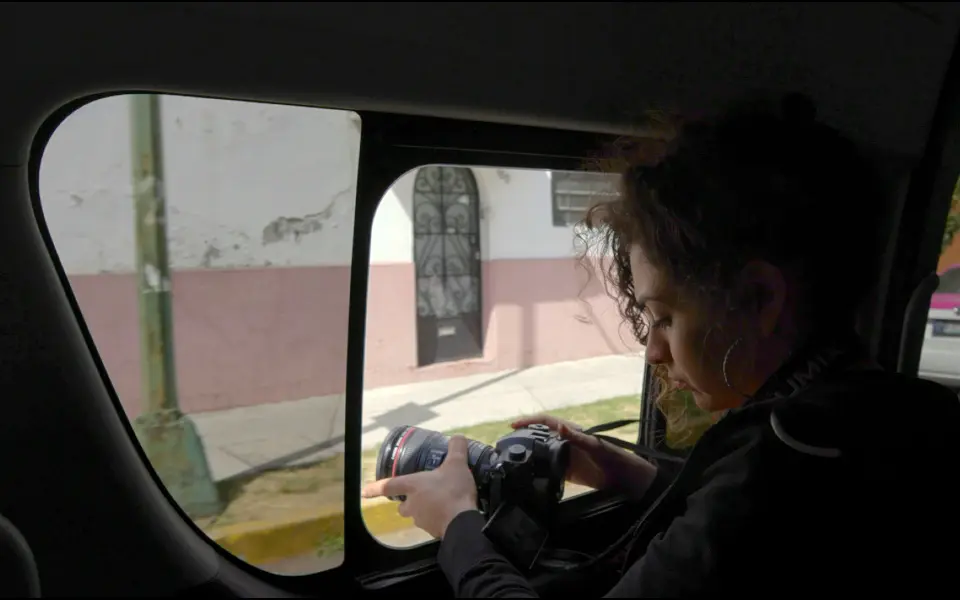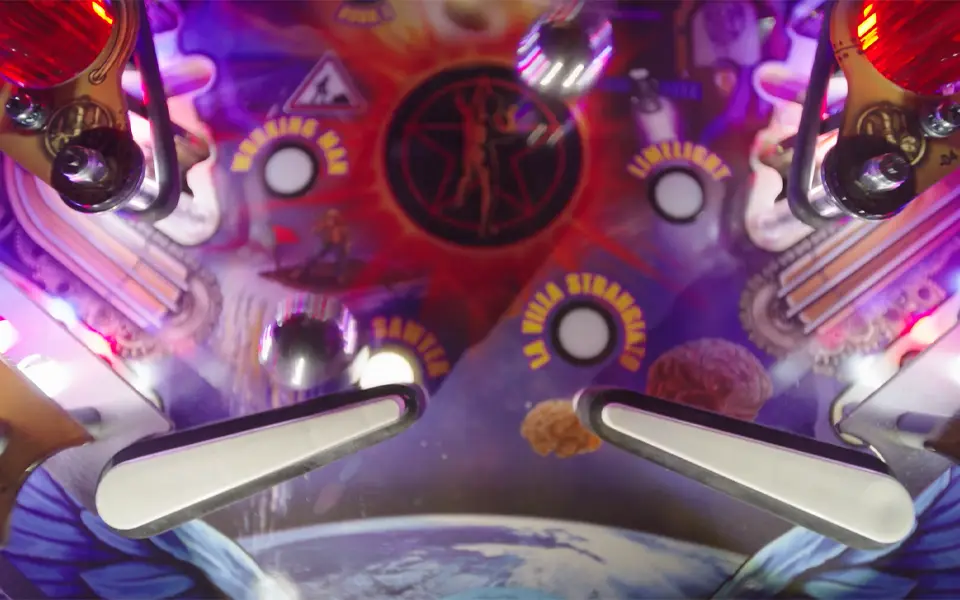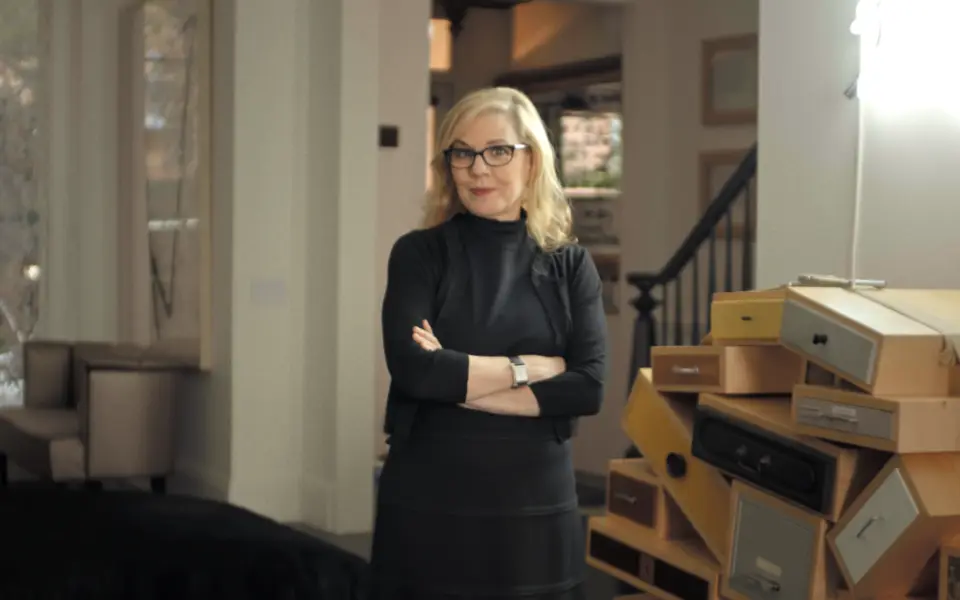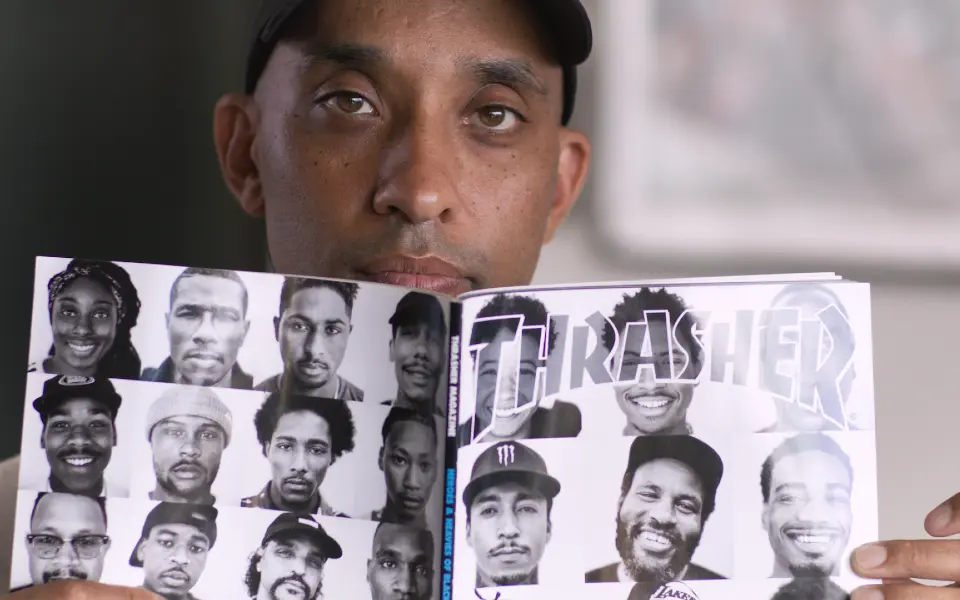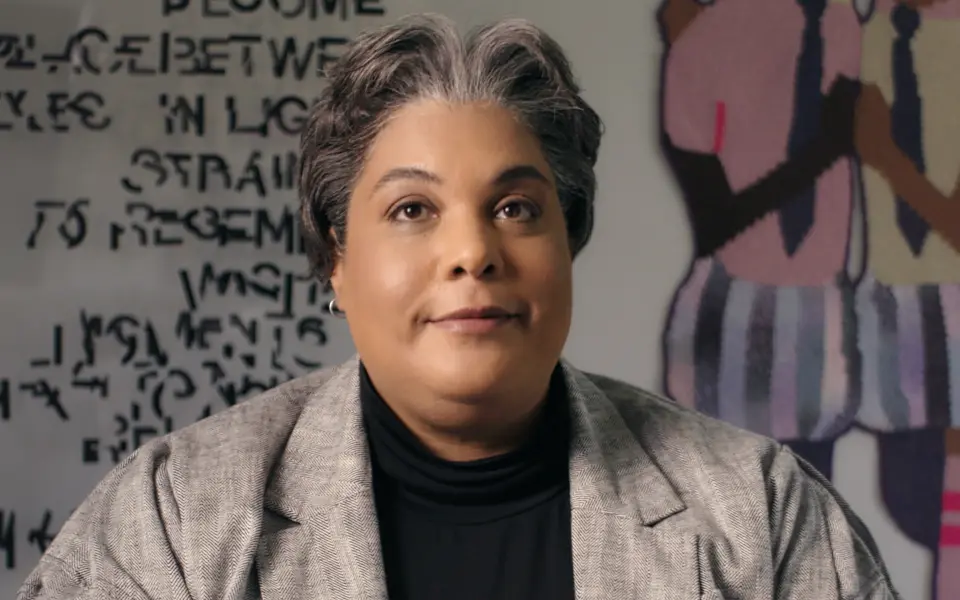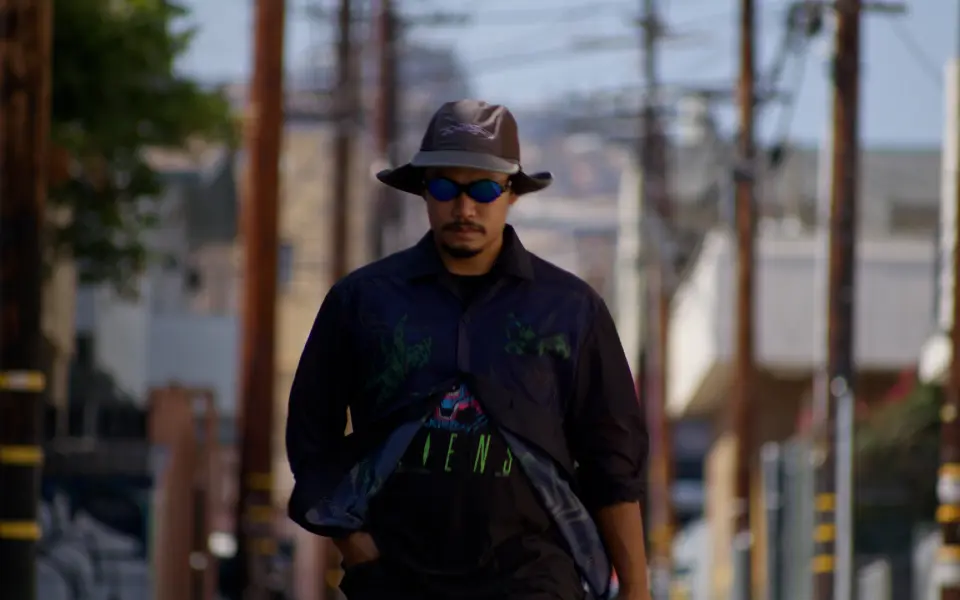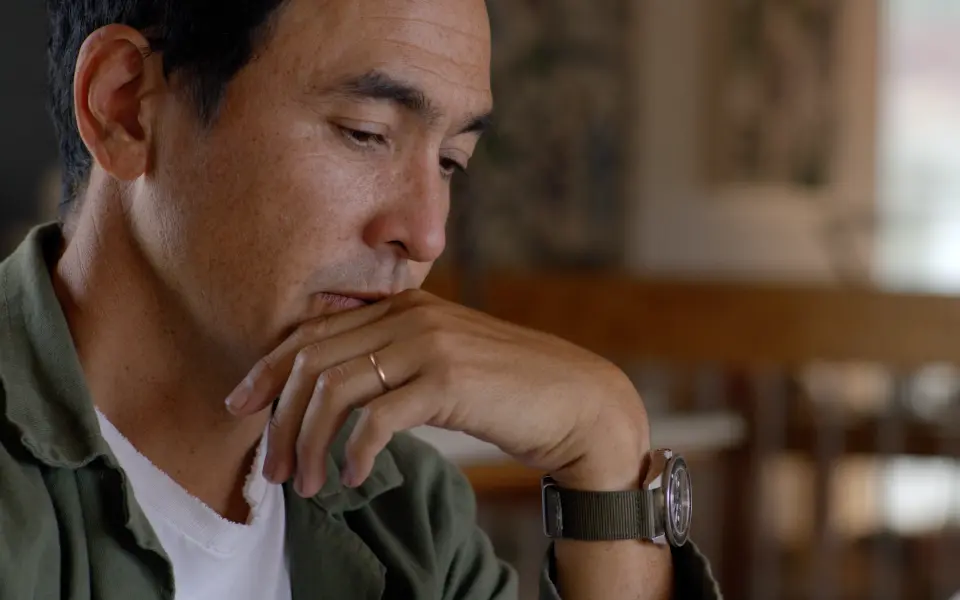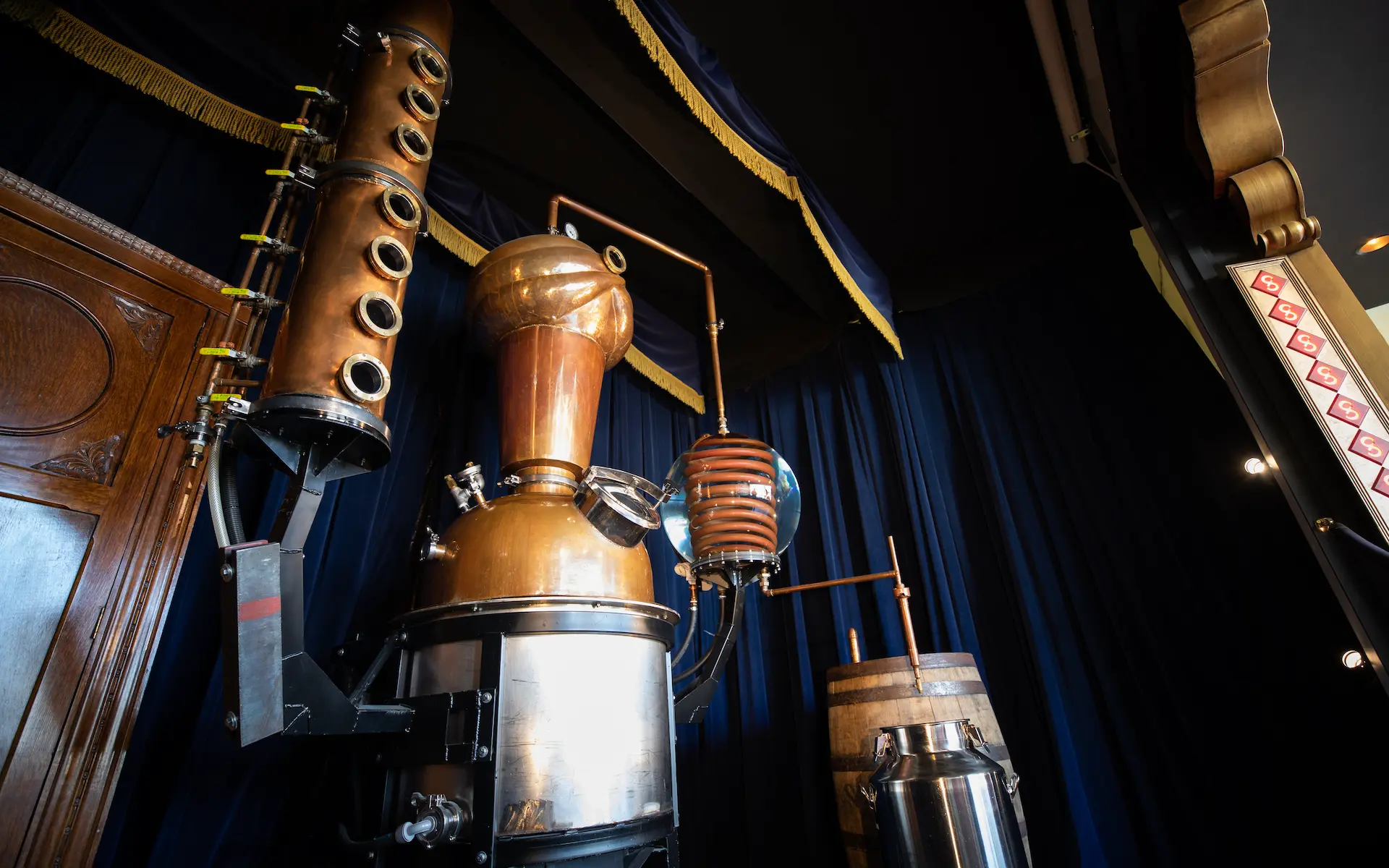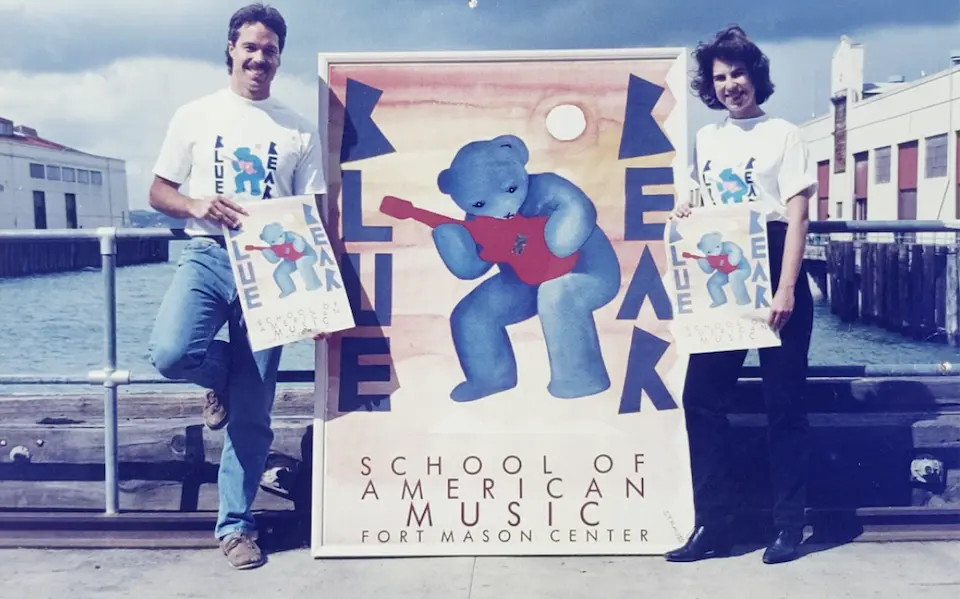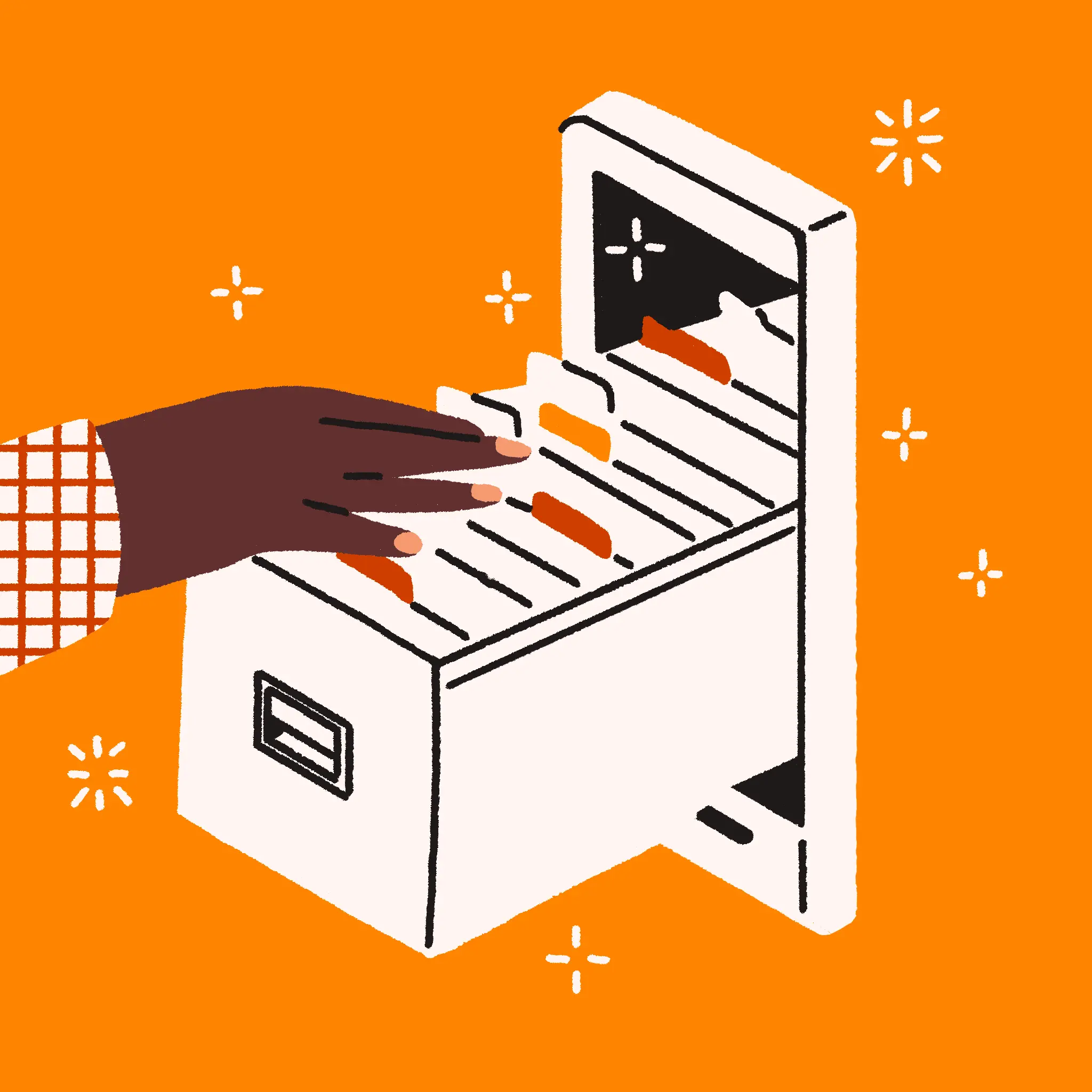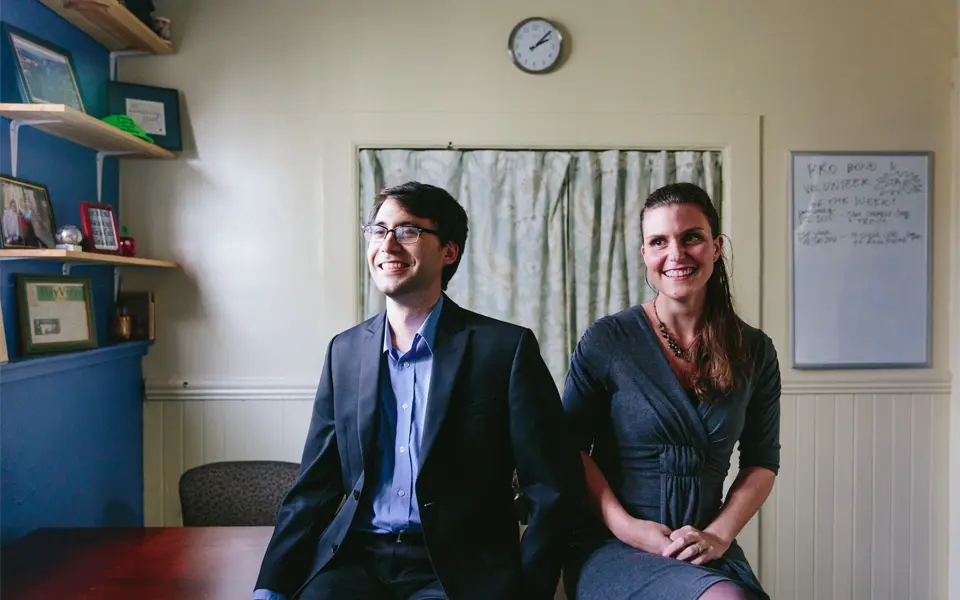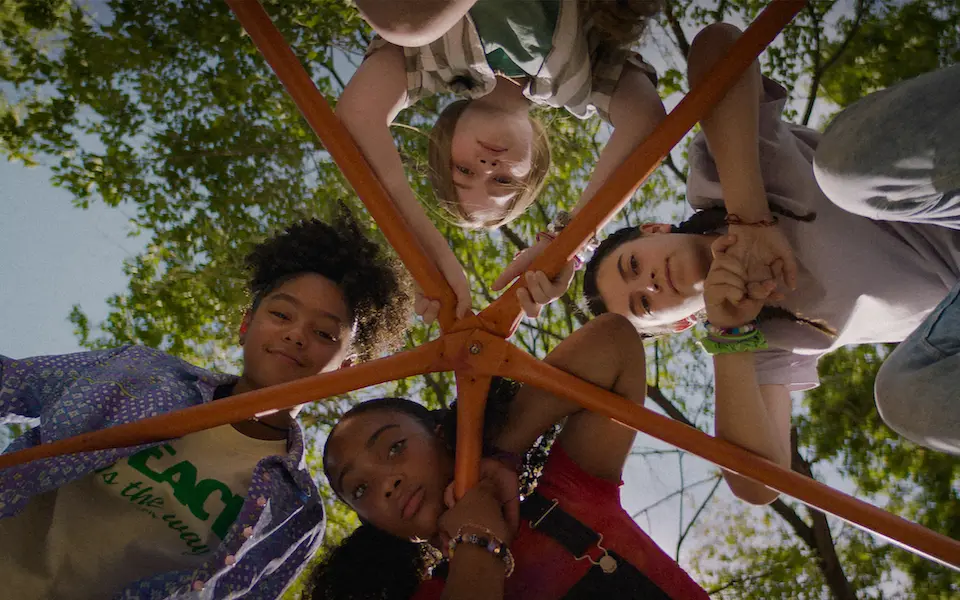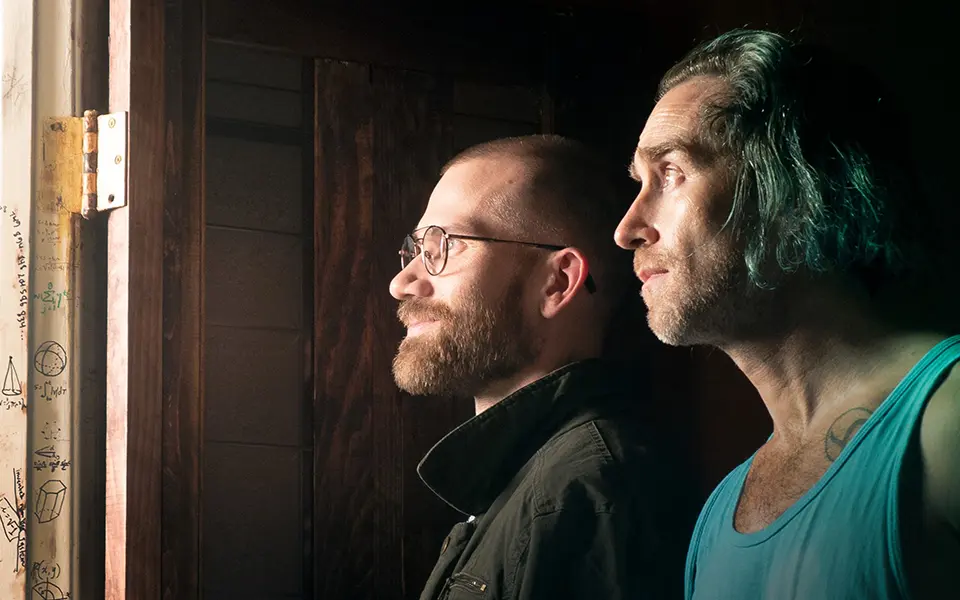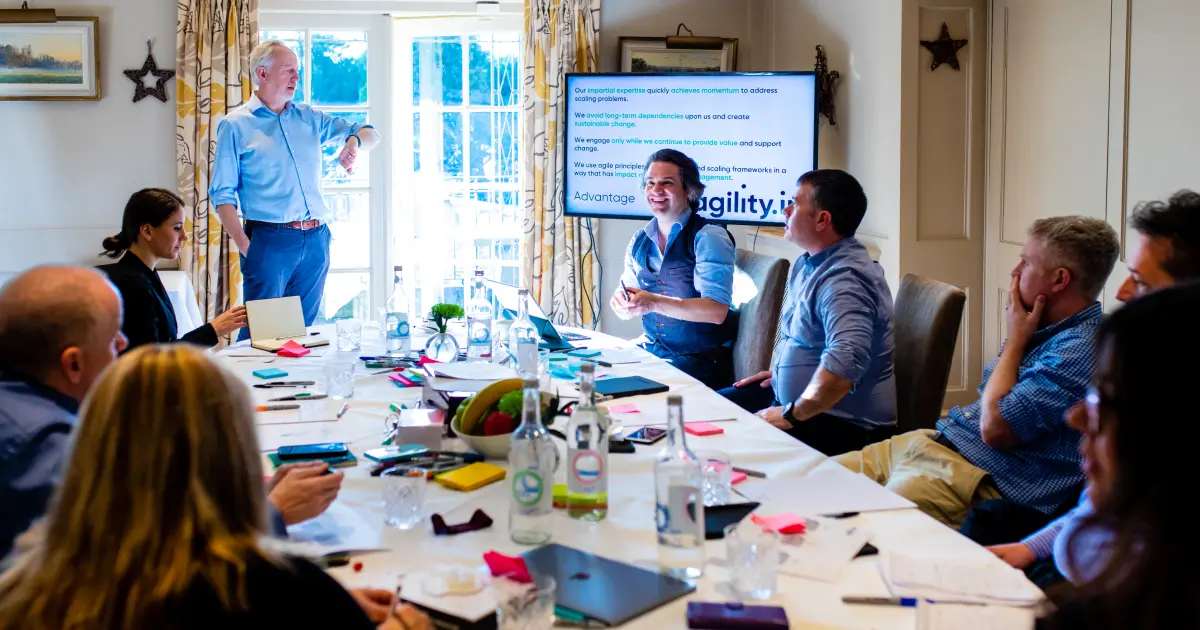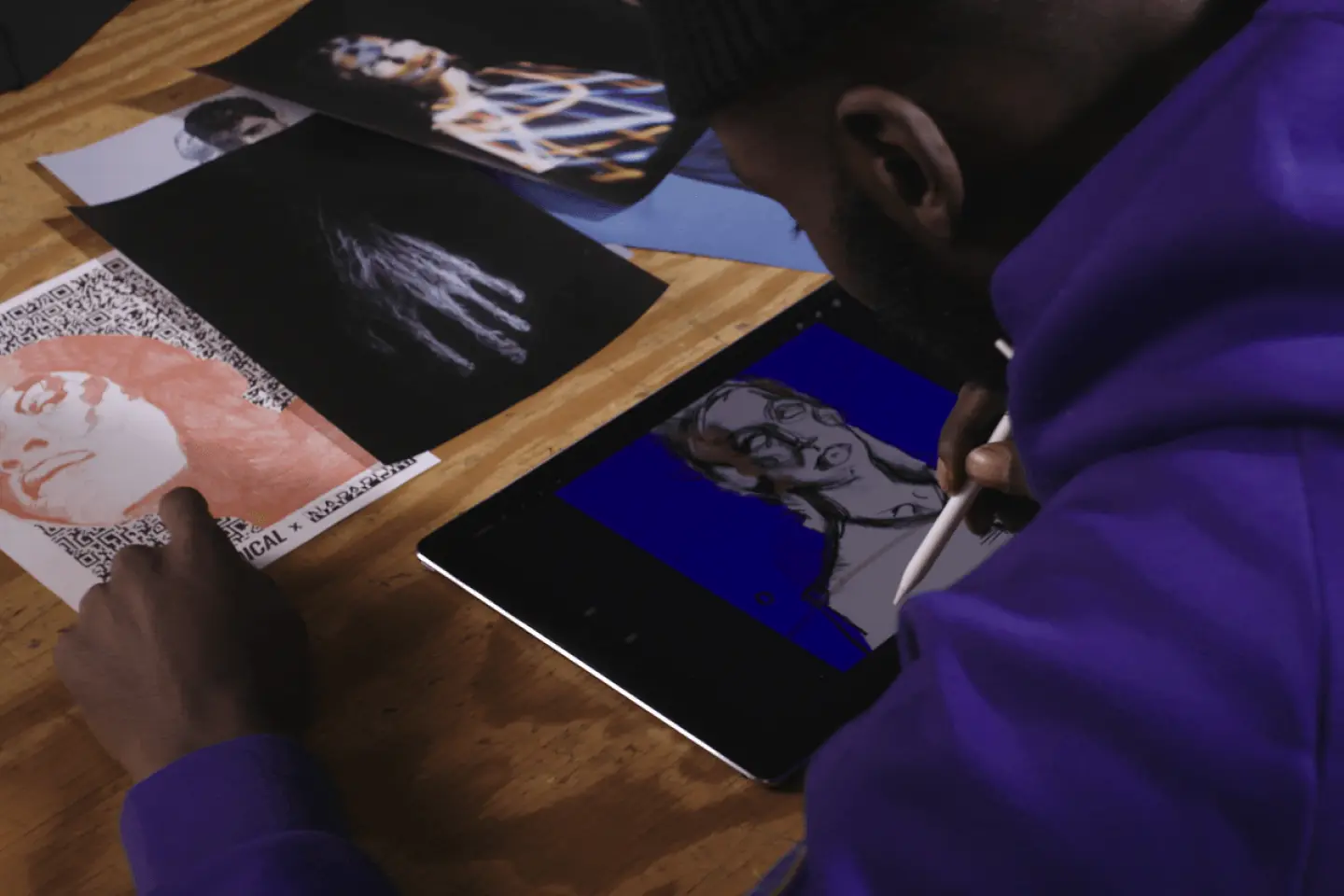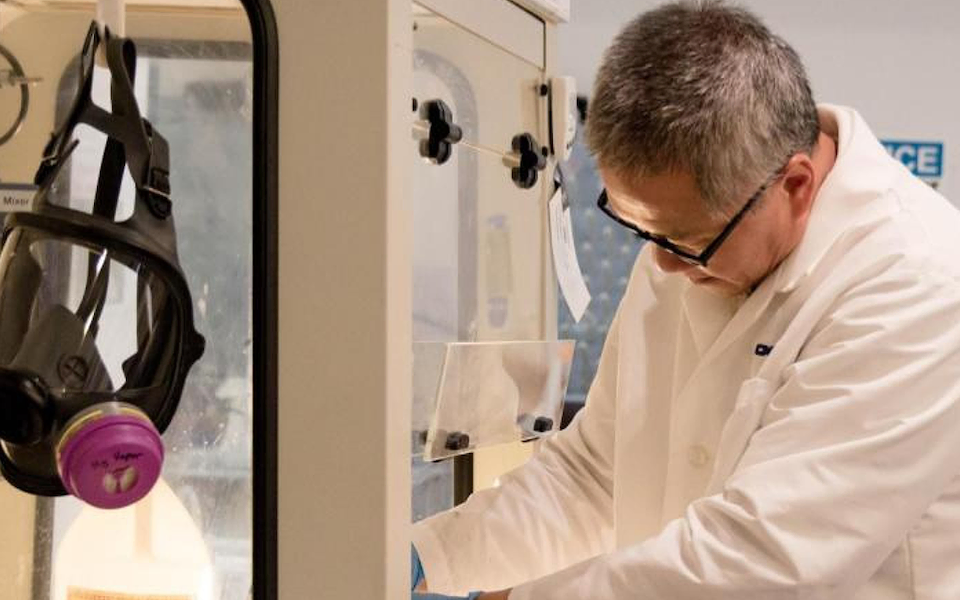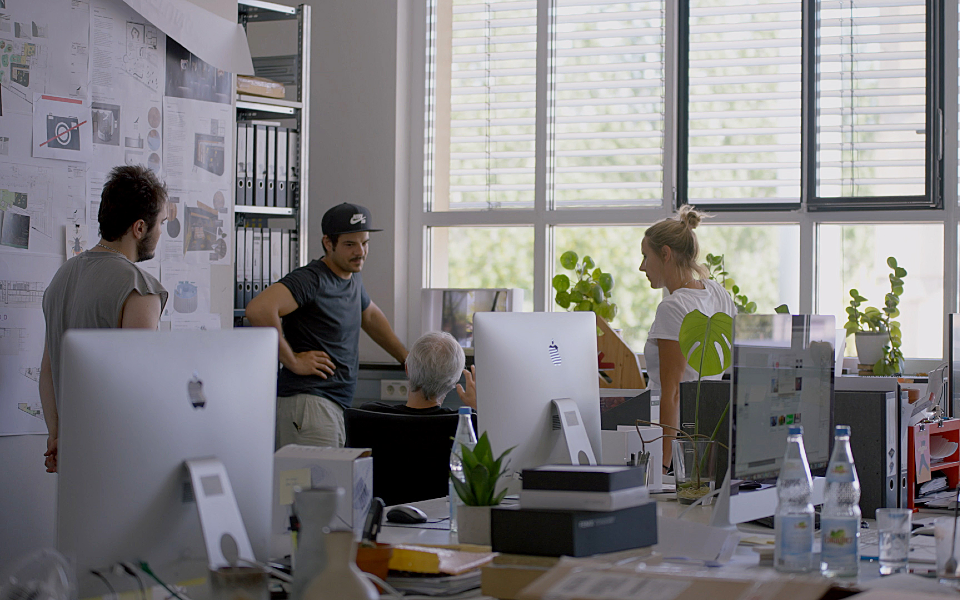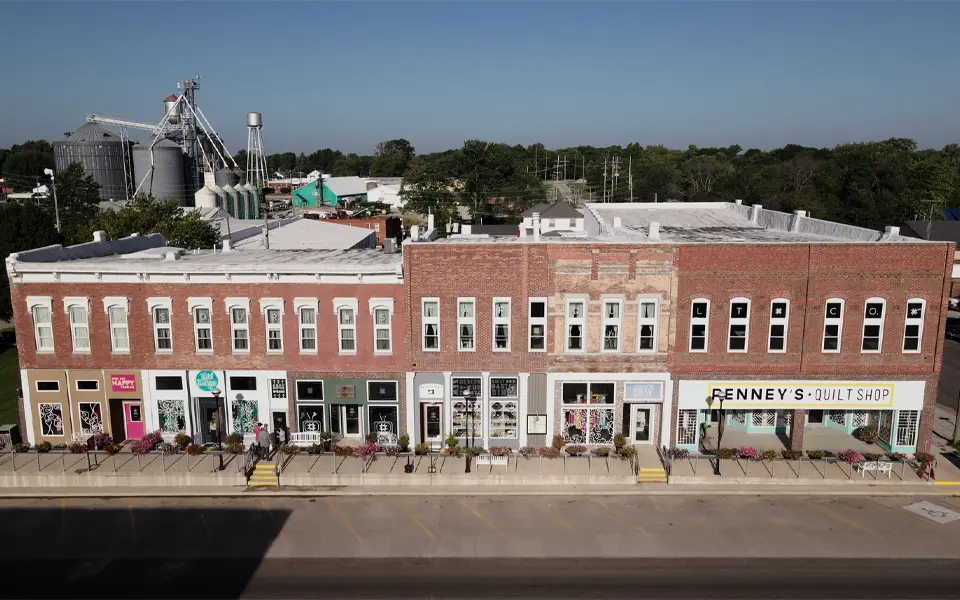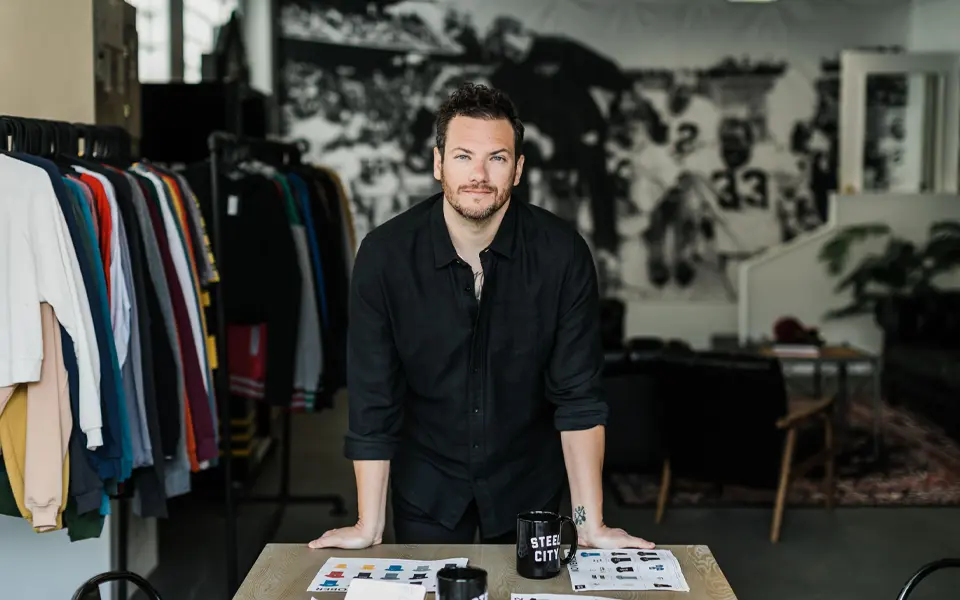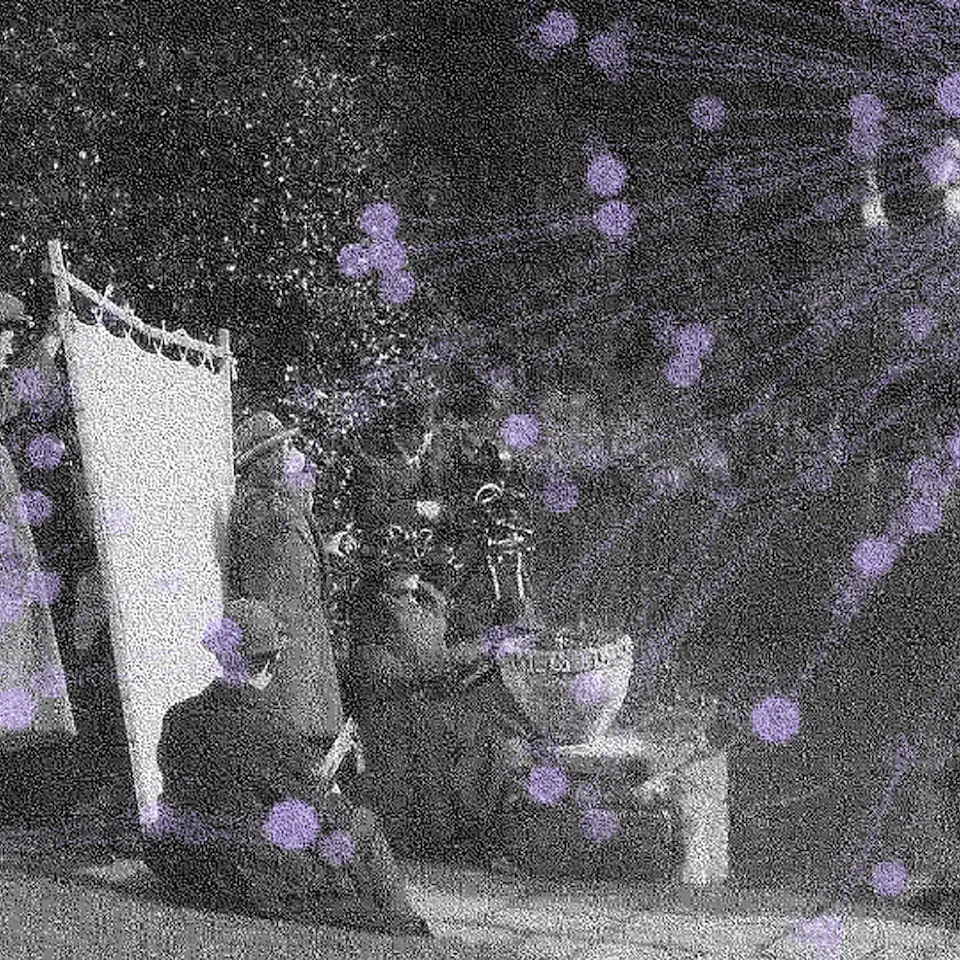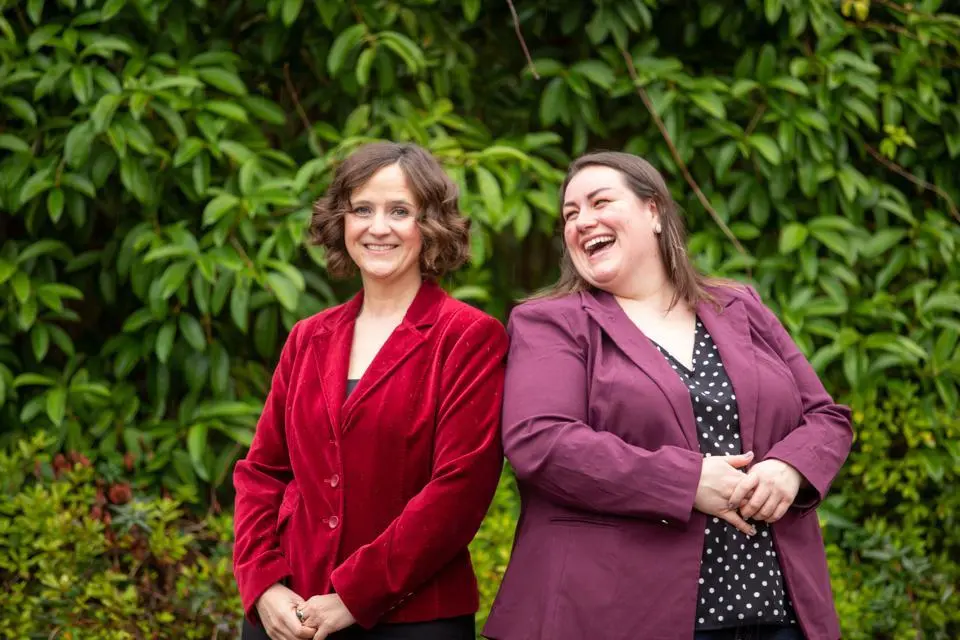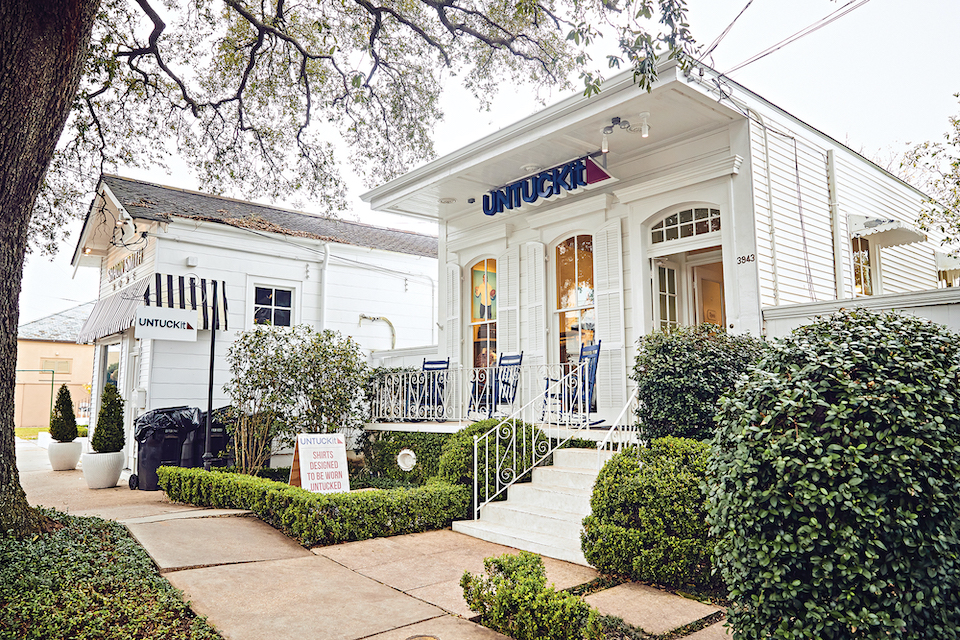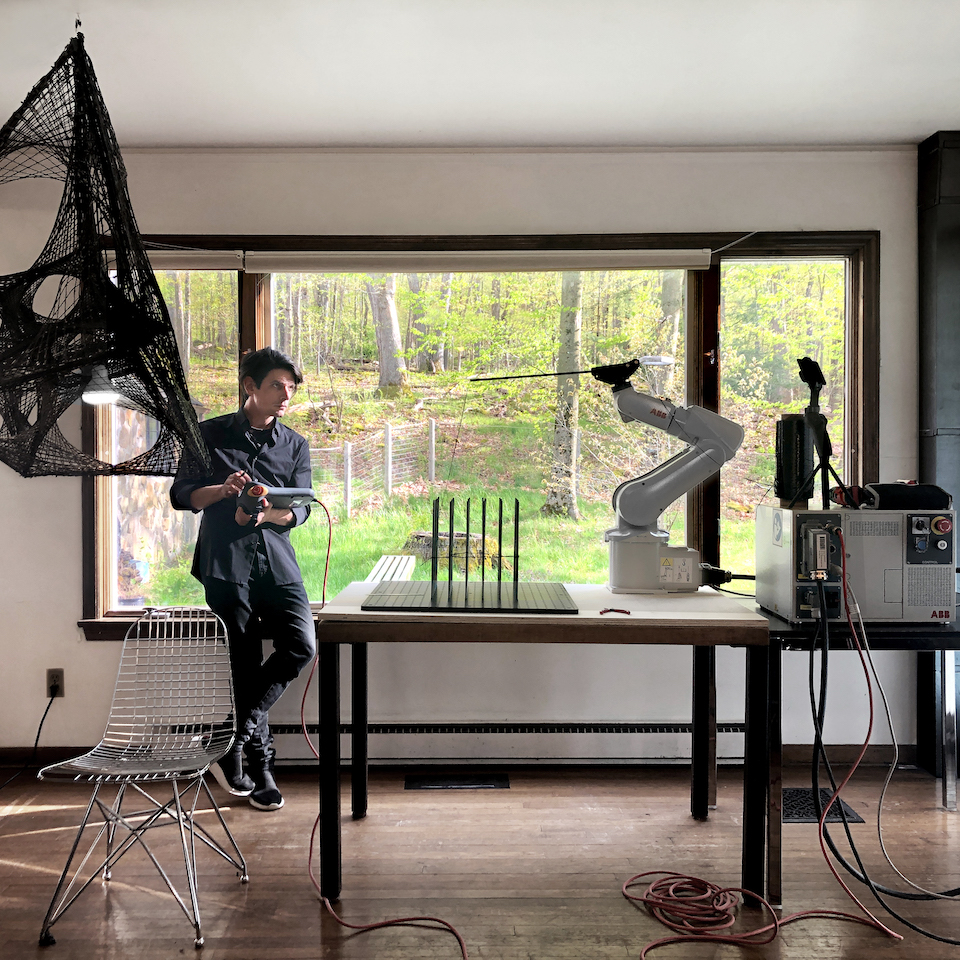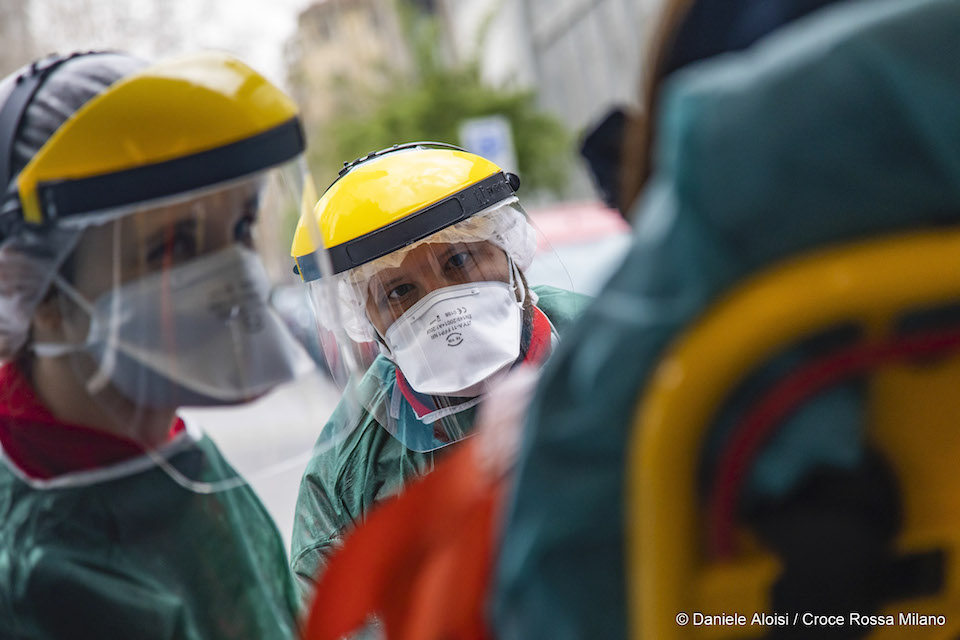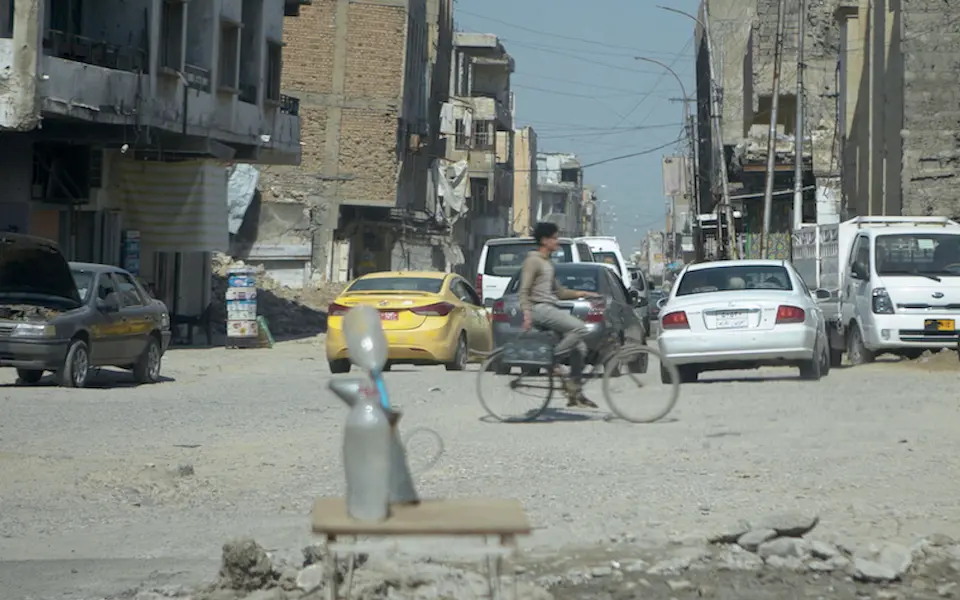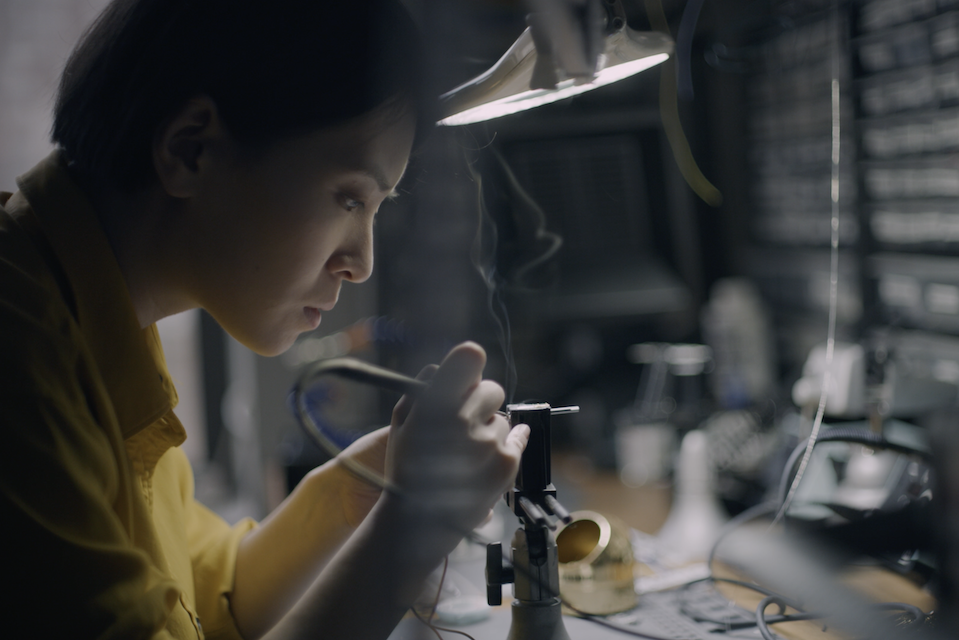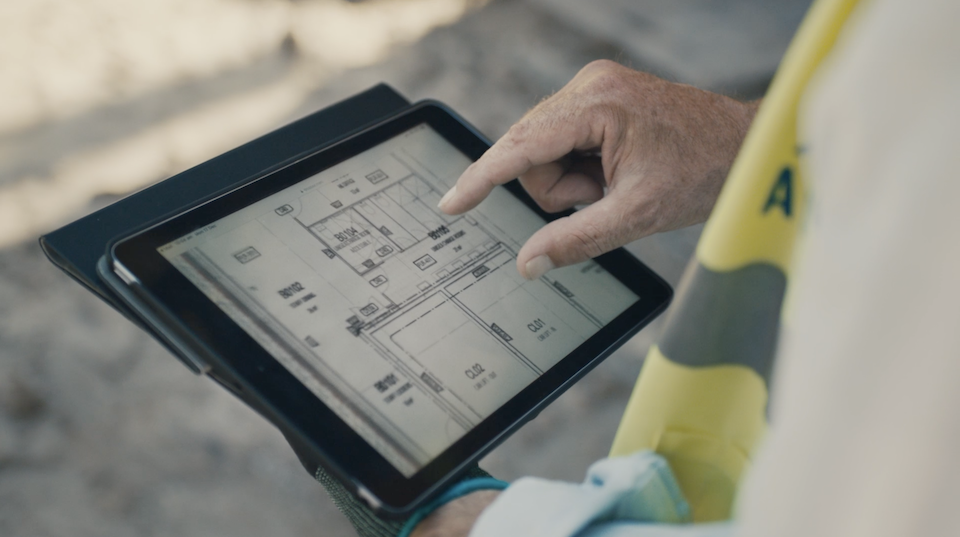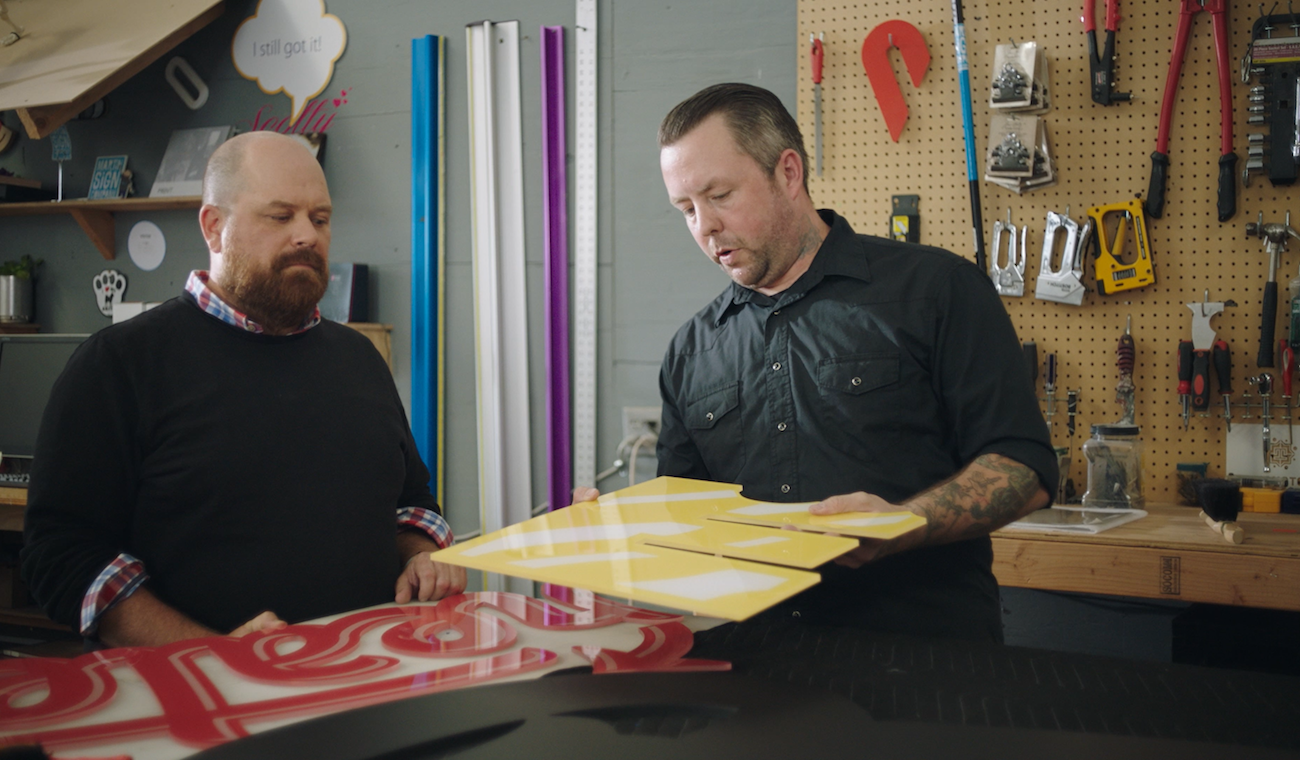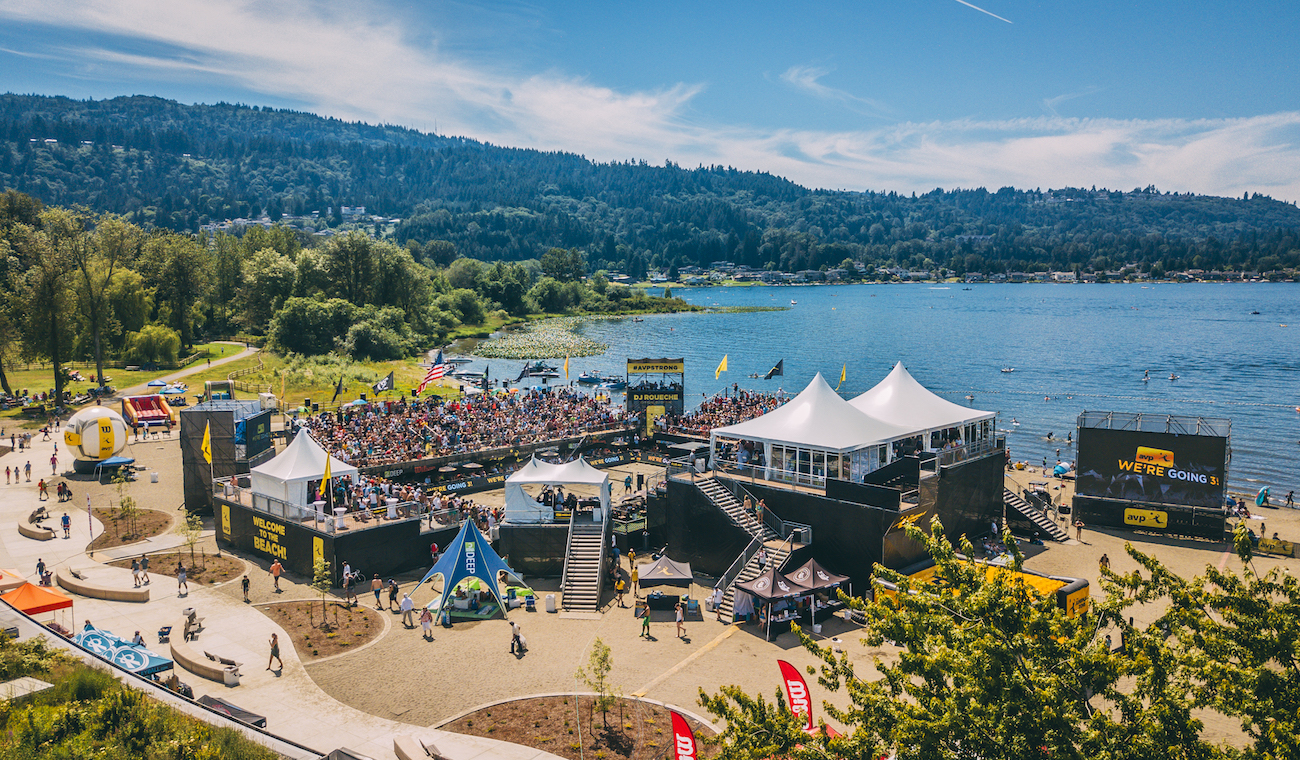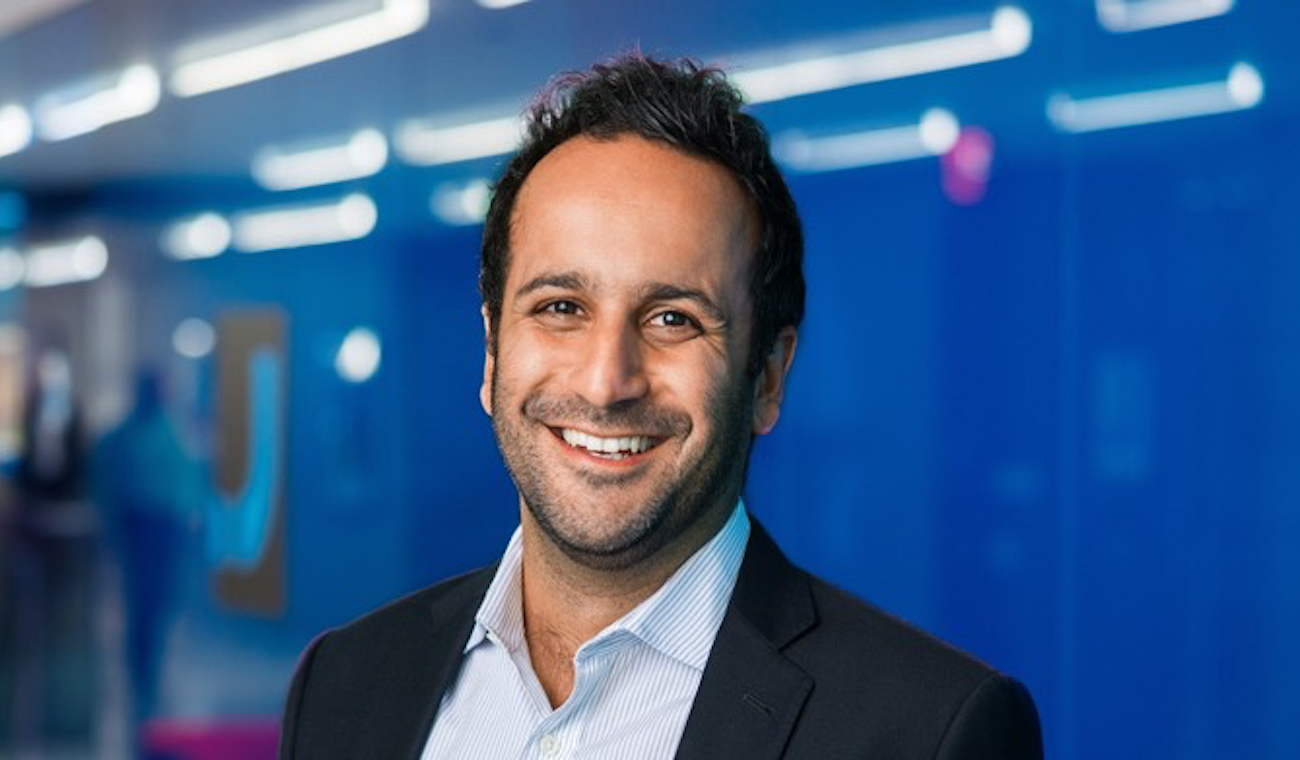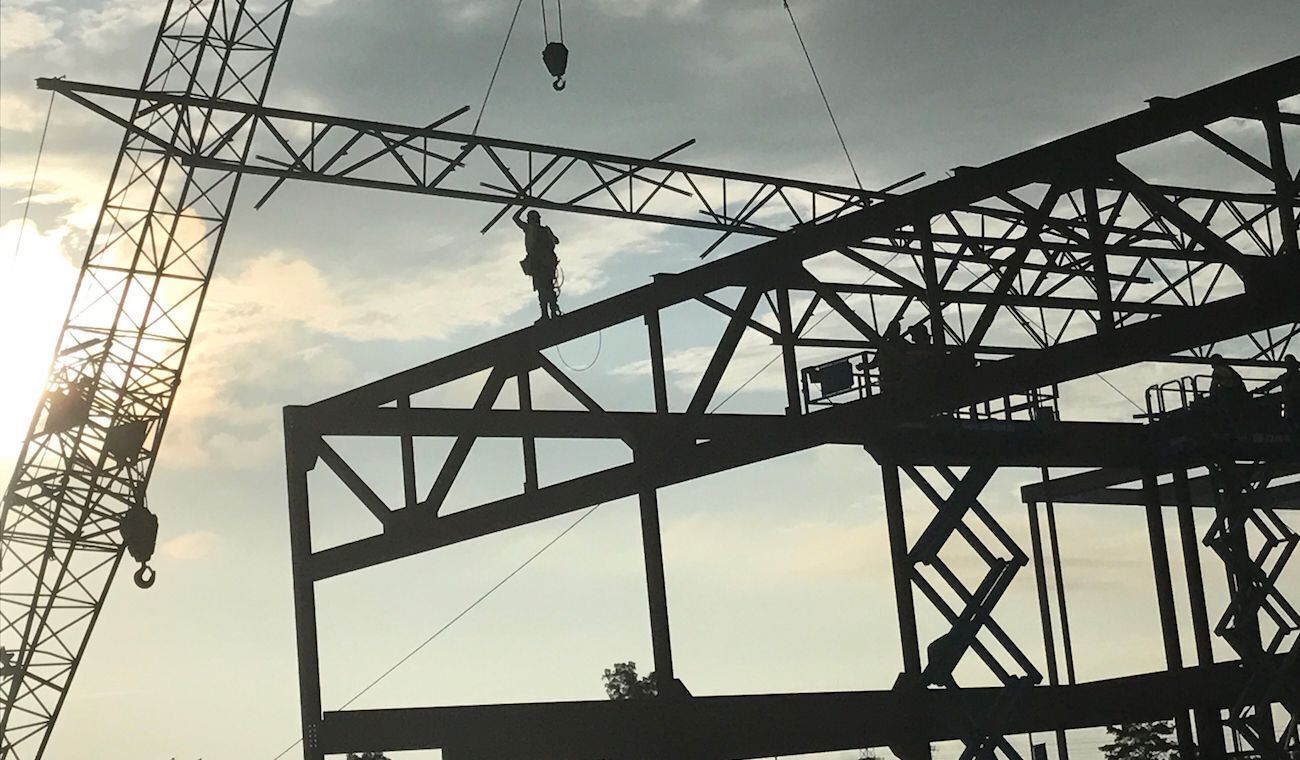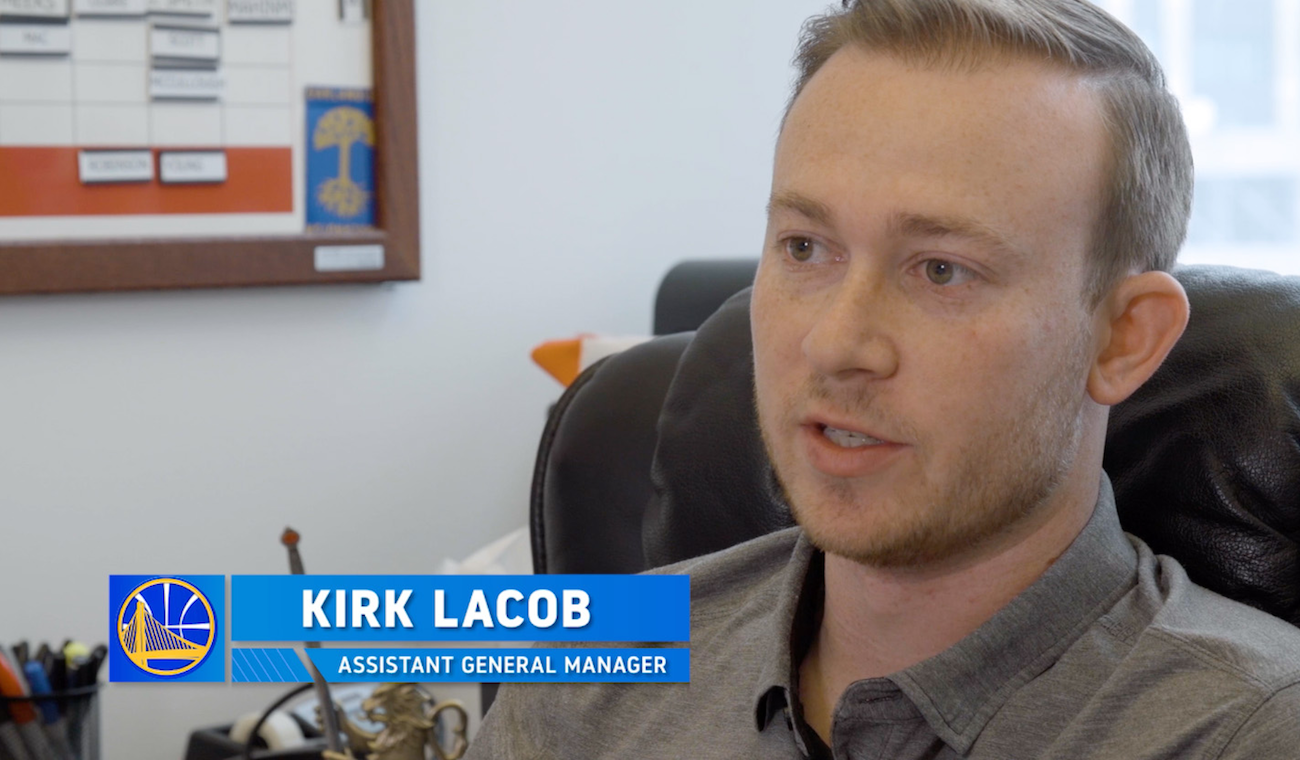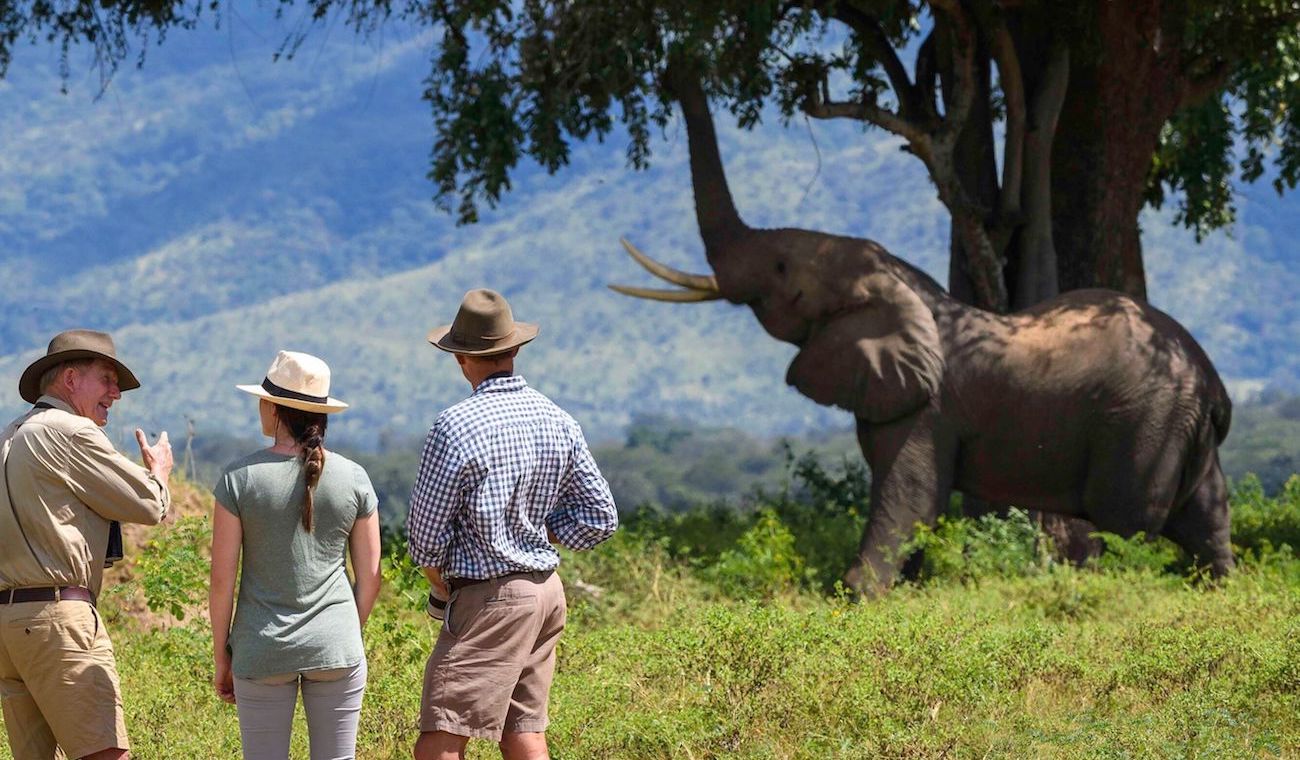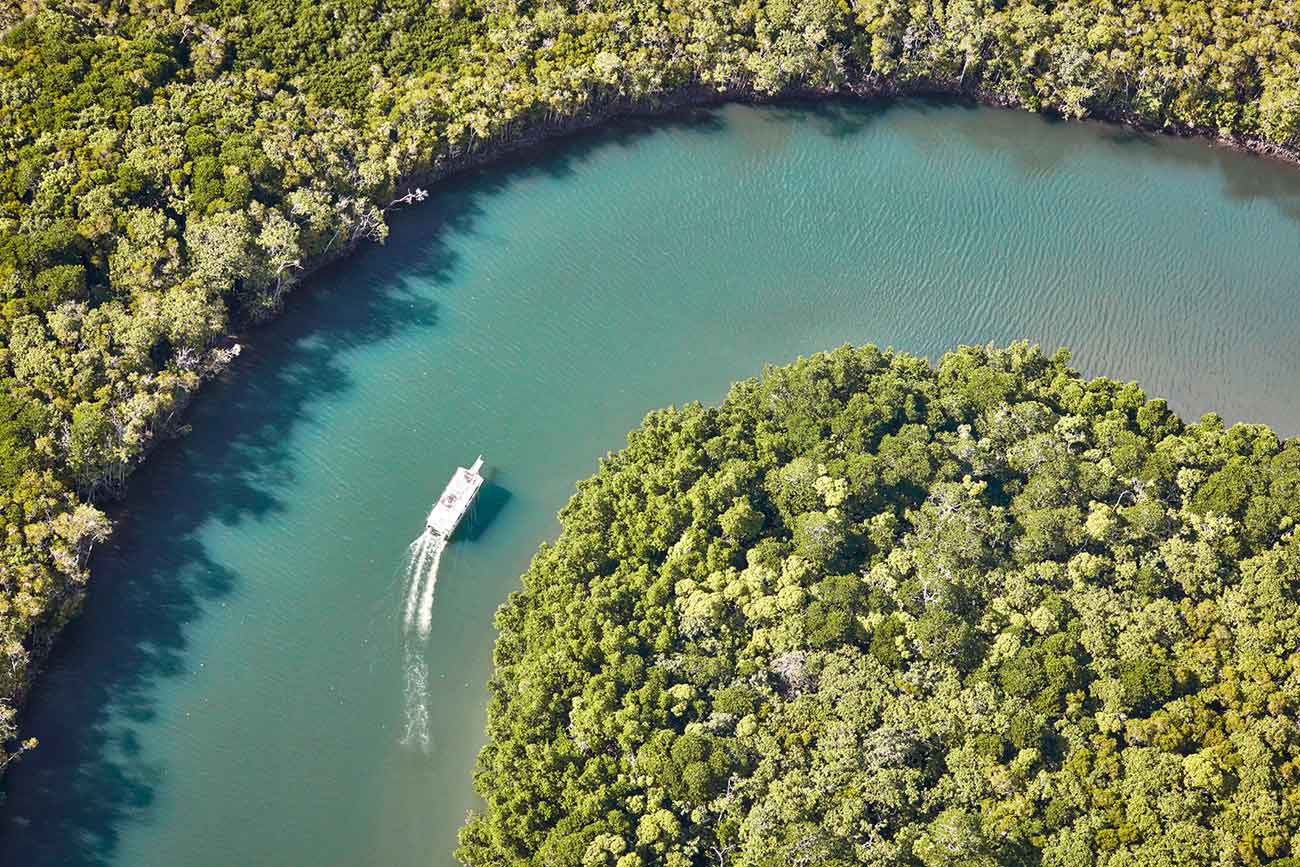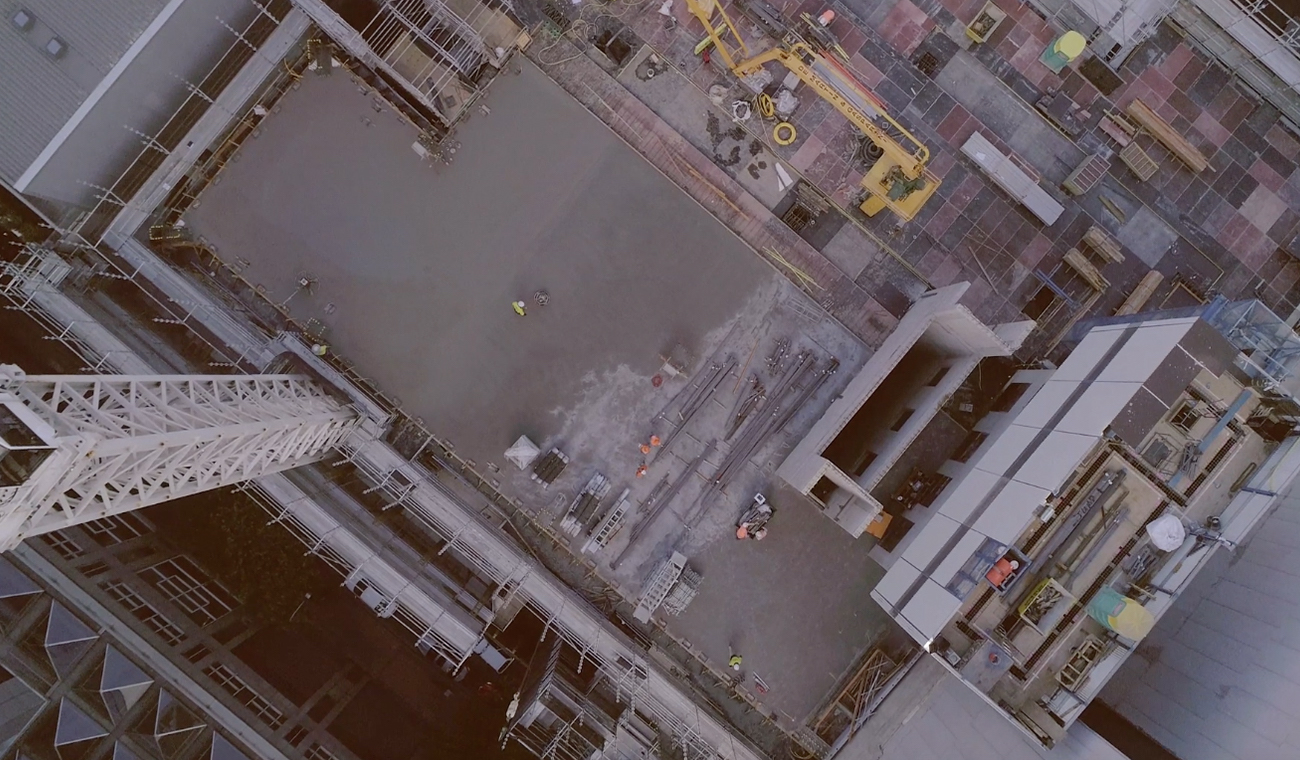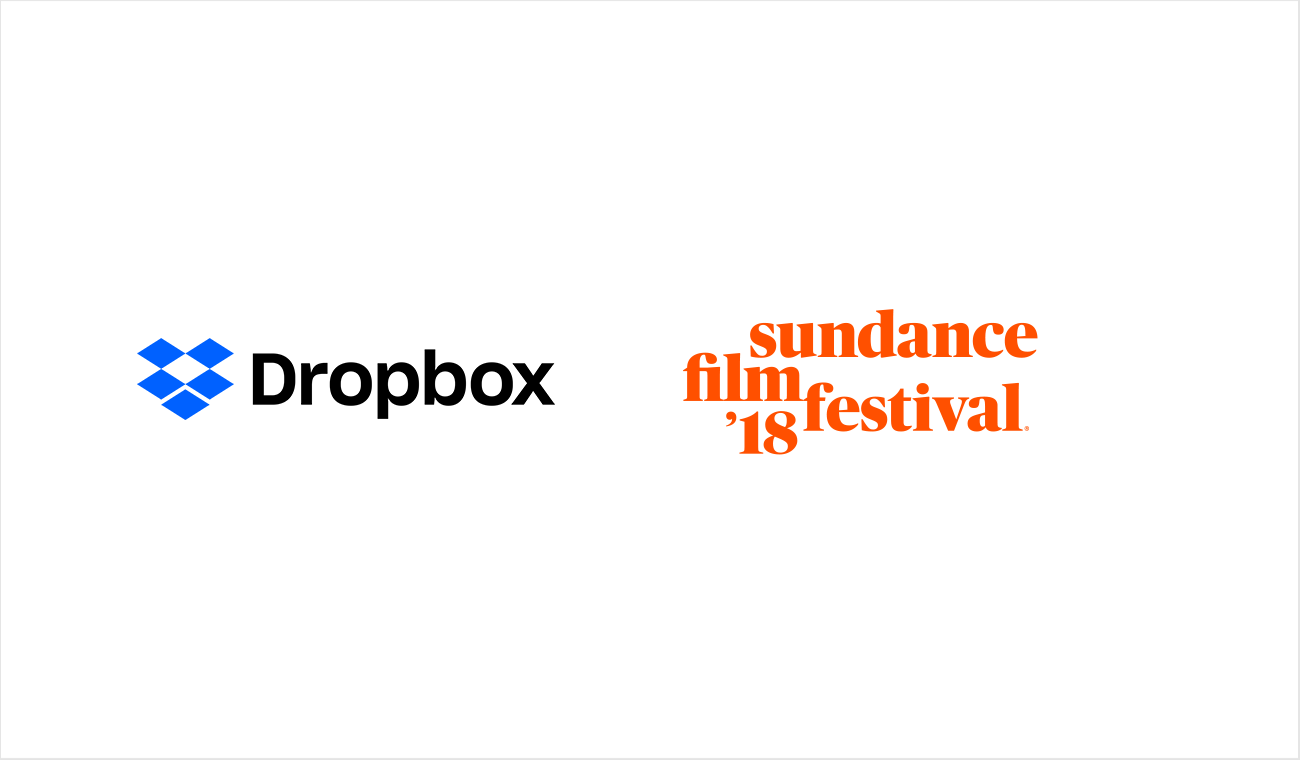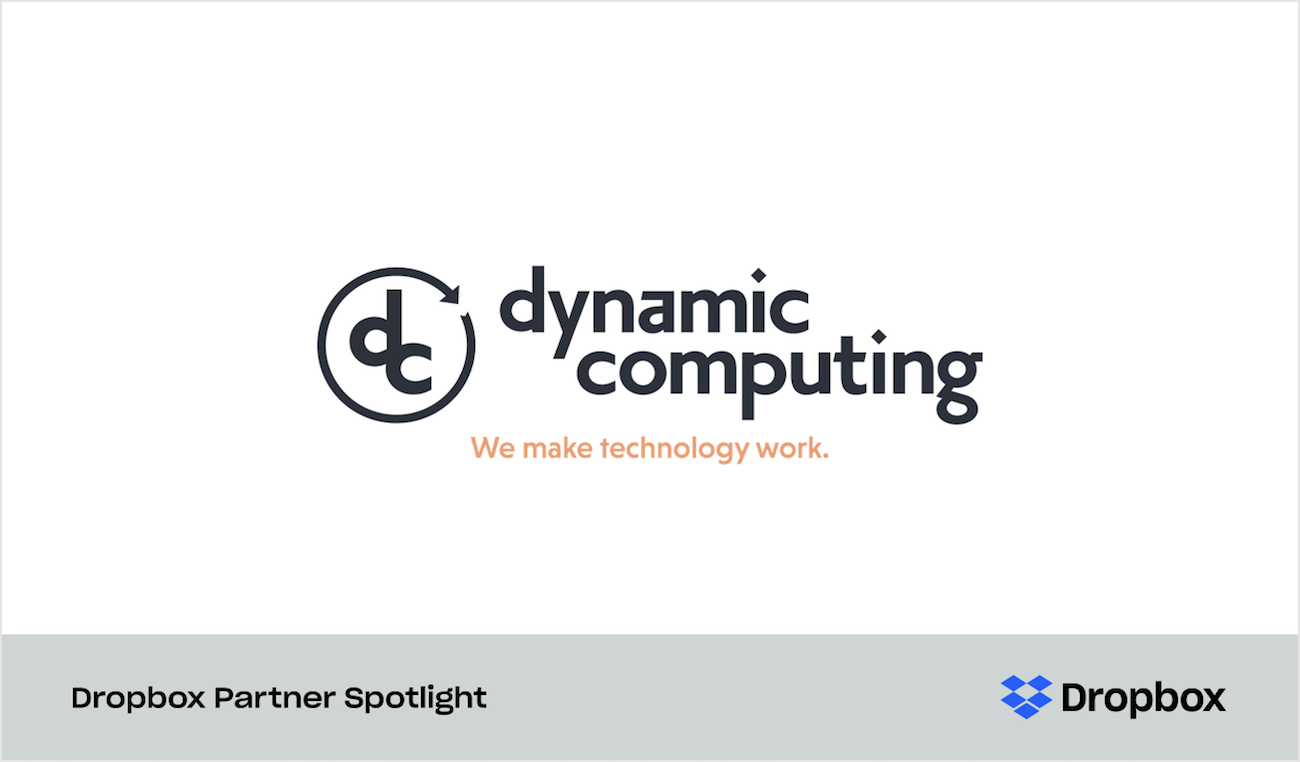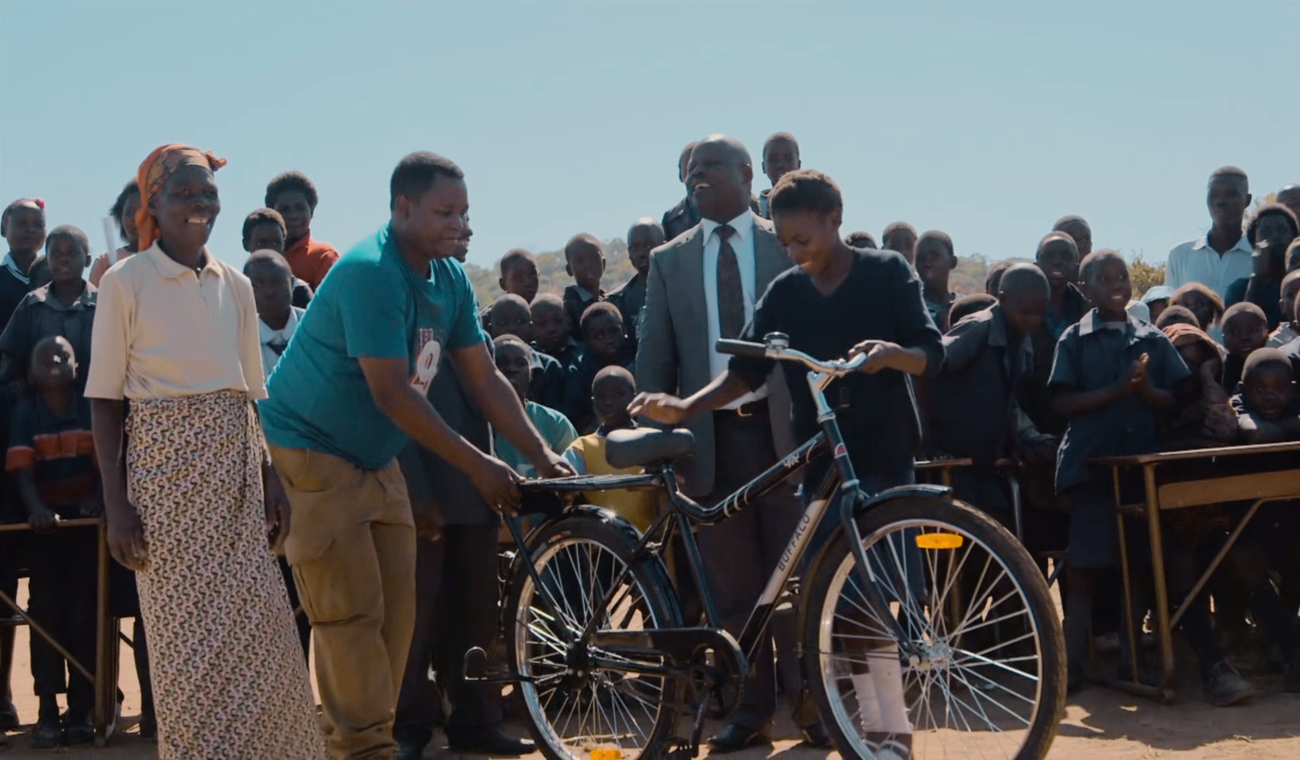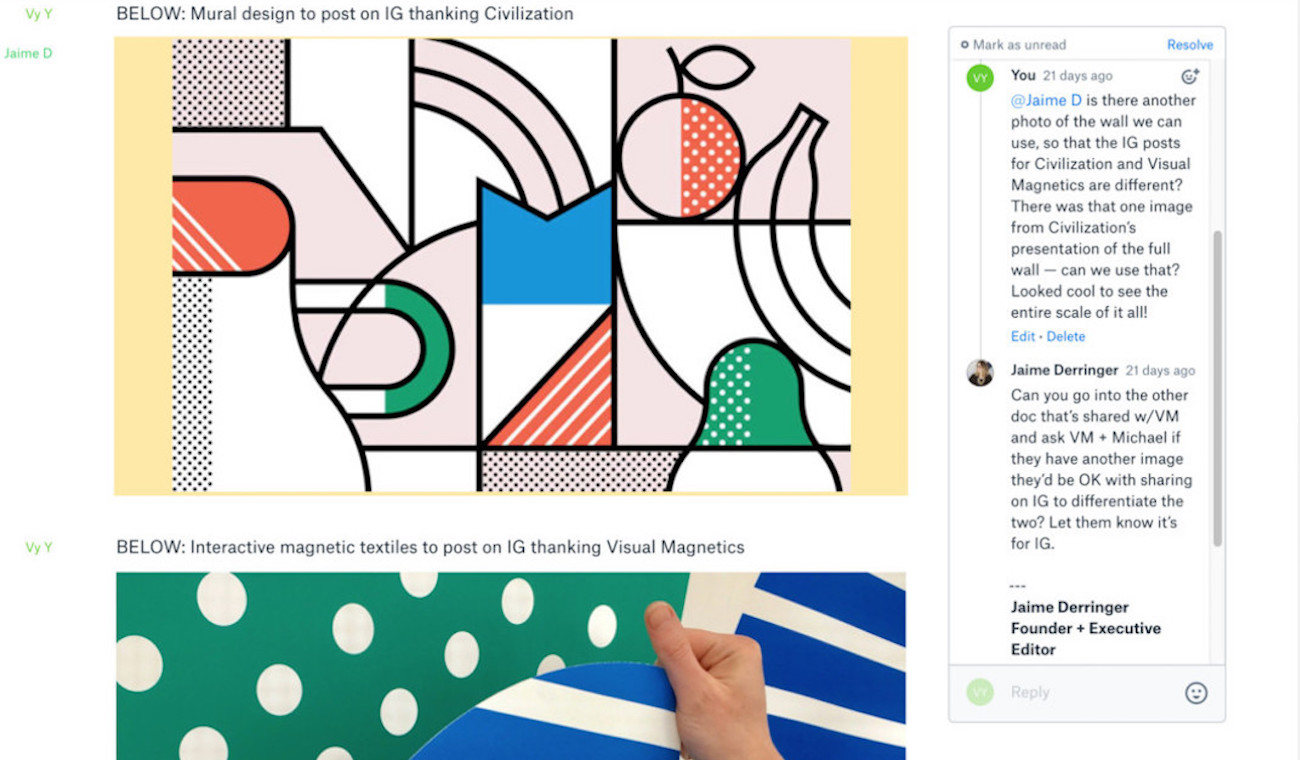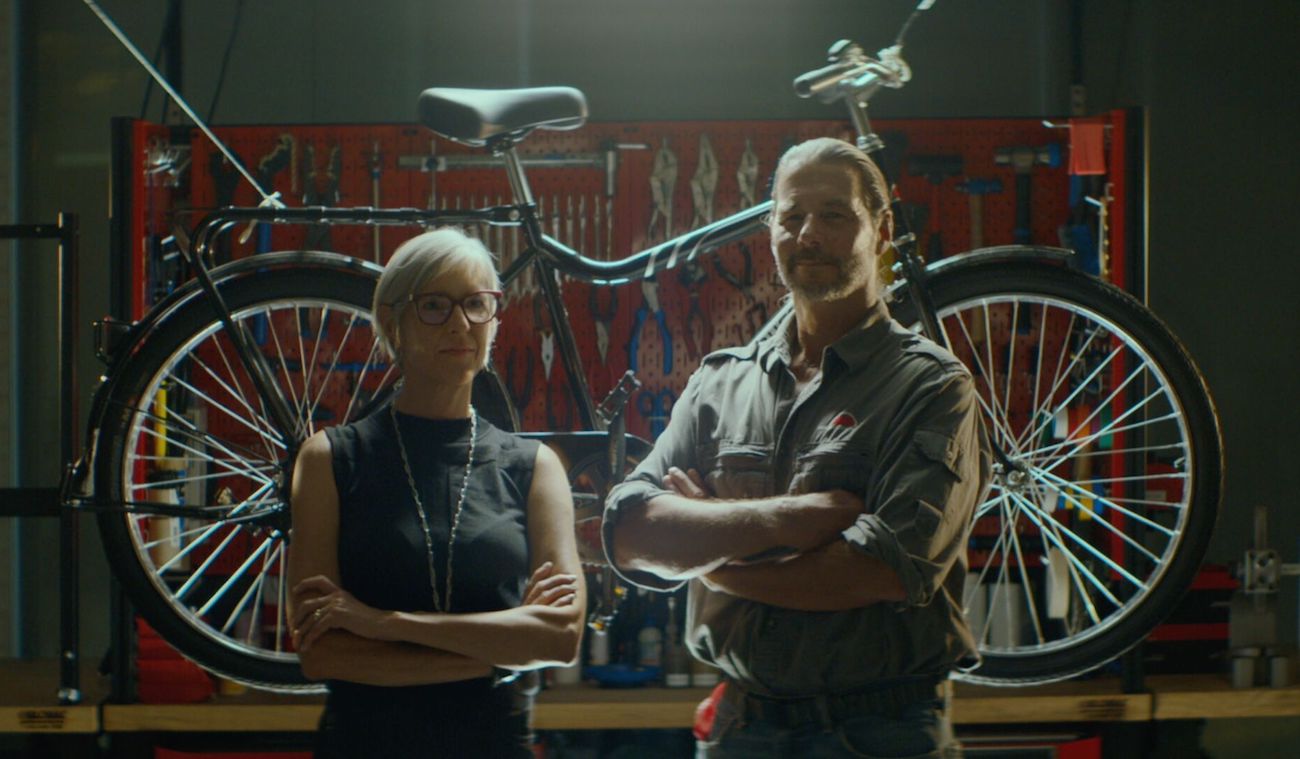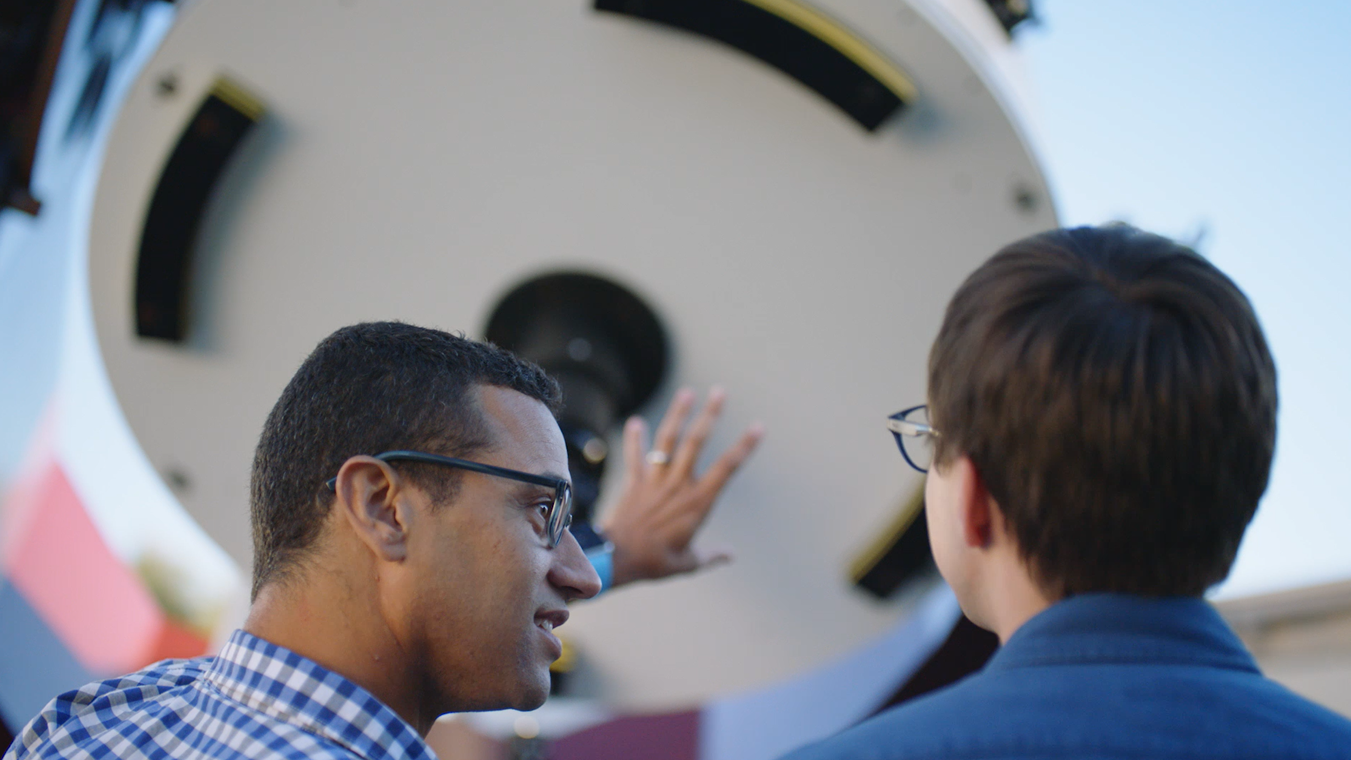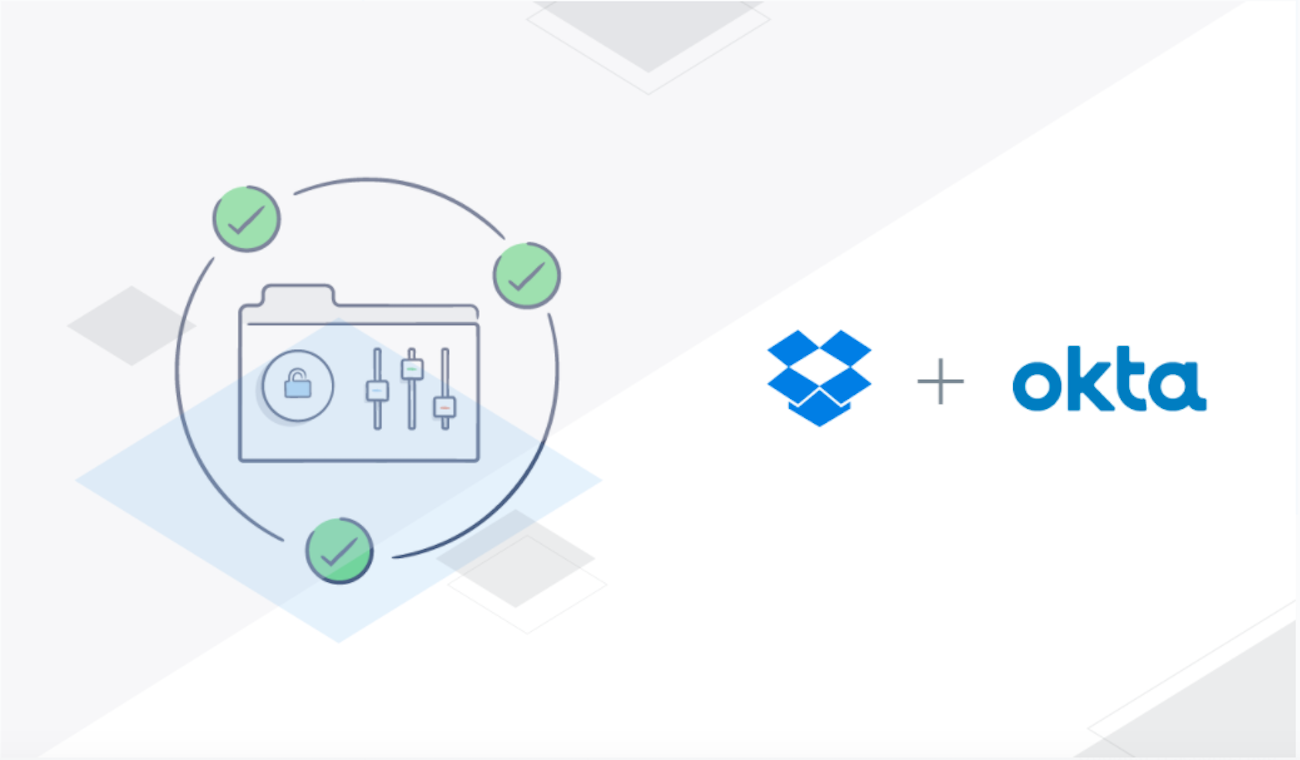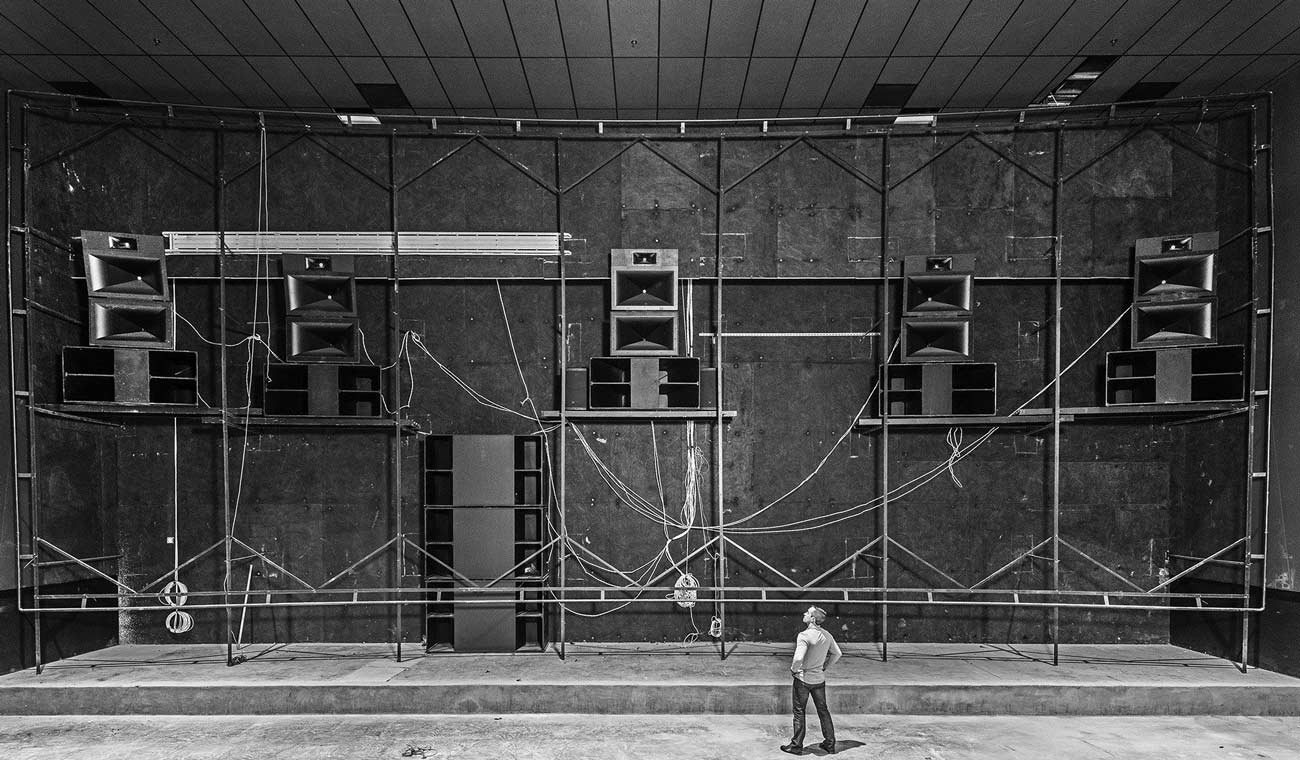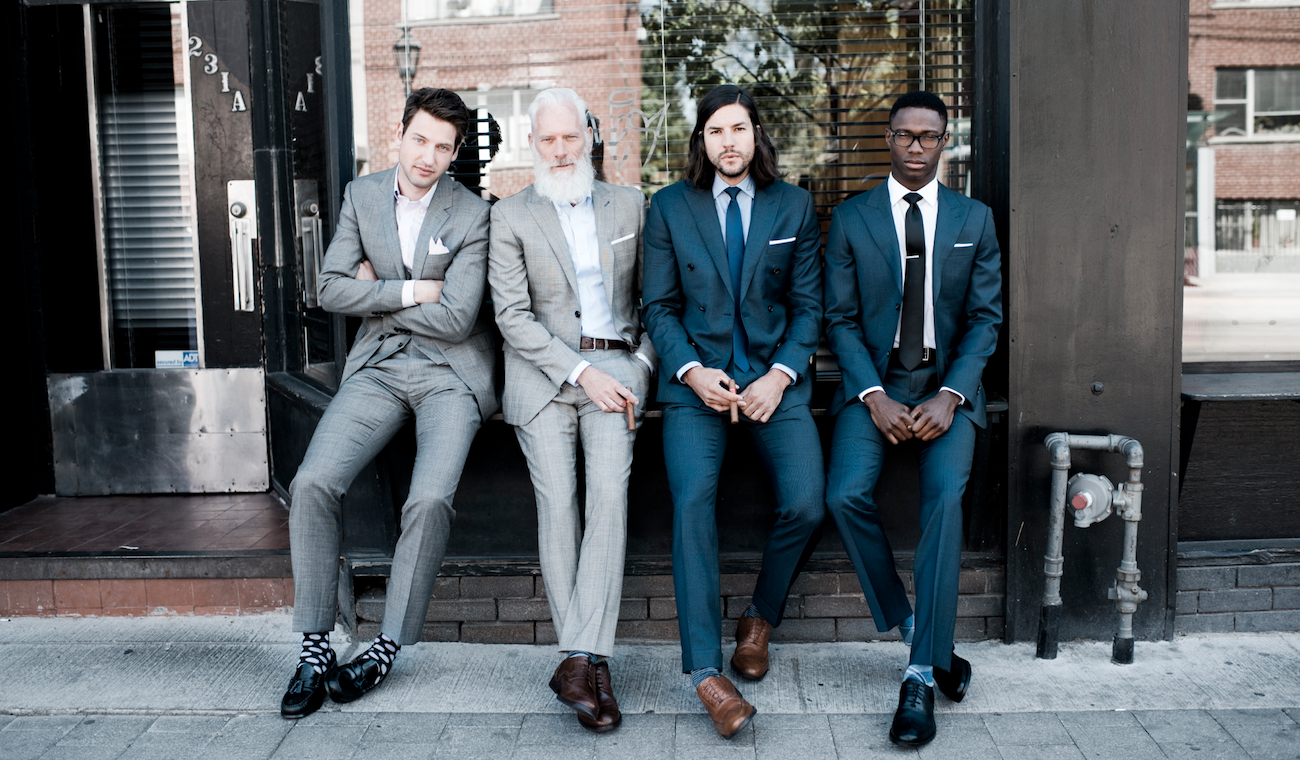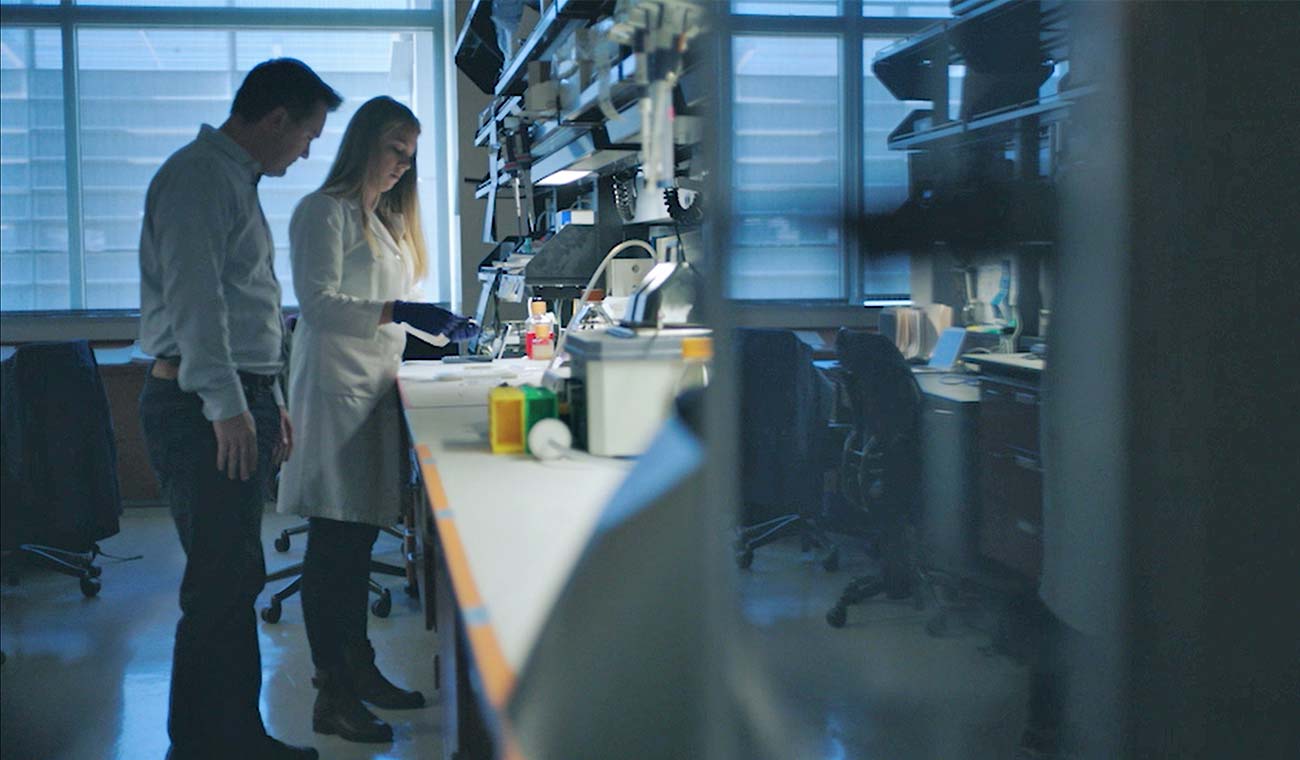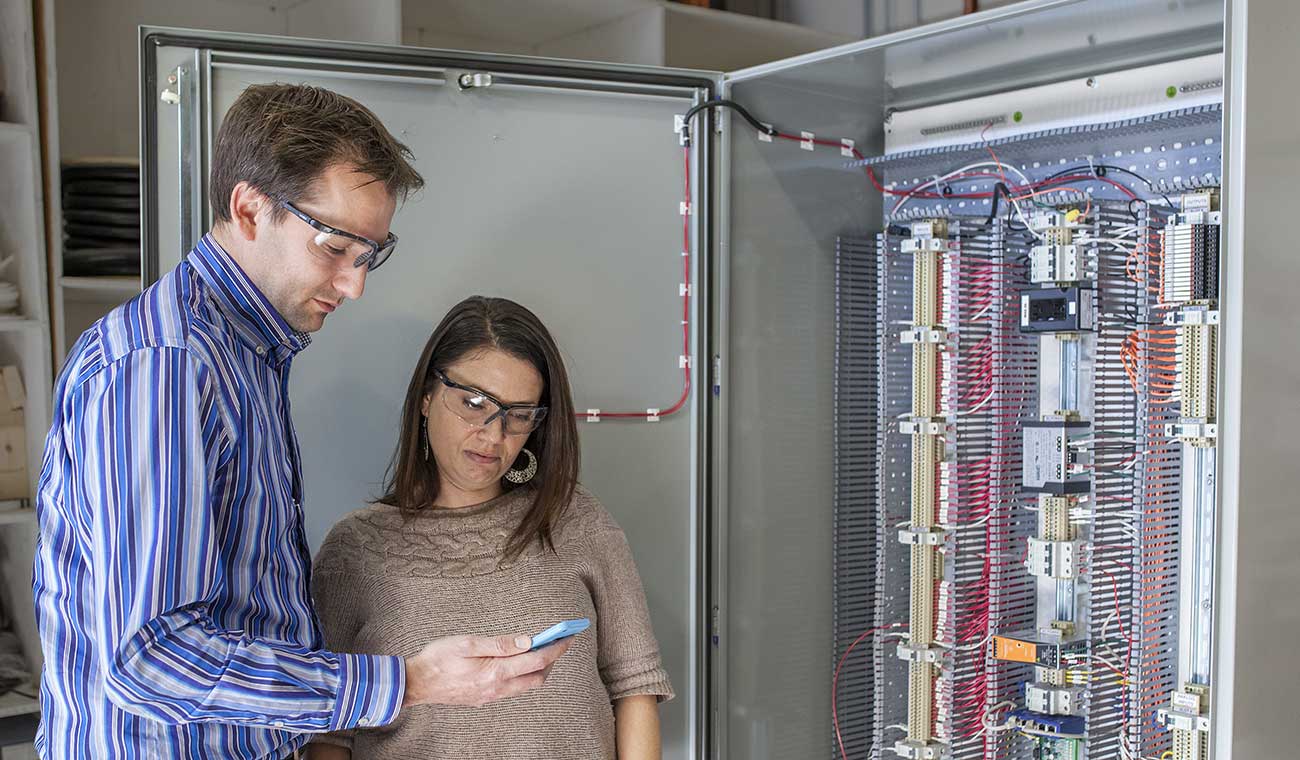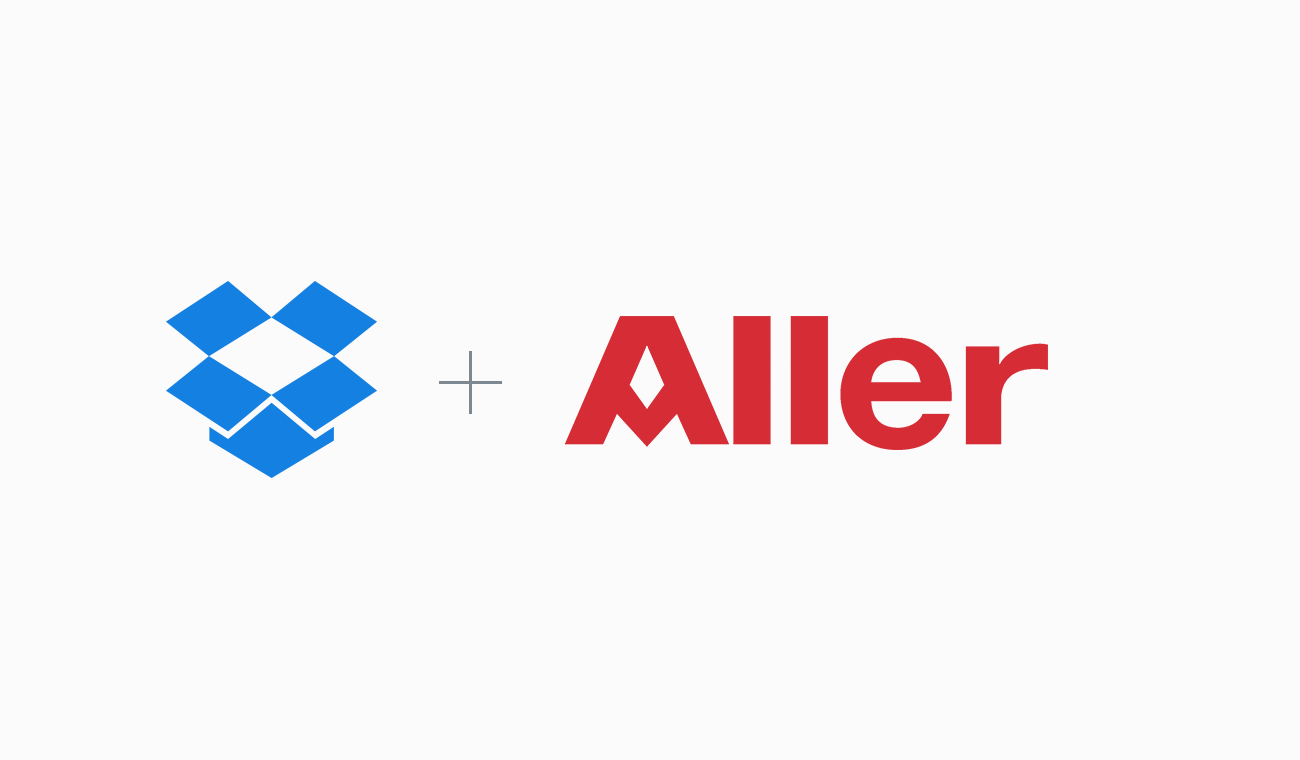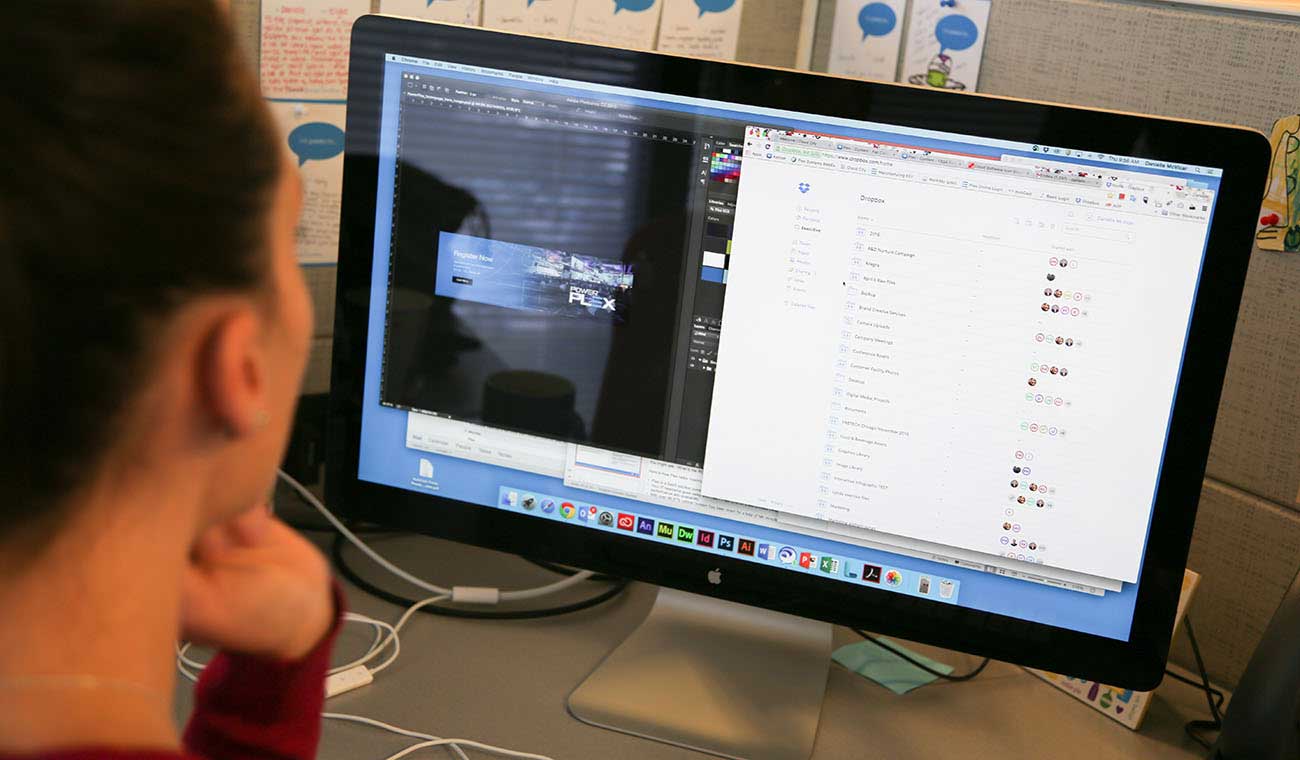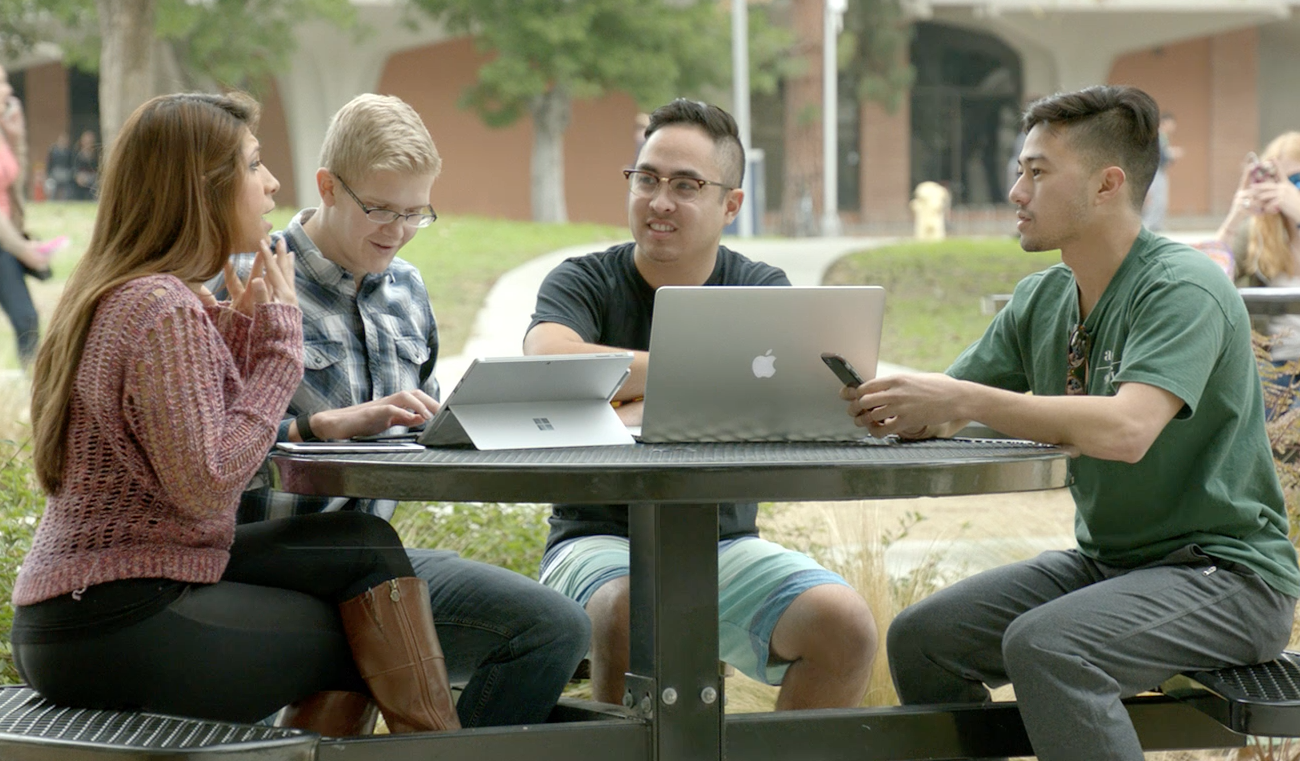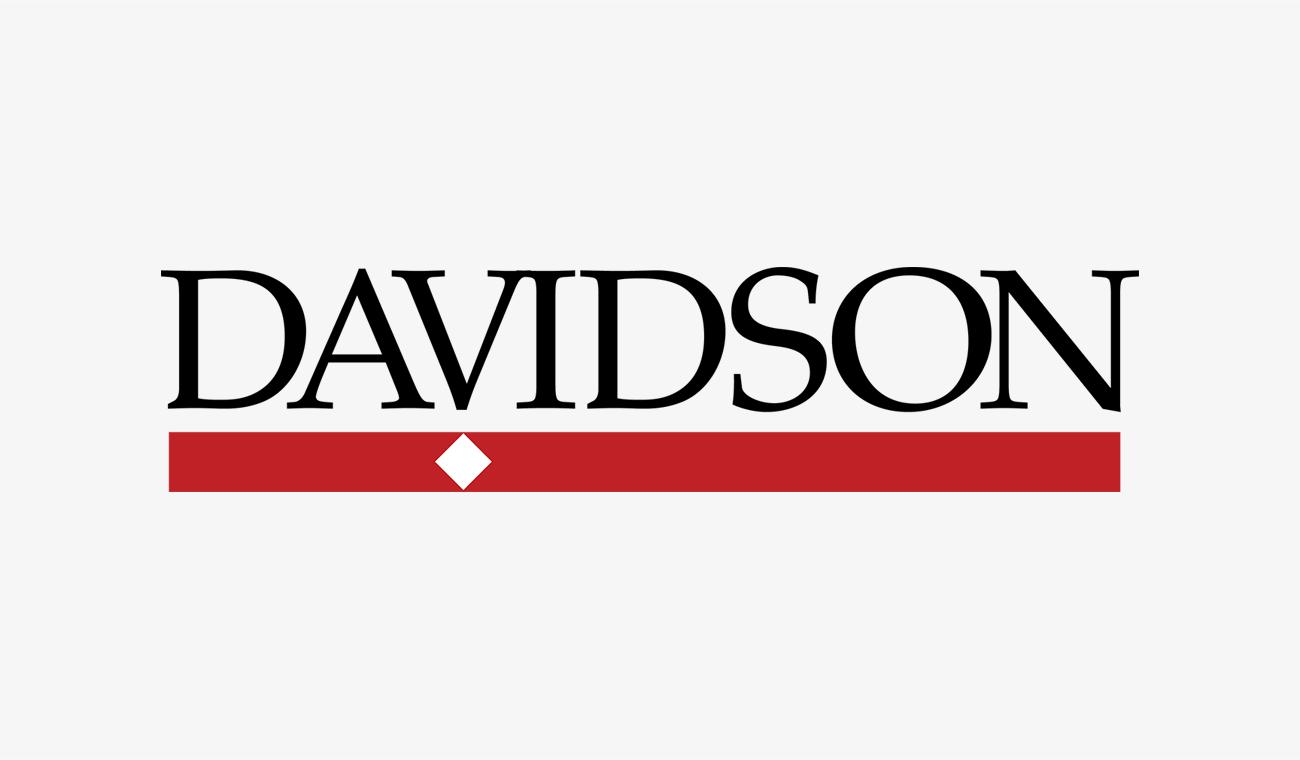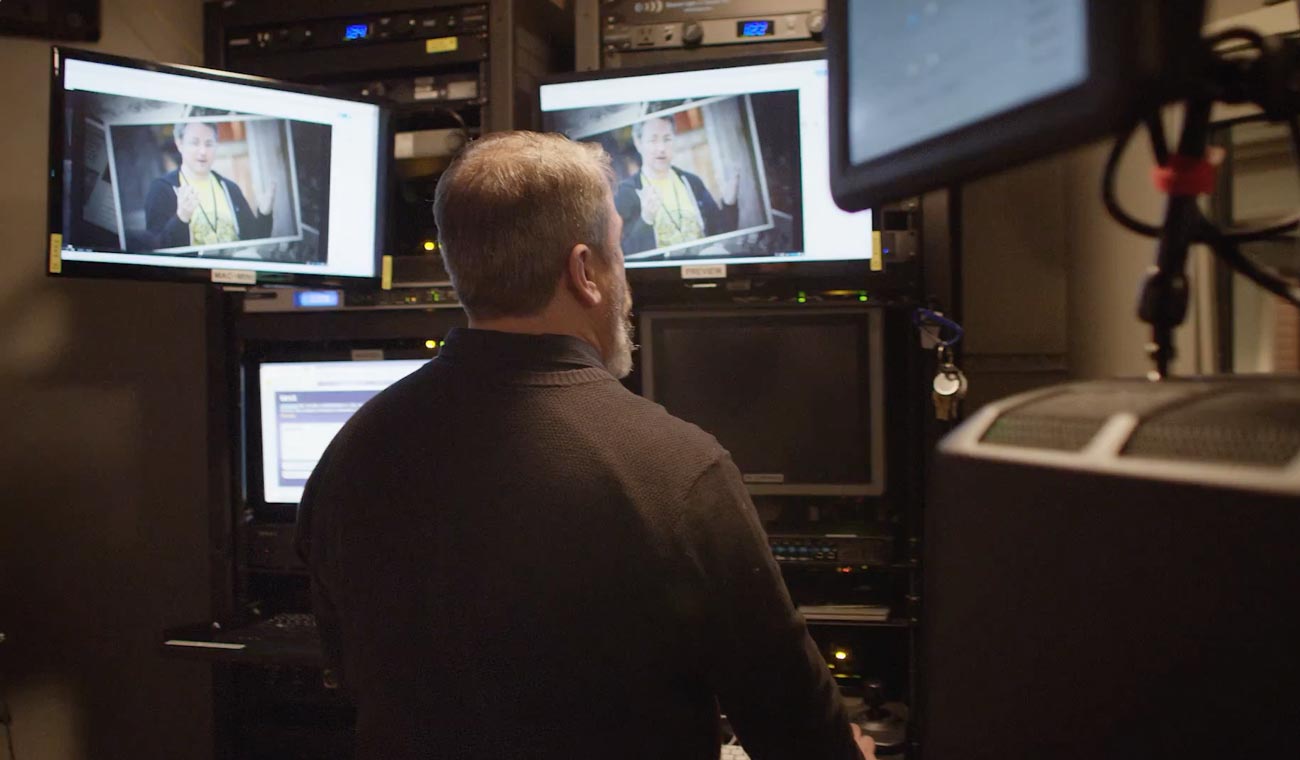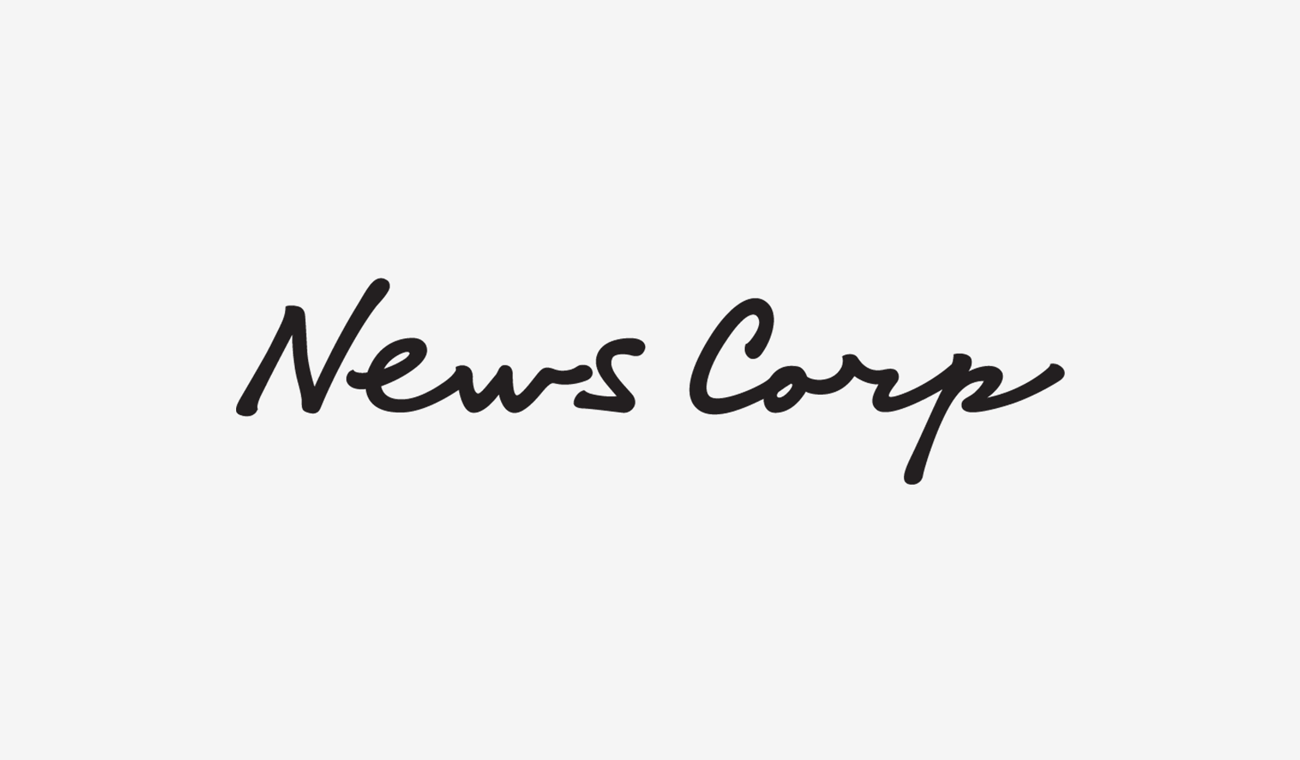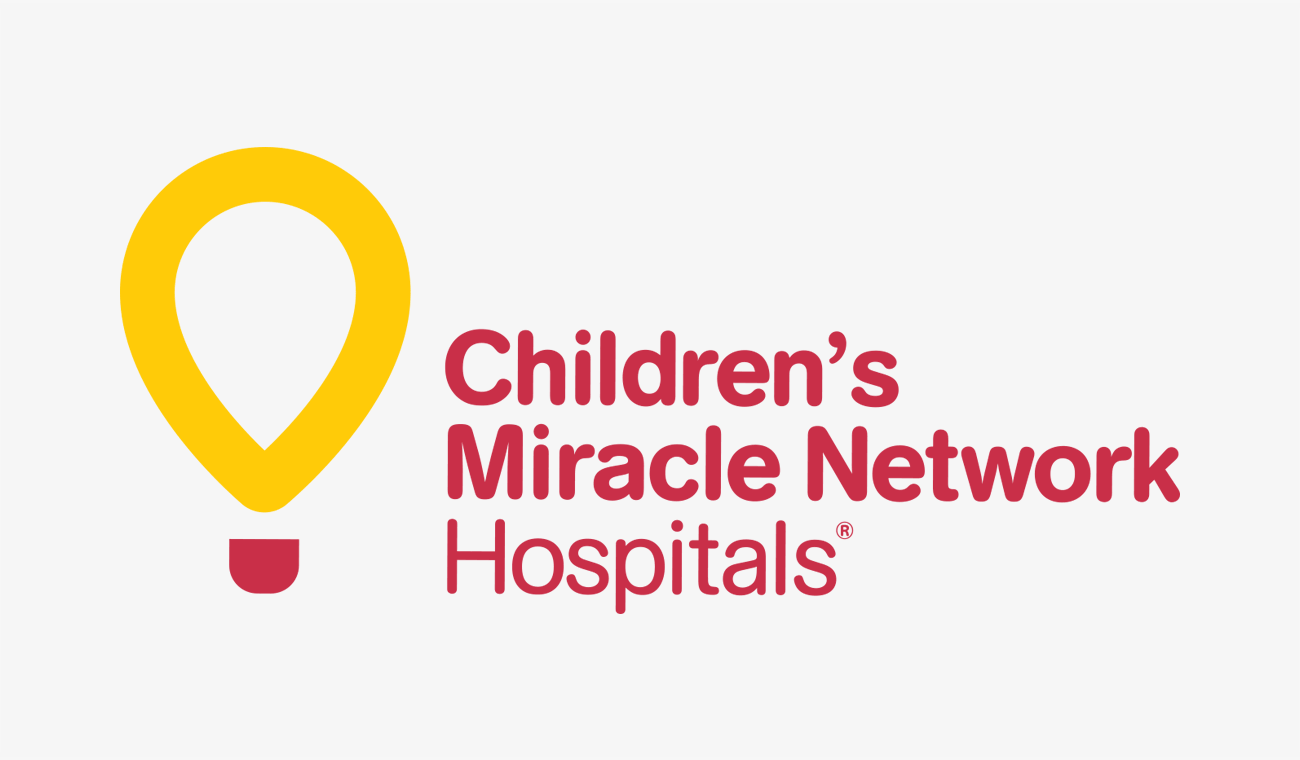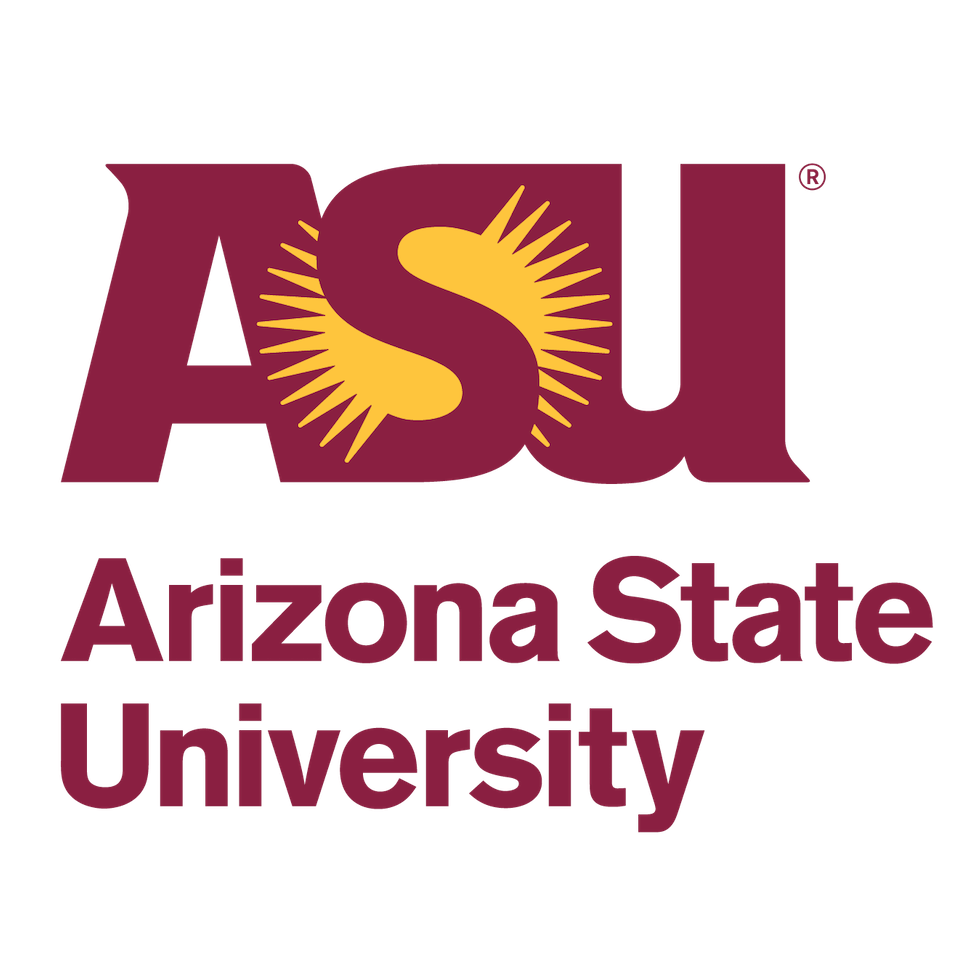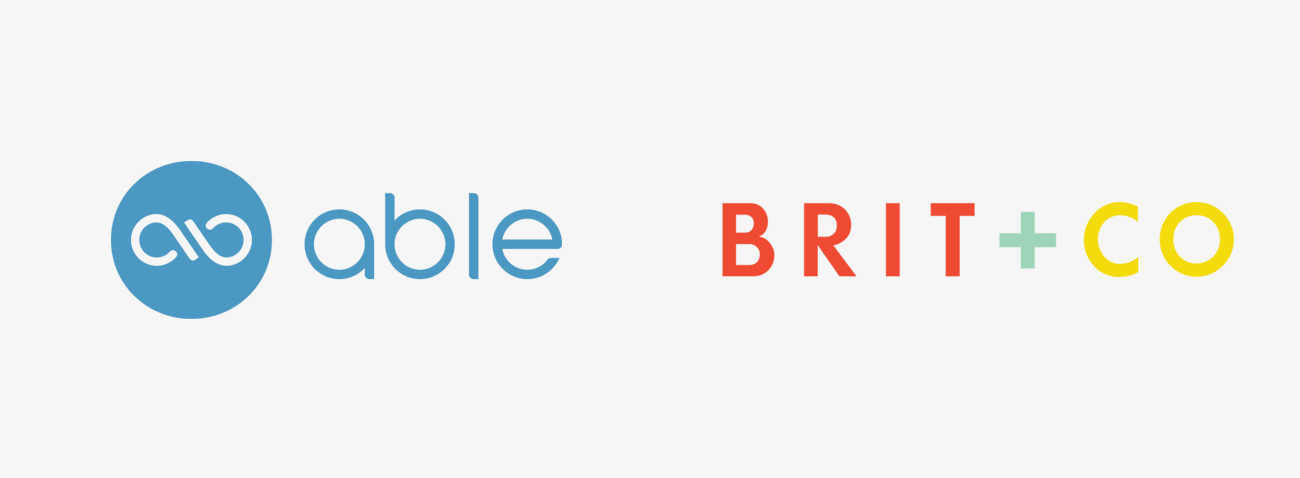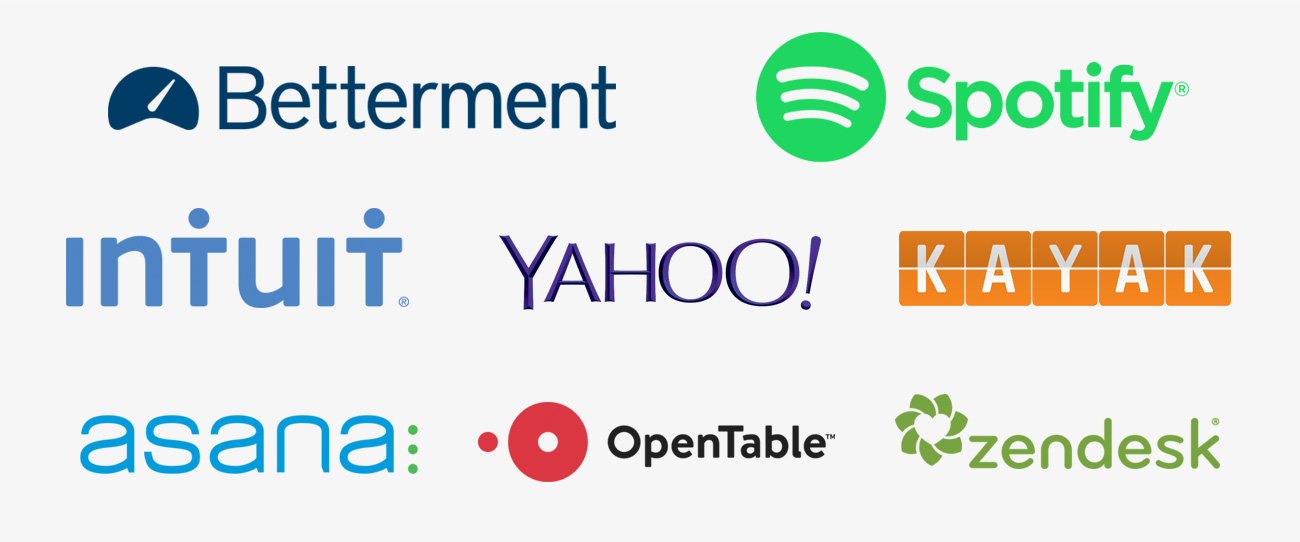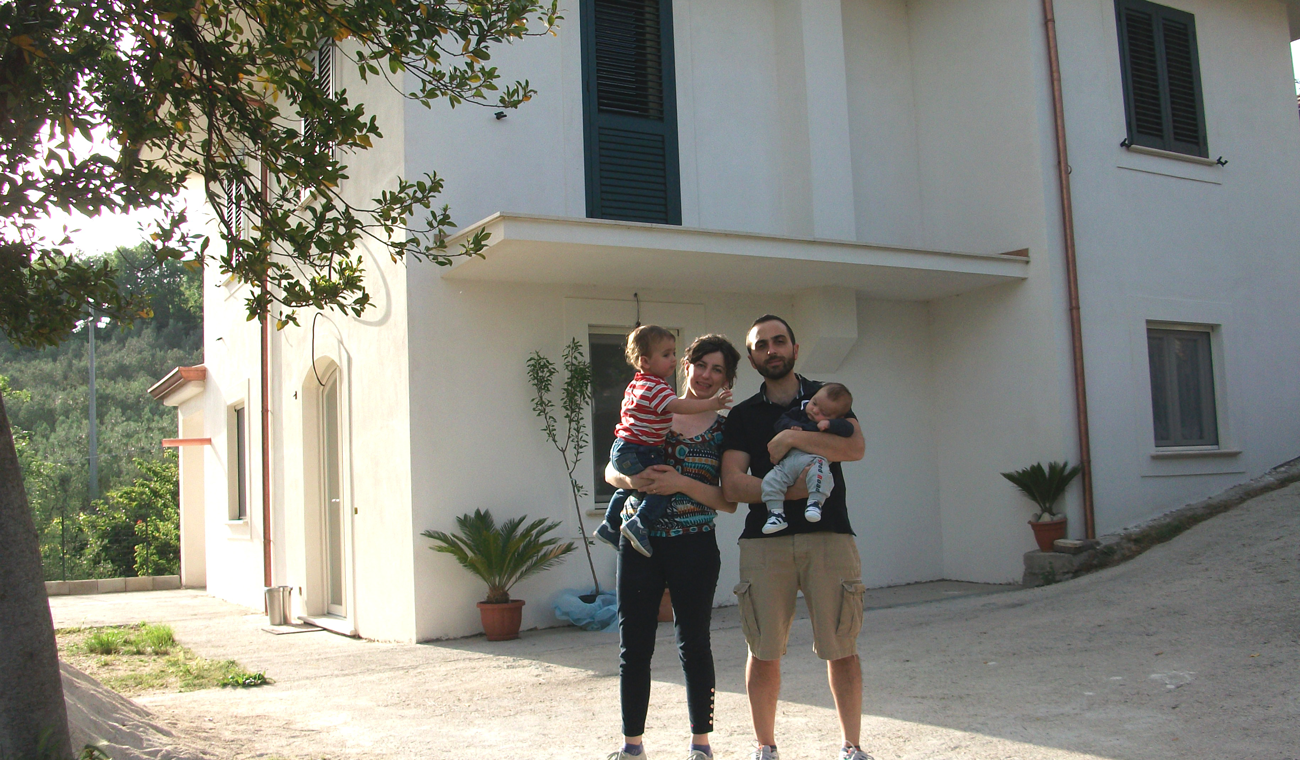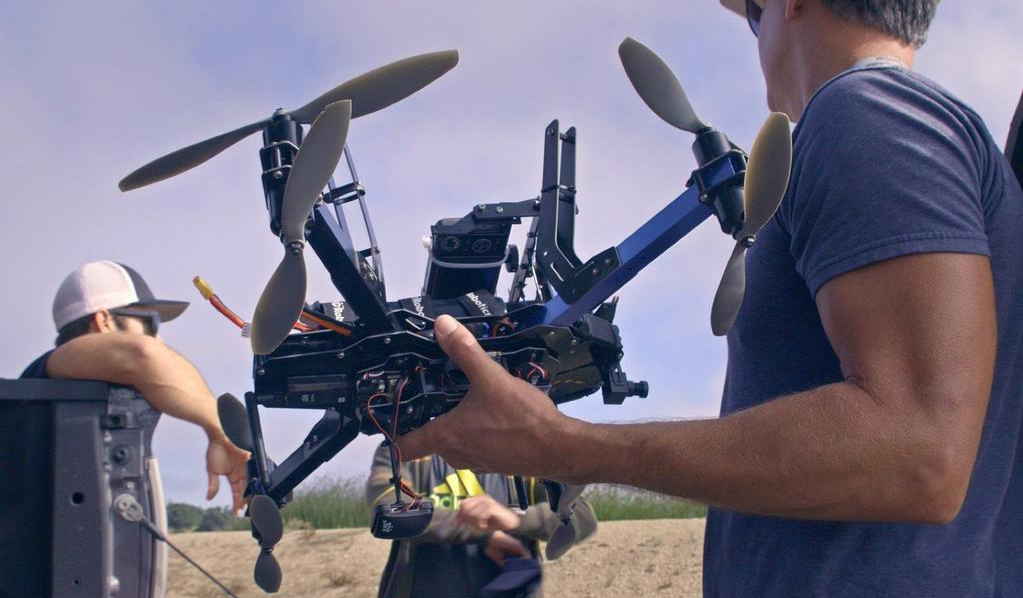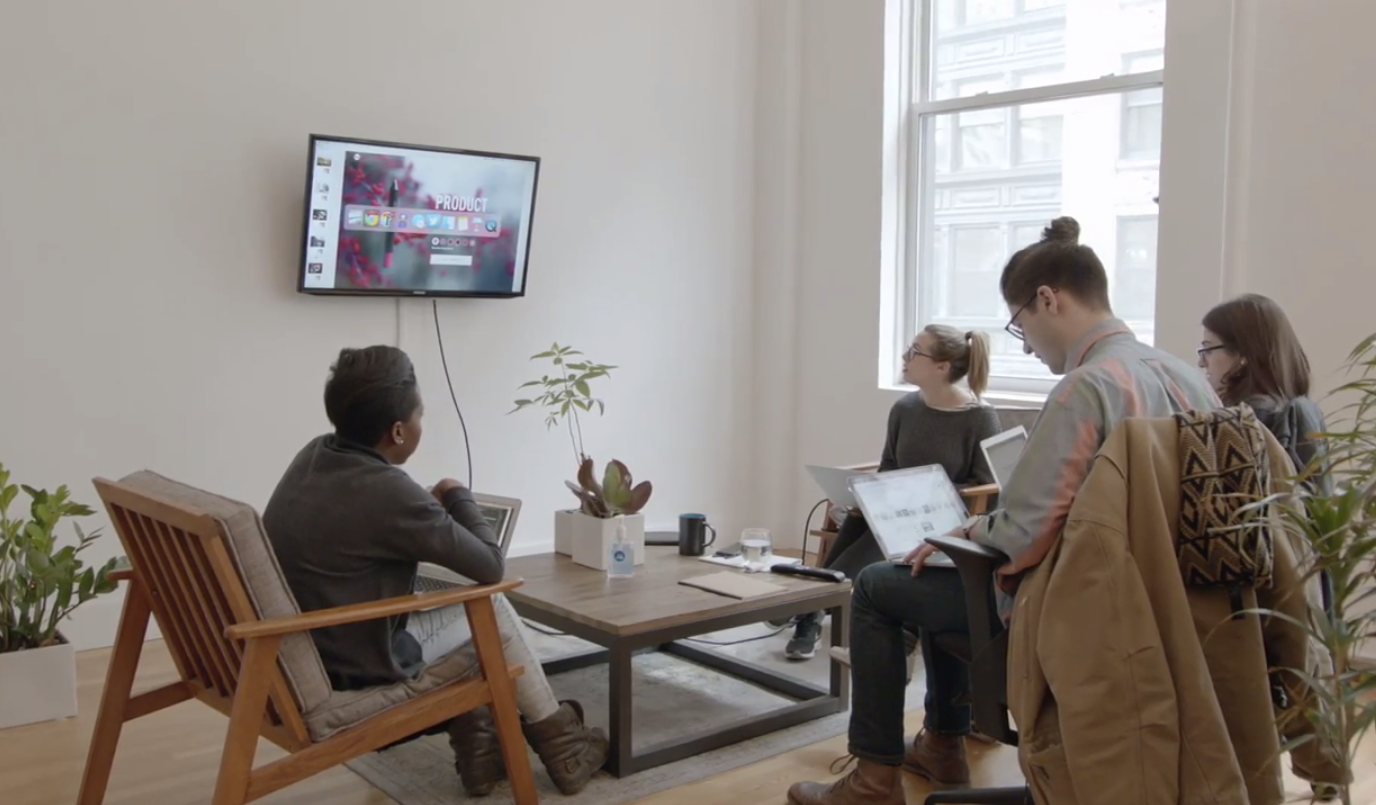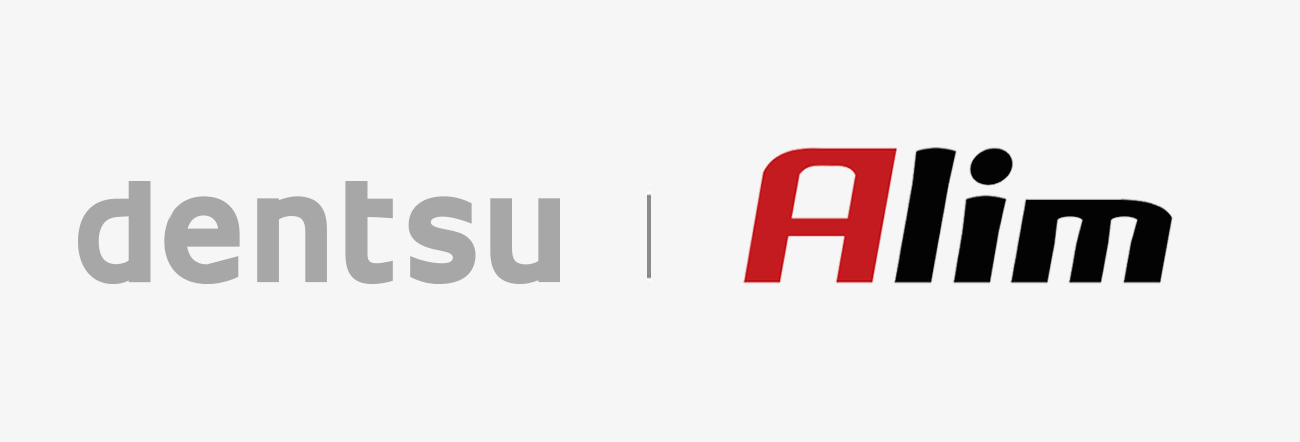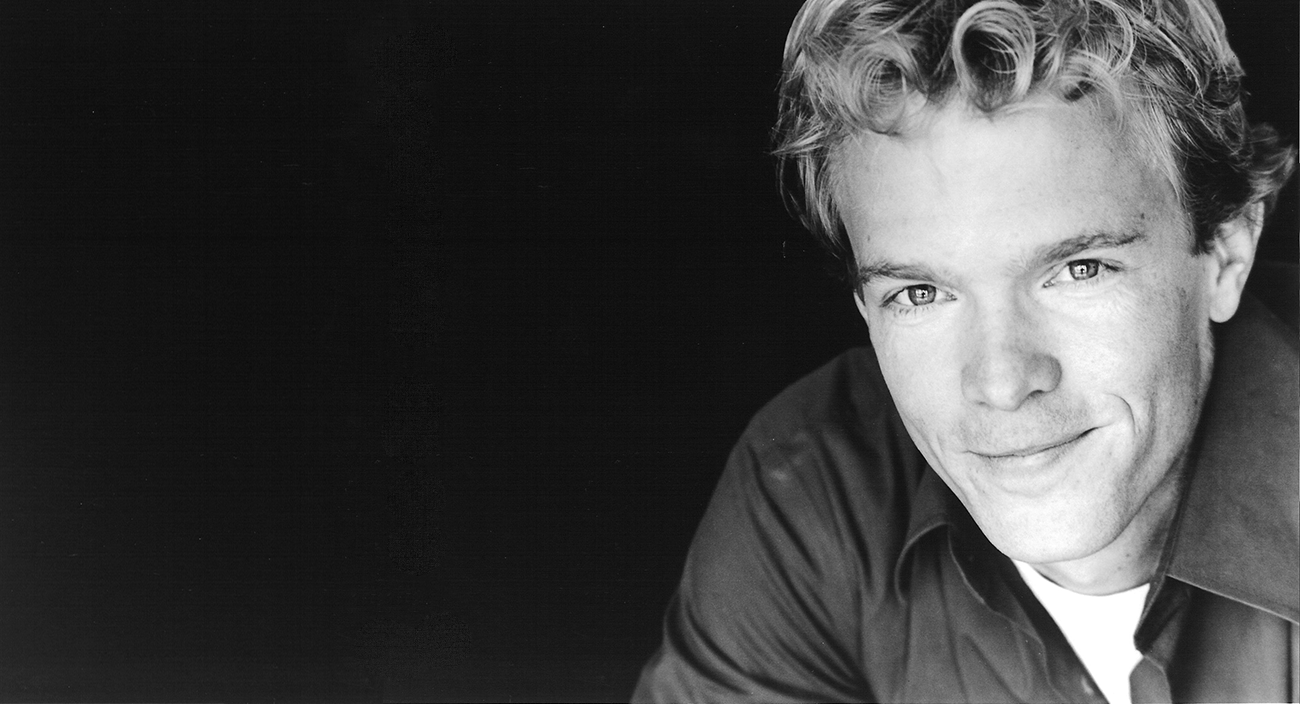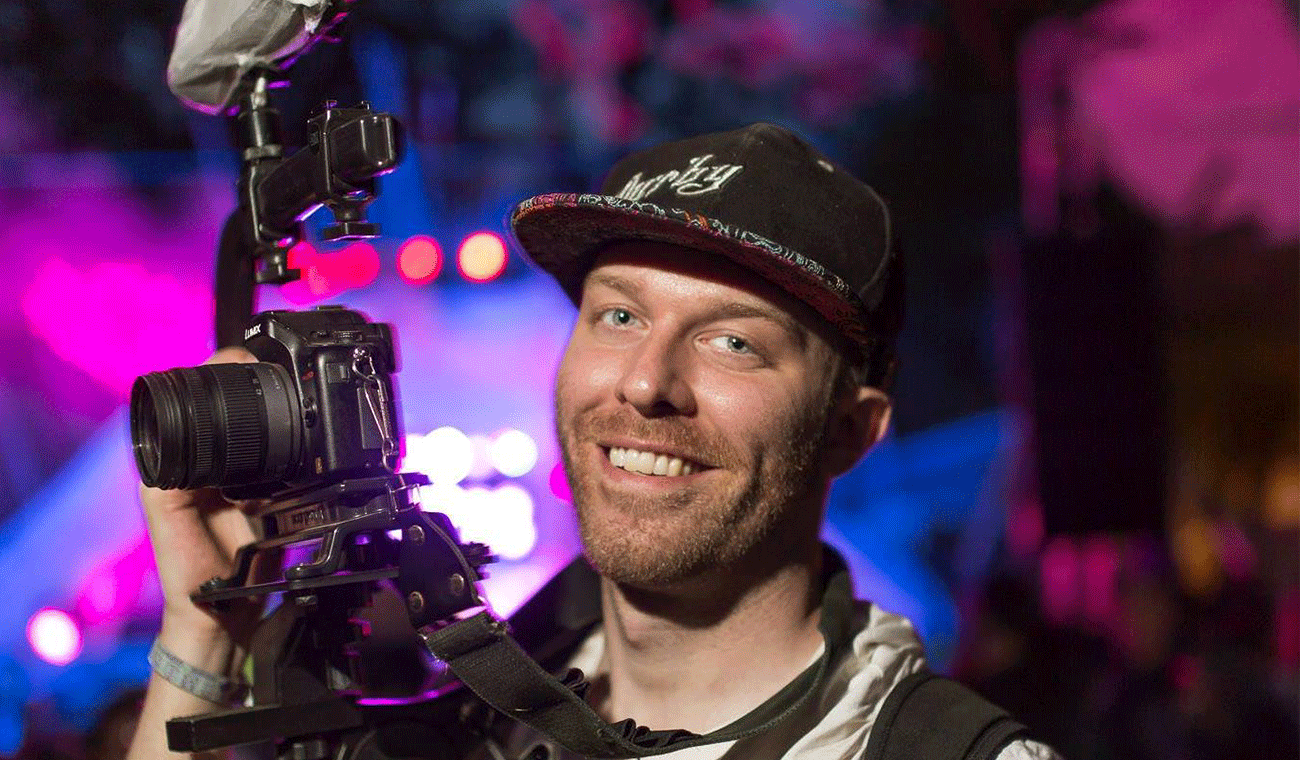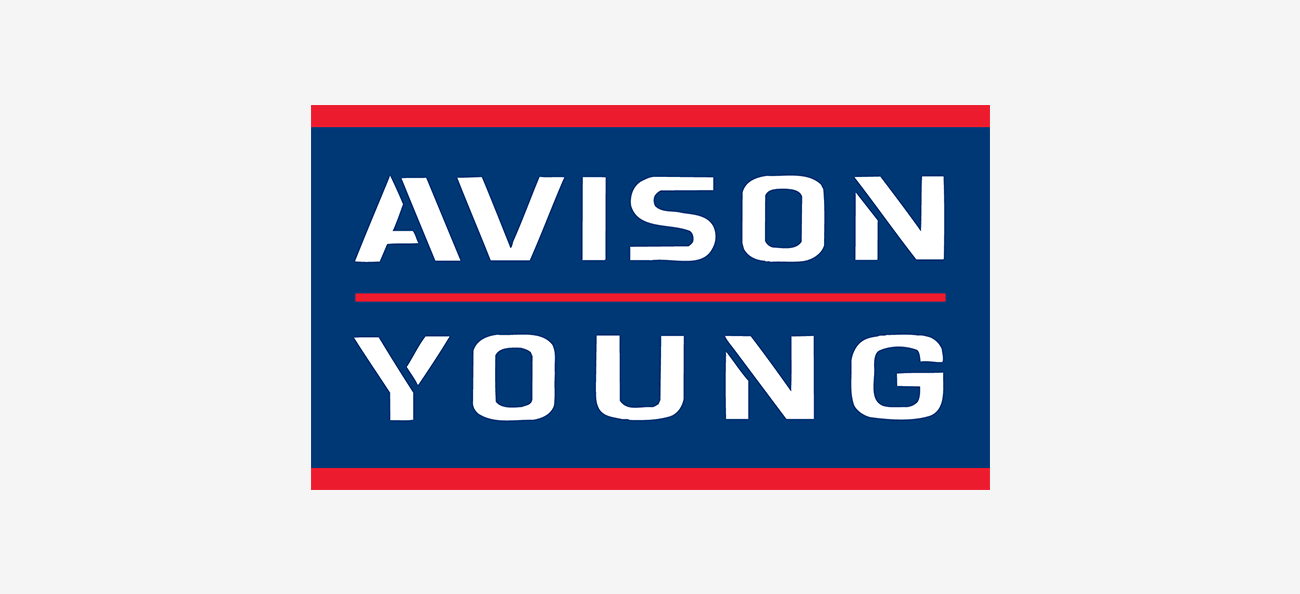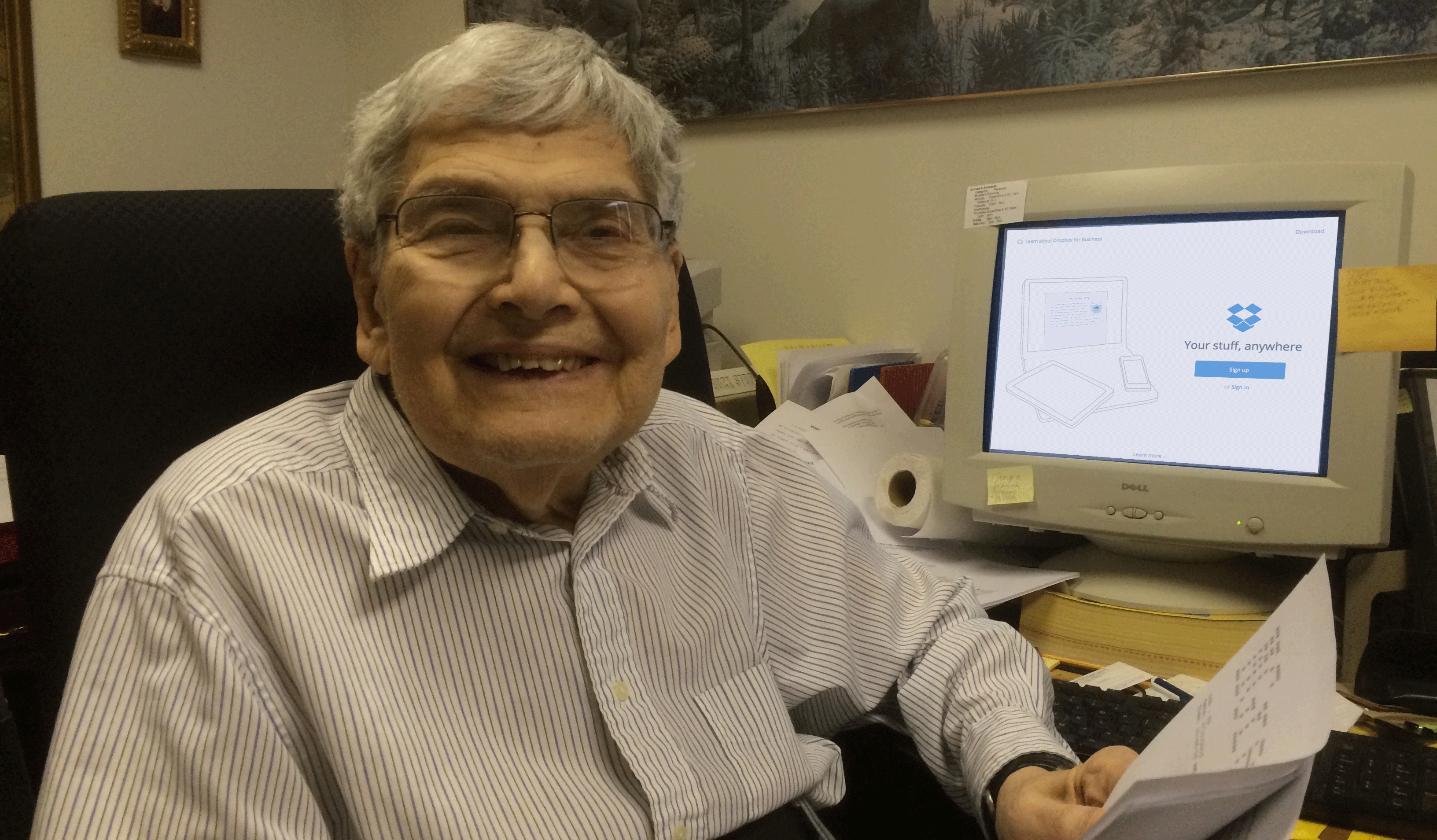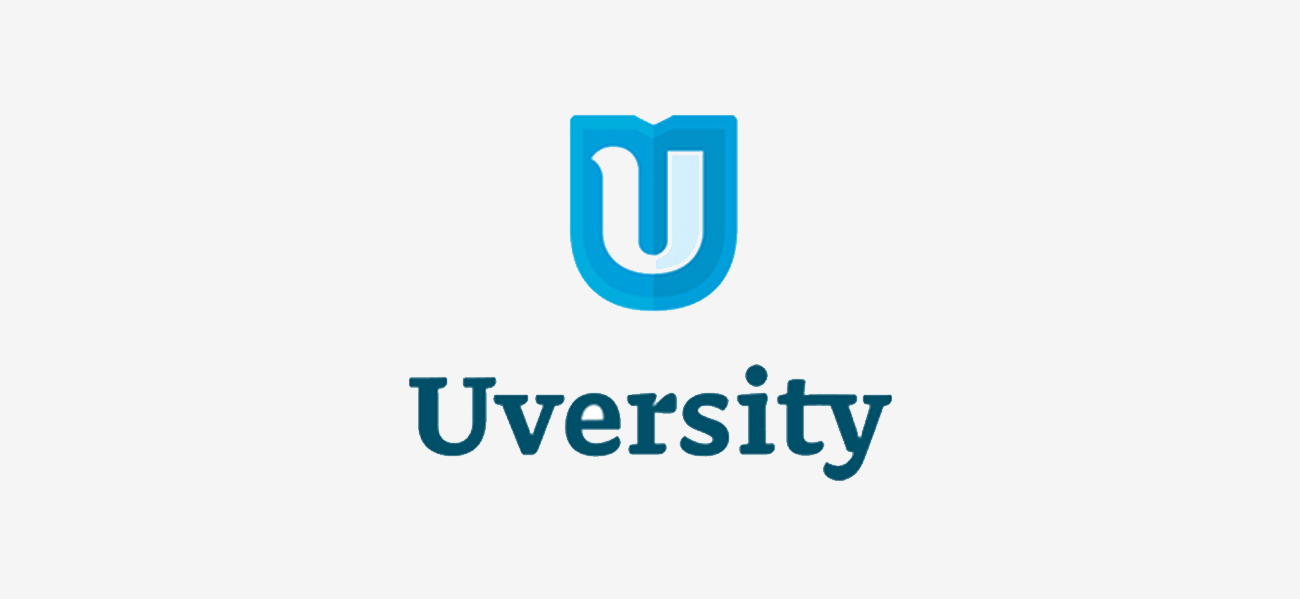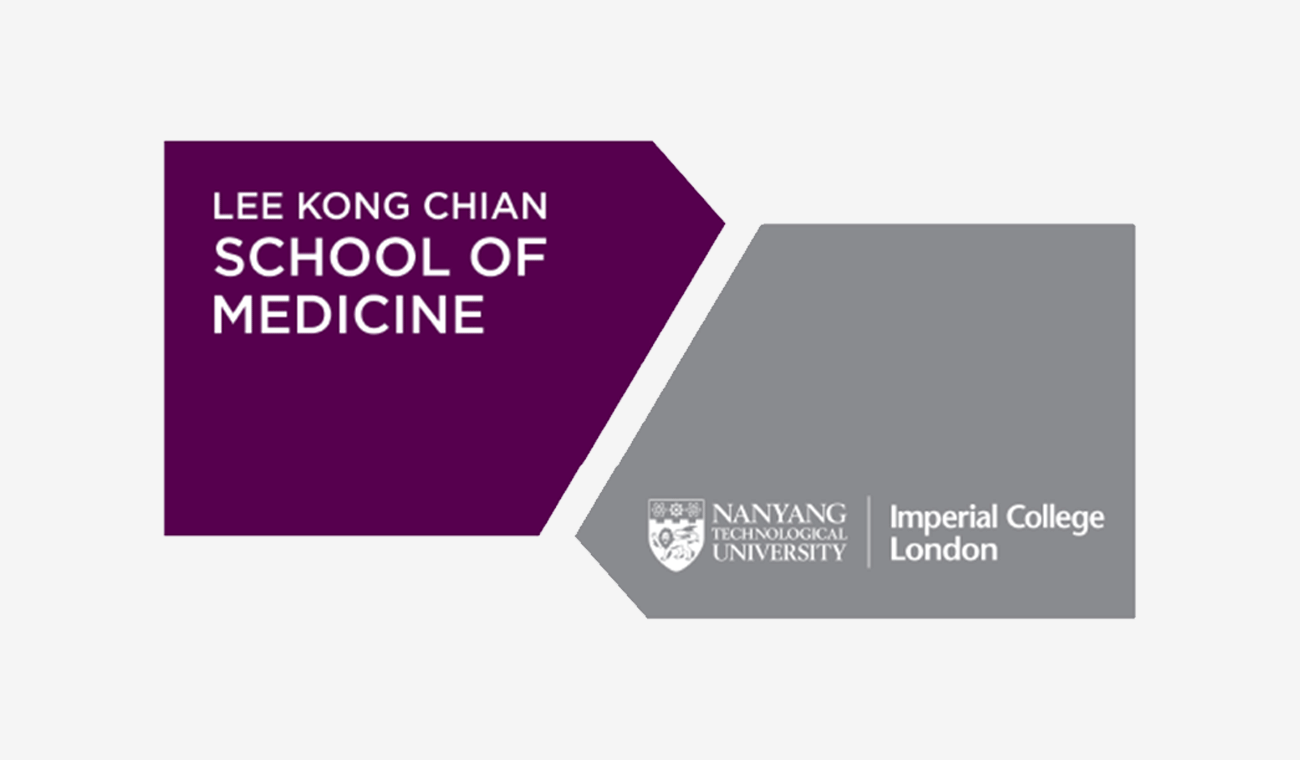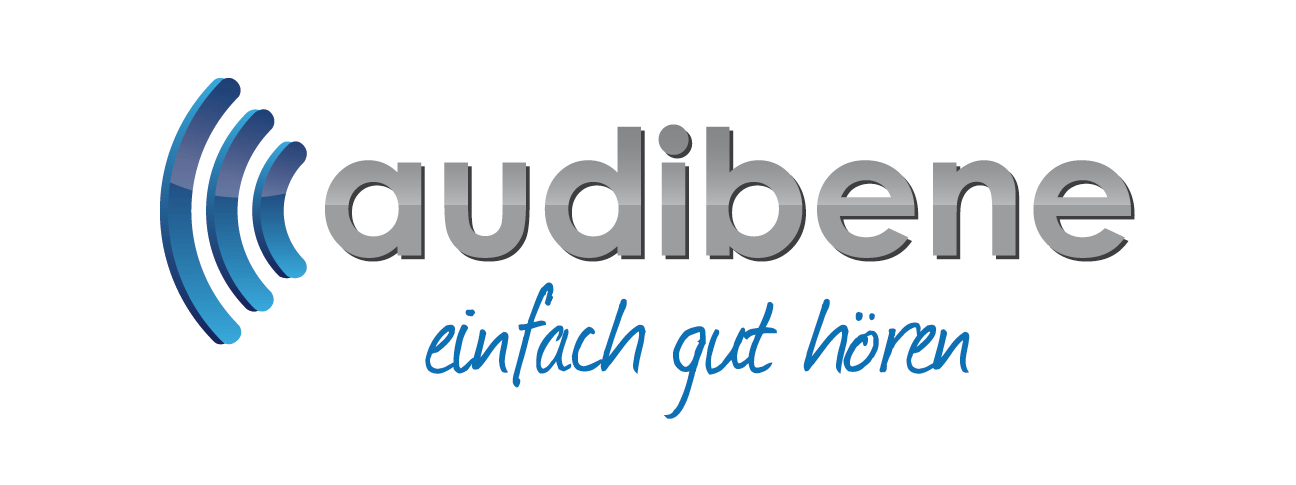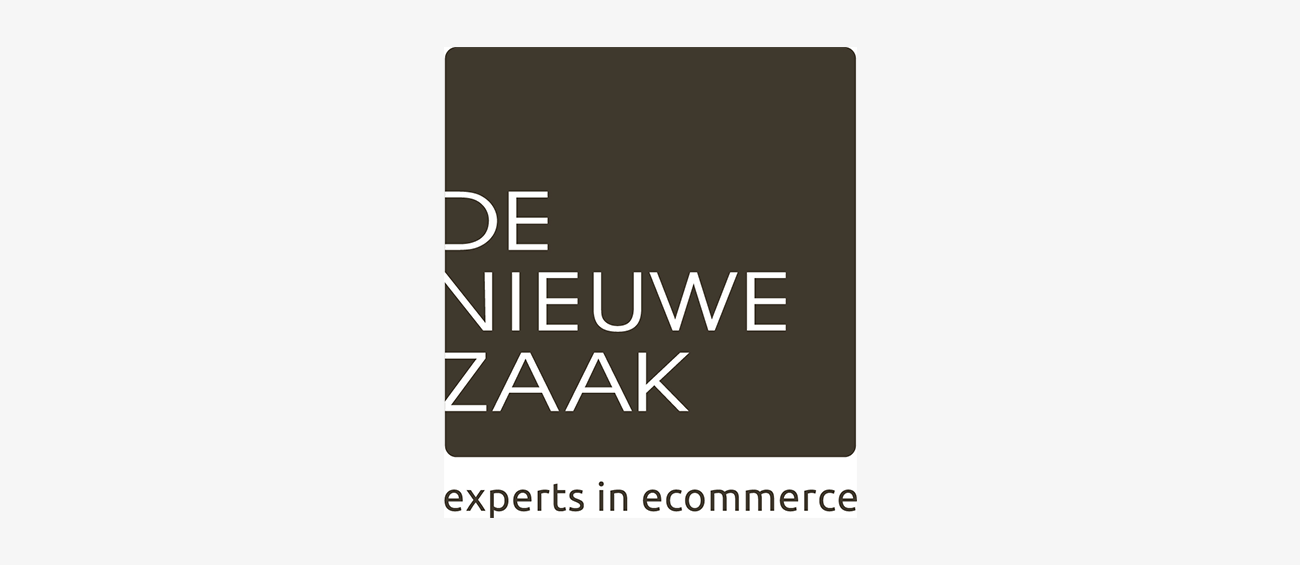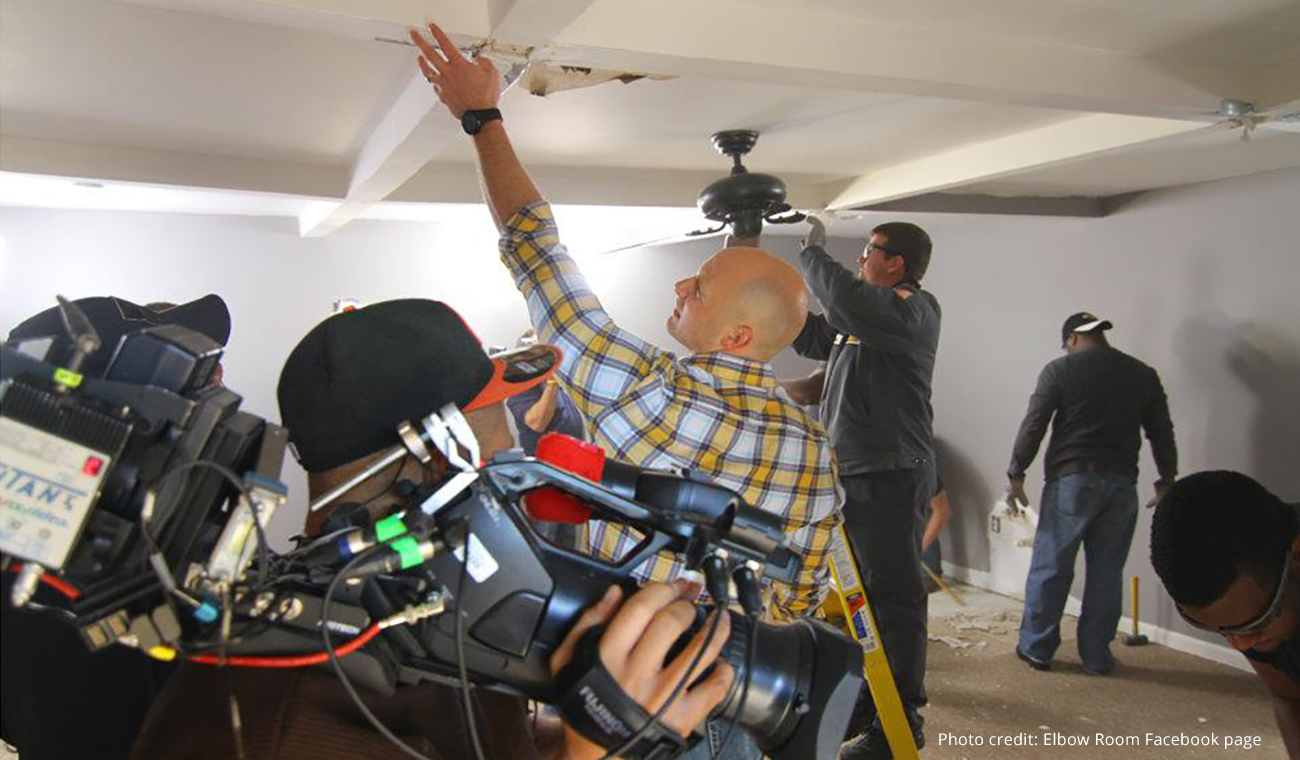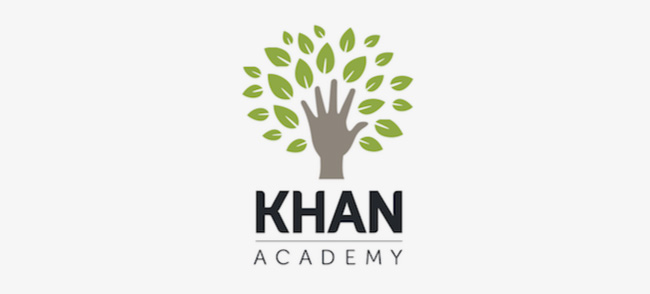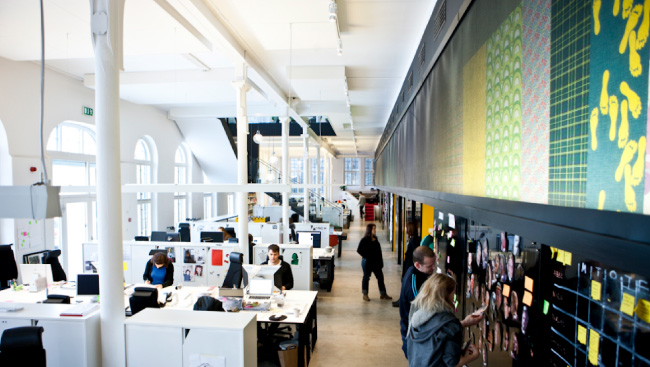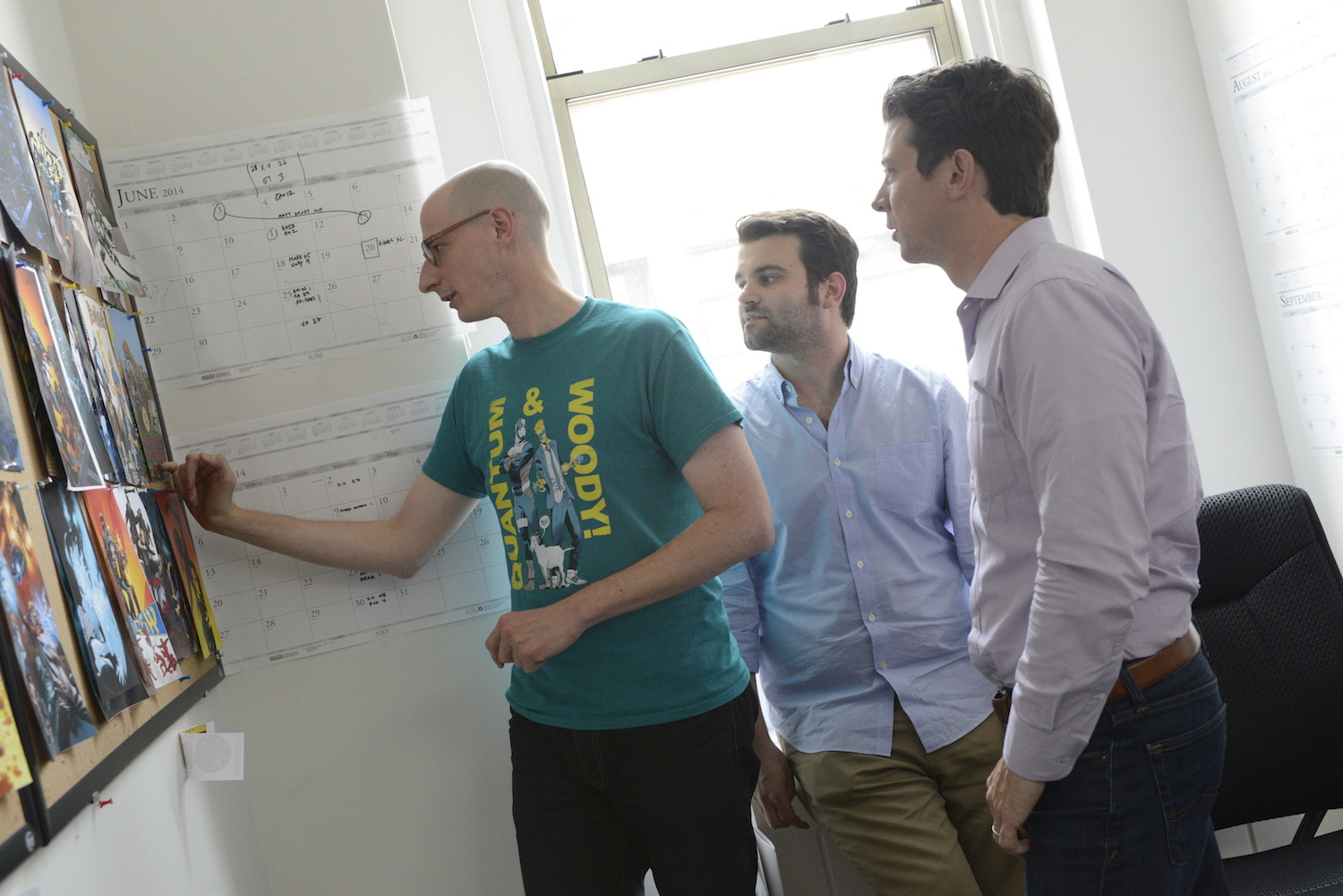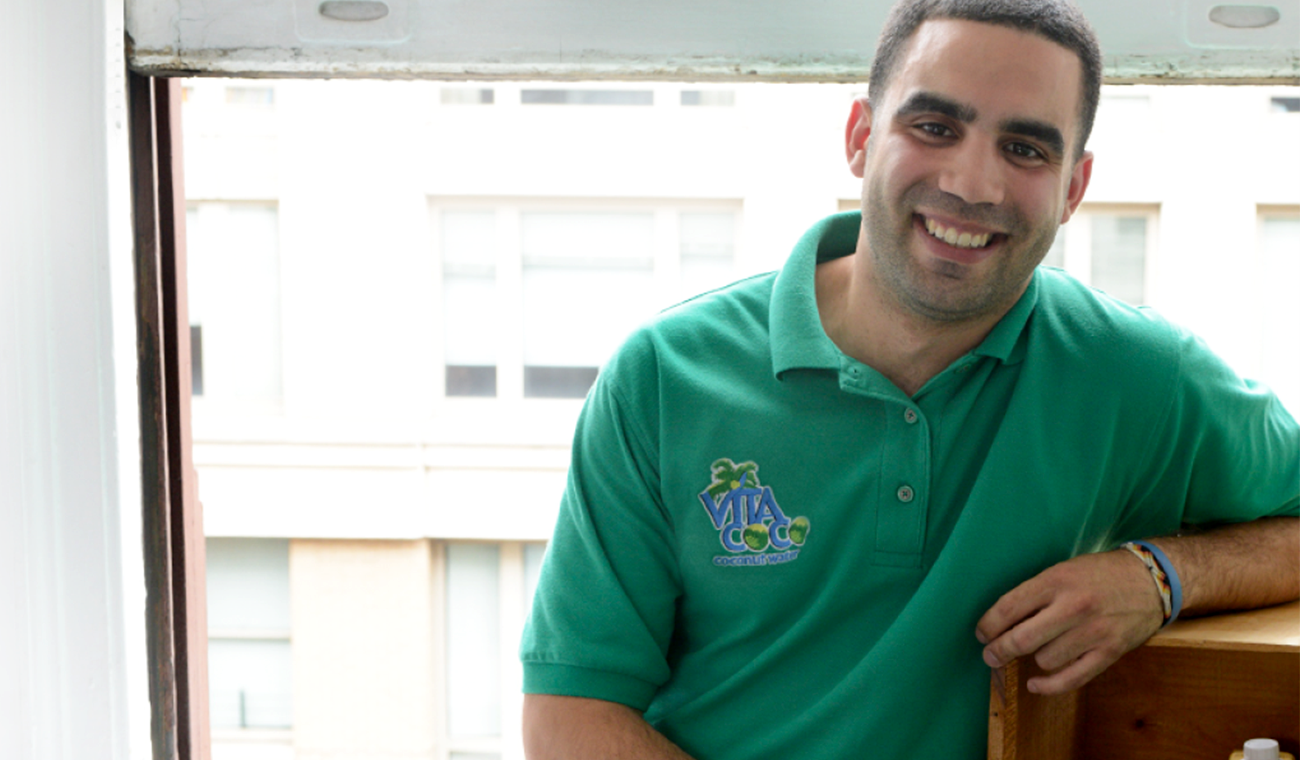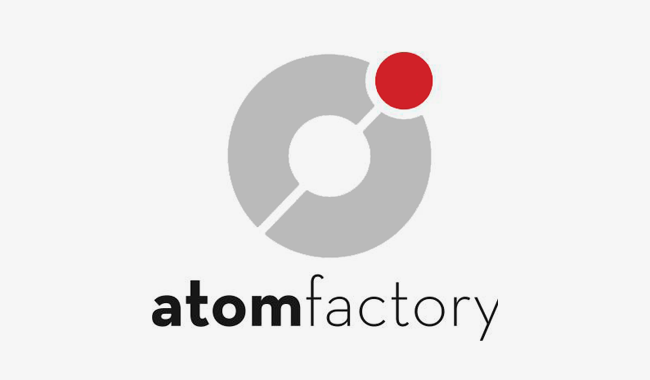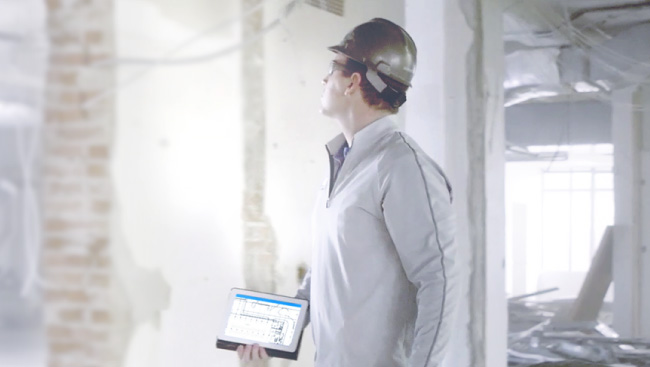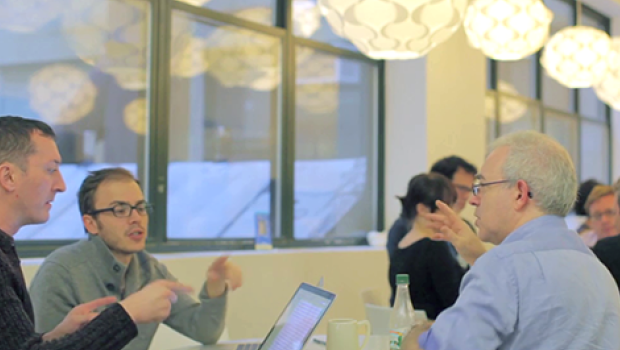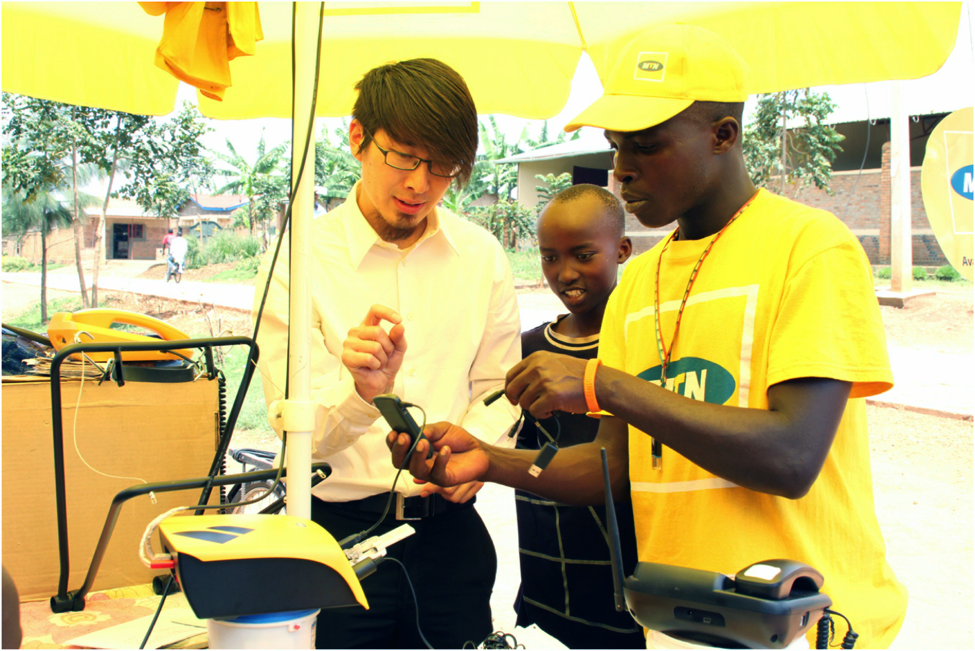
Meet the startup capturing the world’s most overlooked greenhouse emissions
Published on January 09, 2025
To fight climate change, Recoolit is destroying hidden pollutants and turning them into carbon credits with Dropbox.
In Southeast Asia’s urban centers, where air conditioners hum on every corner, a hidden climate threat is brewing. Older cooling systems, especially those using refrigerants like R-22, leak gases that trap up to 10,000 times more heat than carbon dioxide. Despite the staggering potency of these gases, they’re barely a blip in climate conversations. Without intervention, refrigerants could account for 20% of global warming by 2050. And because their effects peak quickly—within just a few decades—scientists fear they could set off irreversible climate tipping points.
A handful of companies are addressing the problem by acting as refrigerant bounty hunters: They find canisters and tanks of the ozone-depleting fluid in old AC units and refrigerators, then incinerate them, rendering the compounds harmless. But no one is doing what Recoolit does—creating a refrigerant-ending ecosystem in one of the world’s most at-risk regions.
Data scientist Louis Potok co-founded Recoolit in 2020, and since then the company has intercepted enough refrigerants to prevent the equivalent of 1497.79 tons of CO₂ from reaching the atmosphere. With nearly 10 times that amount ready for destruction, the effort has already generated high-quality carbon credits that companies are snapping up to meet their climate goals responsibly.
“You don’t need a whole new workforce. It’s just one simple, proven intervention point that needs to be incentivized.”
Each refrigerant cylinder collected requires a chain of approvals—from technicians to transporters to facility managers. Dropbox Sign ensures Recoolit’s small team can handle this complex web of sign-offs efficiently, keeping the mission on track.
The road hasn’t been smooth—regulatory hurdles, logistical headaches, and cultural challenges abound—but Potok remains undeterred.
“Important things are rarely easy, right? Like, what else are you going to do?” Potok says, then laughs. “Sorry. That’s not a very inspirational quote.”
Yet it resonates—especially when you see the lengths Potok has gone to bring Recoolit to where it is now.
A global problem with a local start
Potok first learned about refrigerants in 2019 when he came across Drawdown: The Most Comprehensive Plan Ever Proposed to Reverse Global Warming. The book, written by “an international coalition of researchers, professionals, and scientists” and edited by entrepreneur and activist Paul Hawken, lists solutions to the 100 biggest climate-change issues. Potok had been looking for a way to transition out of tech to work on high-impact environmental problems, and here was a vetted (and ranked) roadmap. He figured he would go down the list and work on the first under-addressed issue.
Refrigeration came in at #1.
“A great irony of global warming is that the means of keeping cool make warming worse,” writes Nobel Prize-winning chemist Mario José Molina-Pasquel Henriquez in the section. But, it continues, if the world adopted better refrigerant management practices, 87% of refrigerants could be contained by 2050, preventing emissions equaling 89.7 gigatons of CO₂.
According to Drawdown, capturing refrigerants and converting them into harmless compounds through incineration is the best way to do this. ”It is costly and technical,” Molina-Pasquel Henriquez allows, “but it needs to become standard practice.”

Surely a problem with this huge of a global payoff had champions. But when Potok looked for companies that were trying to mitigate refrigerants’ effects, he found next to nothing.
“Why is this not happening?” he recalls wondering. “What am I missing?”
There were 99 more problems, but he couldn’t get past one.
Potok created a Dropbox folder to organize all his research. It was helpful, he says, “having a sensible place to put things, being able to find things no matter how well I'd organized them before, being able to pull things in from different sources [and] share them out to other people I was working with.”
The more he learned, and the more people he spoke to, the more he was convinced this issue could be solved. Potok quit his job in San Francisco and moved to Cambodia. It made sense to set up shop in Southeast Asia: Phasing out R-22 is delayed there, and AC use is set to explode. (There will be 475 million AC units in the region by 2050, according to the International Energy Agency—up from 37 million units in 2023.)
“No amount of thinking and planning could have prepared me for the reality,” he says now. “I just had to go do it.”
From research to reality
In Cambodia, Potok tested the feasibility of his idea, visiting scrapyards to trace the lifecycle of refrigerants. Most of the gas, he found, had already leaked into the atmosphere before reaching the scrapyard. Realizing the problem needed to be addressed earlier in the chain, he shifted focus to individual AC technicians—the people who handle refrigerants directly. Before he could build out this new model, the pandemic forced him back to the U.S., giving him time to recalibrate. By the time he returned to Southeast Asia in May 2021—this time to Indonesia—Recoolit’s model was ready for a real-world rollout.
By supporting local technicians in this process, Recoolit has created a scalable, practical solution to the world’s top climate-change issue. It’s one Potok hopes will replicate across the globe.
“You don’t need a whole new workforce,” Potok says. “It’s just one simple, proven intervention point that needs to be incentivized.”
The team’s first refrigerant capture in 2021 and subsequent destruction ceremony in 2022 marked pivotal milestones.
“Until then, it felt like maybe we were just delaying emissions,” Potok recalls. “But when we destroyed that first load of gas, it hit home—we’d really done it.”
"For a small team flying by the seat of our pants, knowing that tools like Dropbox Sign have our back is really, really great."
While capturing refrigerants might seem straightforward, coordinating the complex network behind it is anything but. To convert captured refrigerants into high-quality carbon credits, every step of the process—from initial capture to destruction—needs to be documented, verified, and signed off by multiple parties. Each refrigerant cylinder is a chain of responsibility involving technicians, transport teams, facility managers, and auditors. Ensuring that each link is secure and every step holds up to scrutiny has become one of Recoolit’s primary challenges.
And all this needs to be coordinated across two continents: California, where Recoolit’s strategy is mapped, and Indonesia, where the work happens. Potok’s team needs contracts and templates accessible in the cloud, documents that are organized and secure, and sign-offs that are easy to navigate for everyone involved, whether they’re in an office or on a rooftop in Jakarta. Dropbox Sign has become the backbone for Recoolit’s documentation trail, guaranteeing its right to the carbon credits.
“For a small team flying by the seat of our pants, knowing that tools like Dropbox Sign have our back is really, really great,” says Potok.
It’s also been great for their Indonesian partners. As paper-and-ink signatures are still the norm there, Sign is often the first e-signature tool they’ve encountered. But Sign’s intuitive interface means they don’t need to be tech experts to use it. Now, technicians can capture refrigerants, log the process, and send documentation for immediate sign-off—all before they’ve left a job.
“It’s really about making things as easy as possible, and ensuring there’s no friction at any point along the way,” Potok says.
With plans to replicate Recoolit’s impact across Southeast Asia, India, and beyond, Potok and his team are forming partnerships across multiple sectors—technicians, manufacturers, recyclers, and local governments—to make managing these refrigerants a shared responsibility. Recoolit is fixed on a meaningful goal: removing a billion tons of carbon dioxide from the atmosphere by 2050.
Expanding this network won’t be easy, but Potok remains undaunted.
“I’ve learned to not let big obstacles stop what I think is important,” he says.
 Dropbox Dash: The AI teammate that understands your work
Dropbox Dash: The AI teammate that understands your work

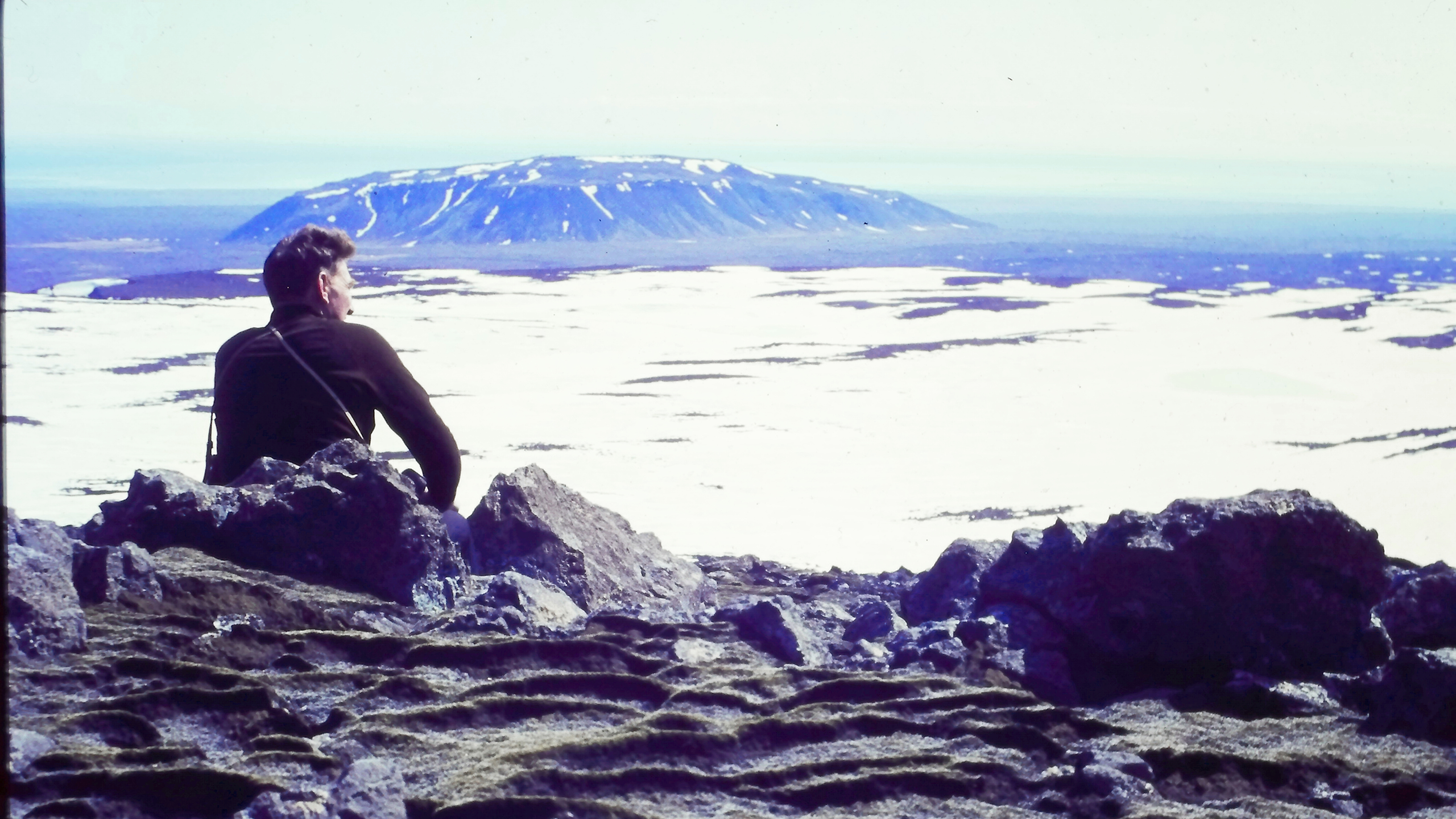



.png/_jcr_content/renditions/hero_square%20(2).webp)








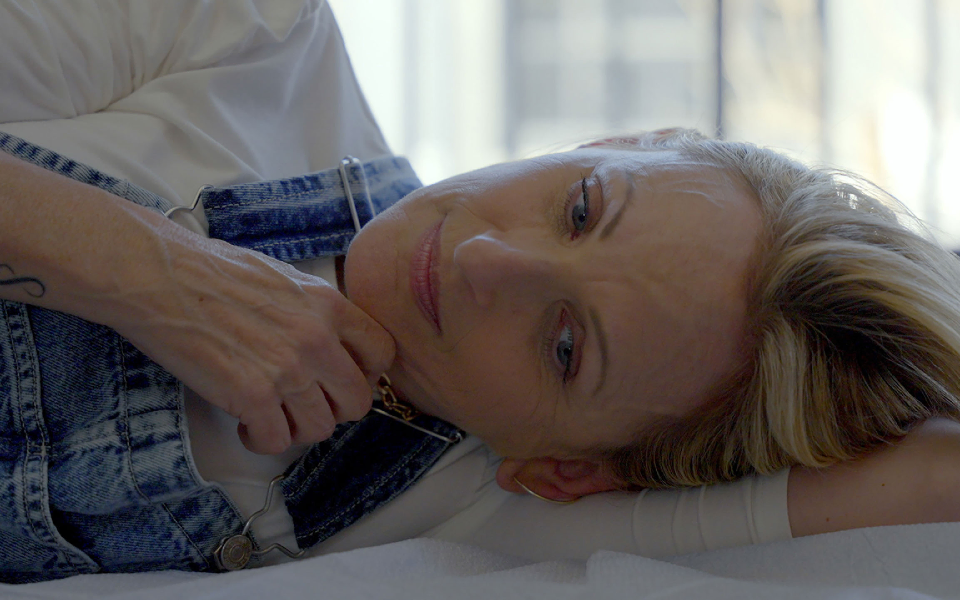





.jpg/_jcr_content/renditions/1200x628%20(5).webp)


